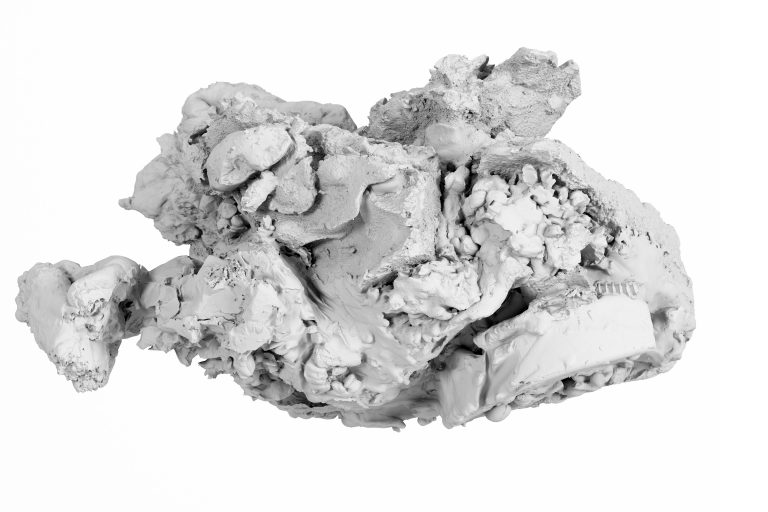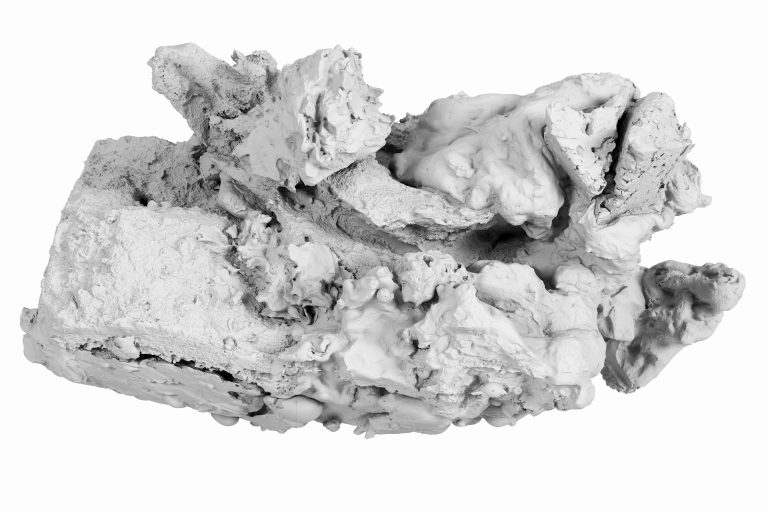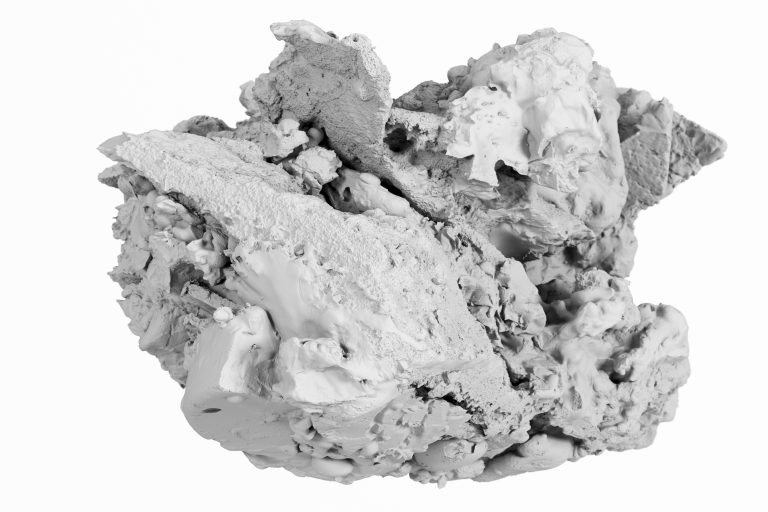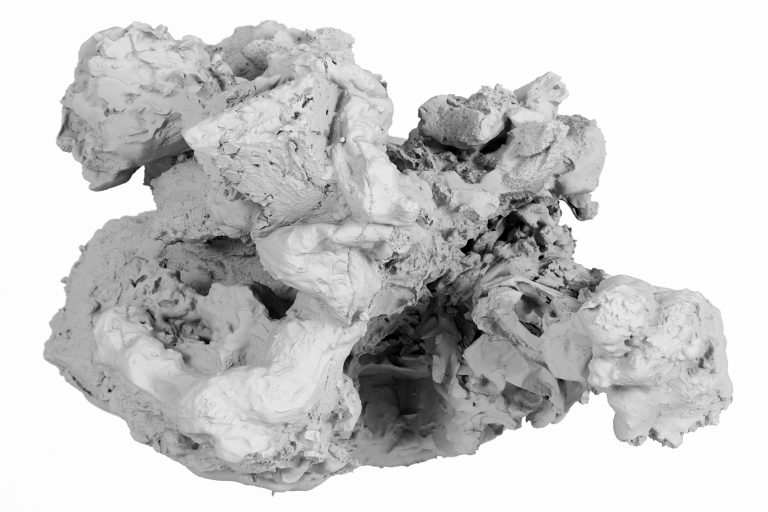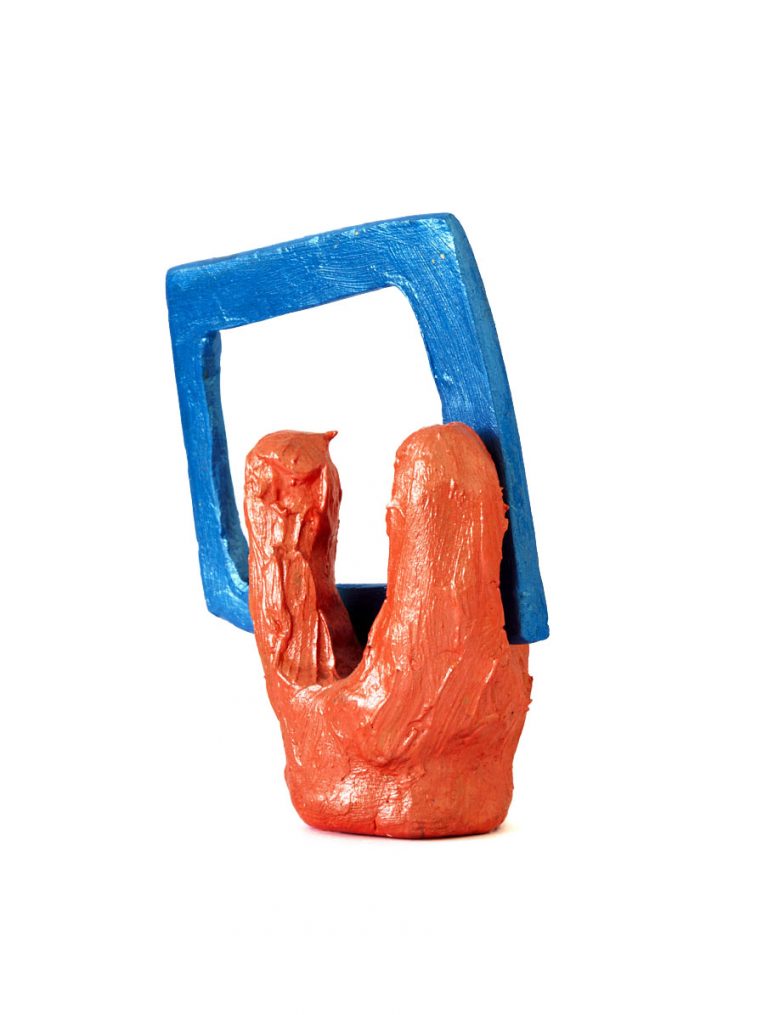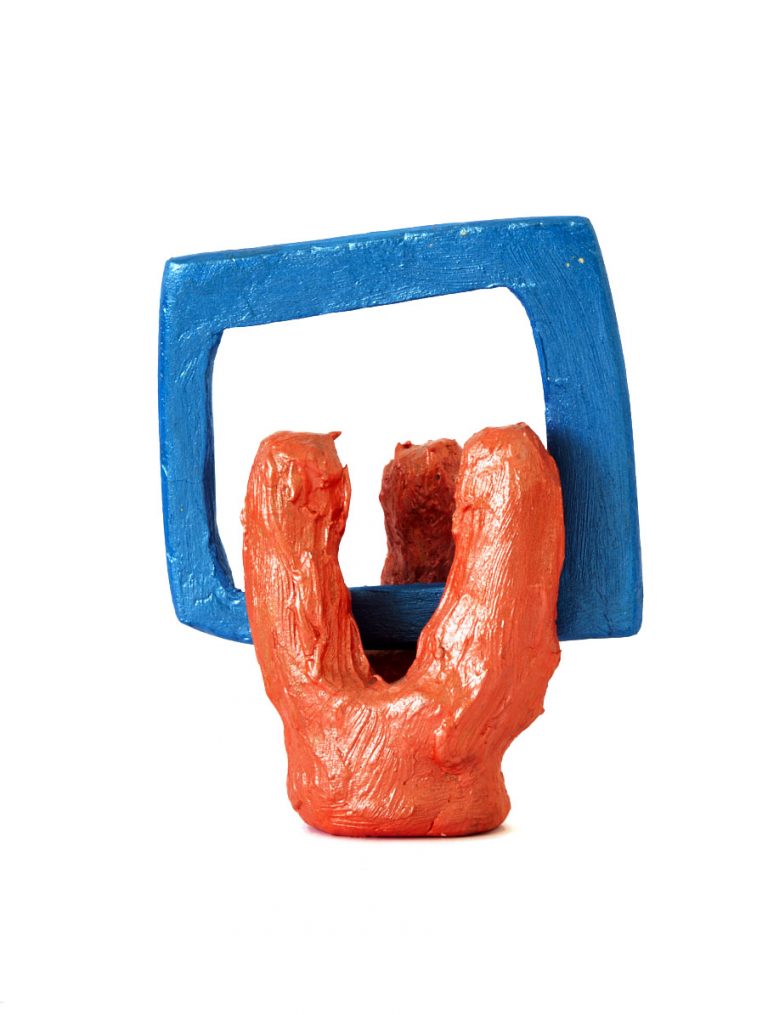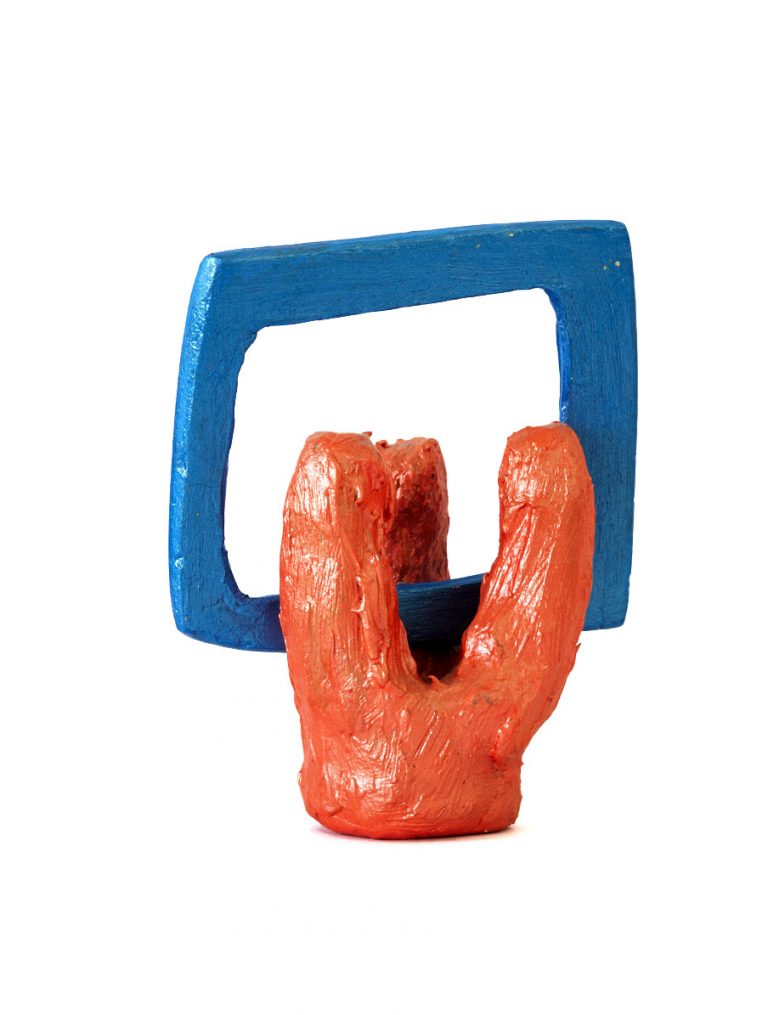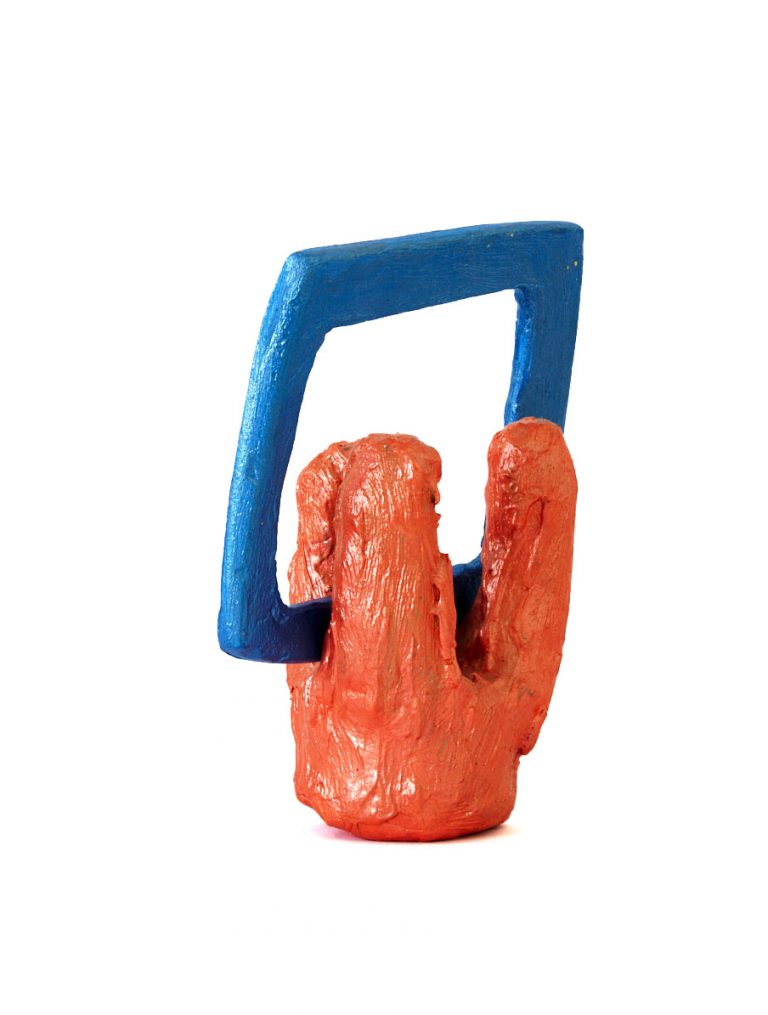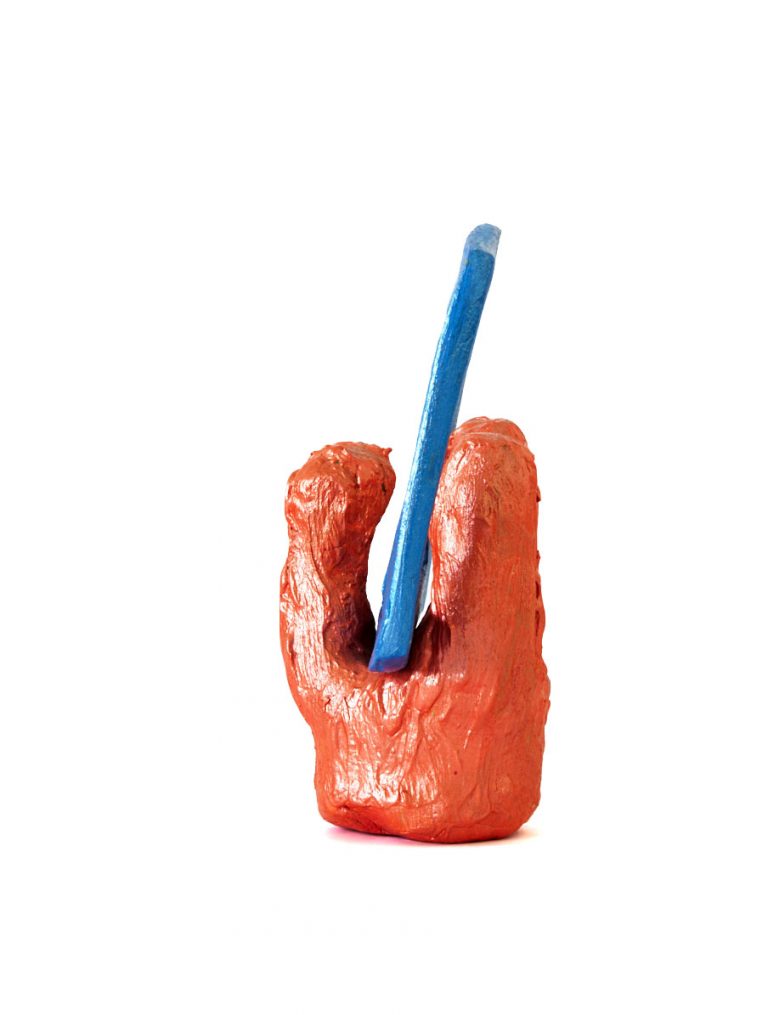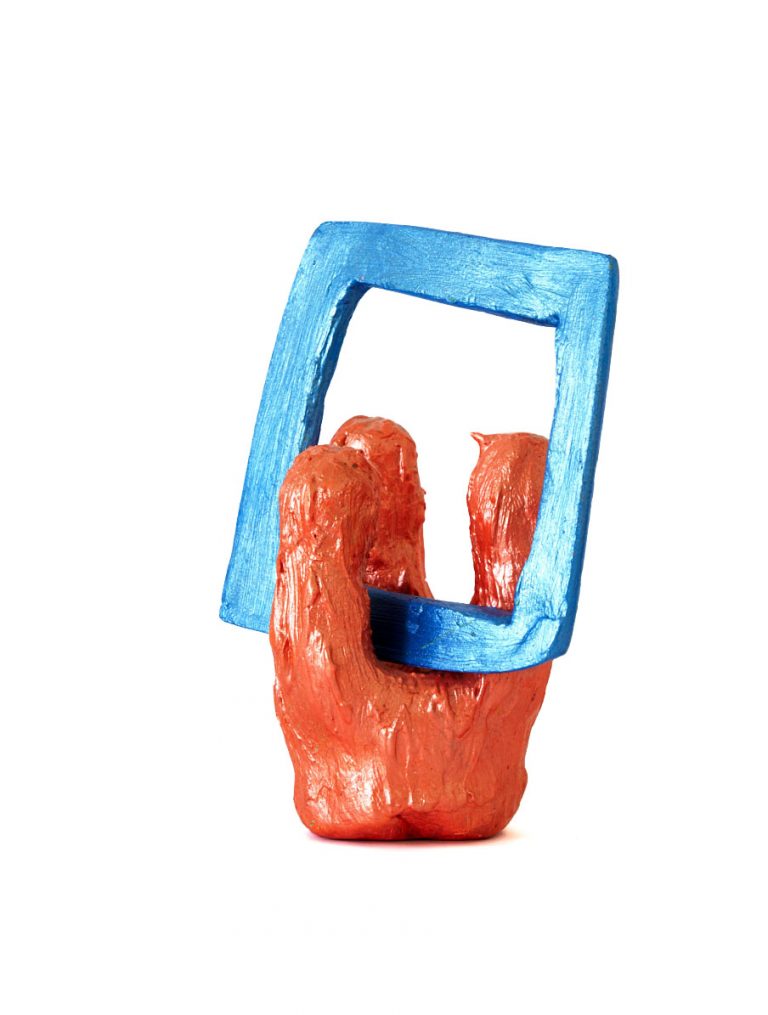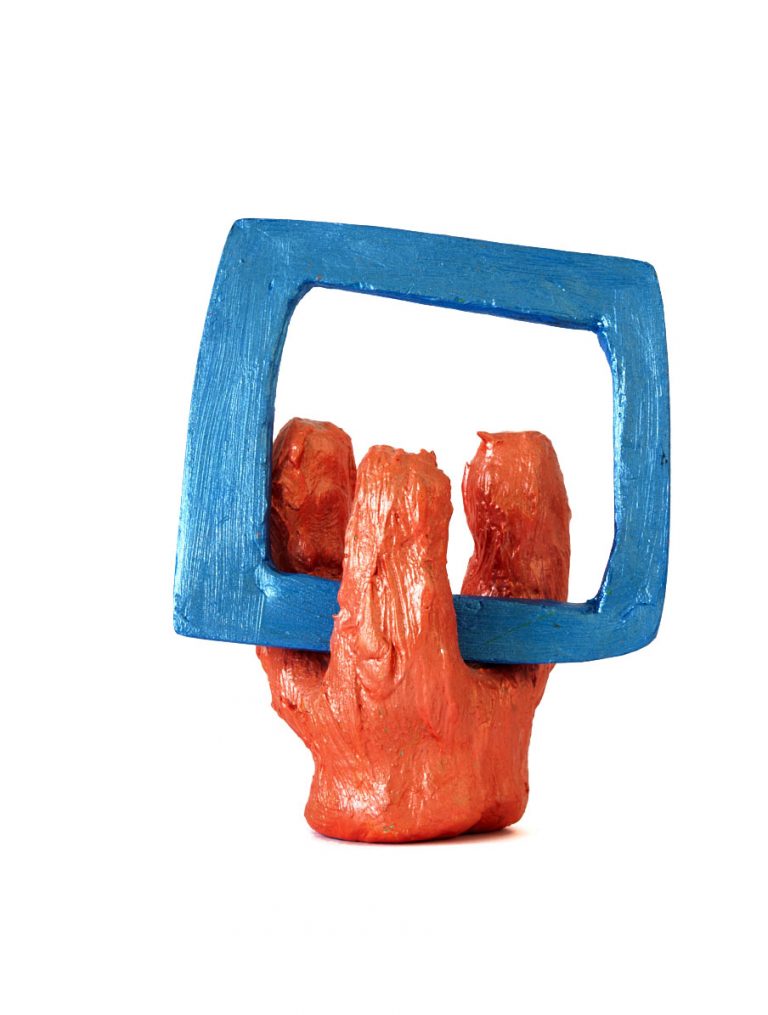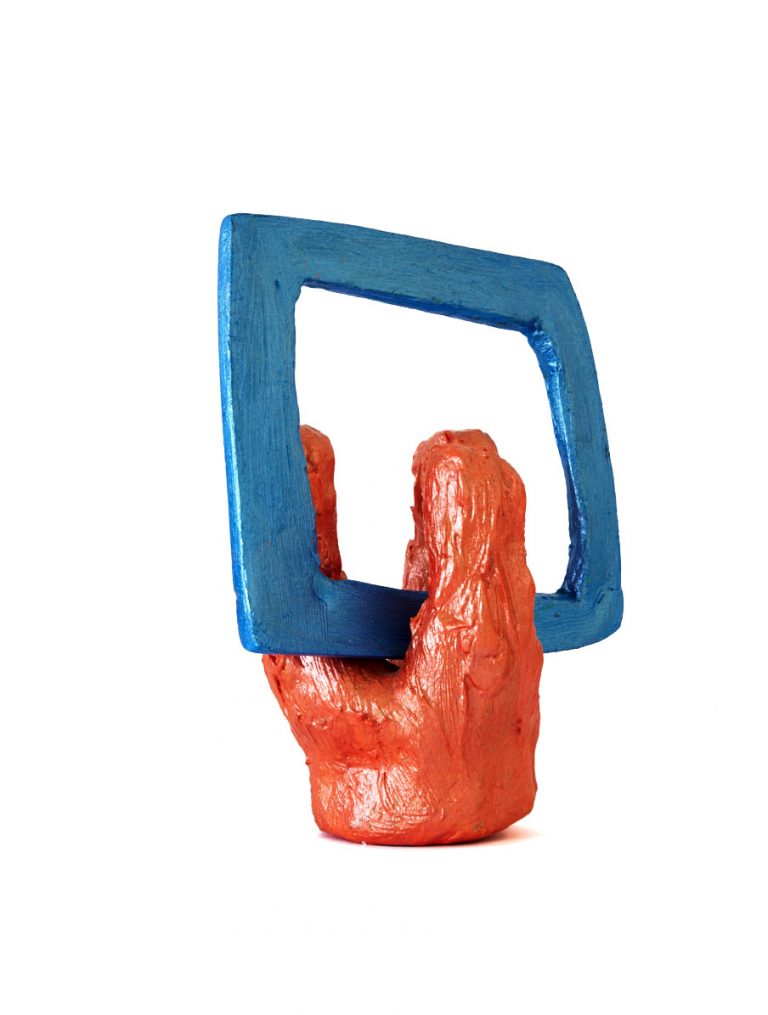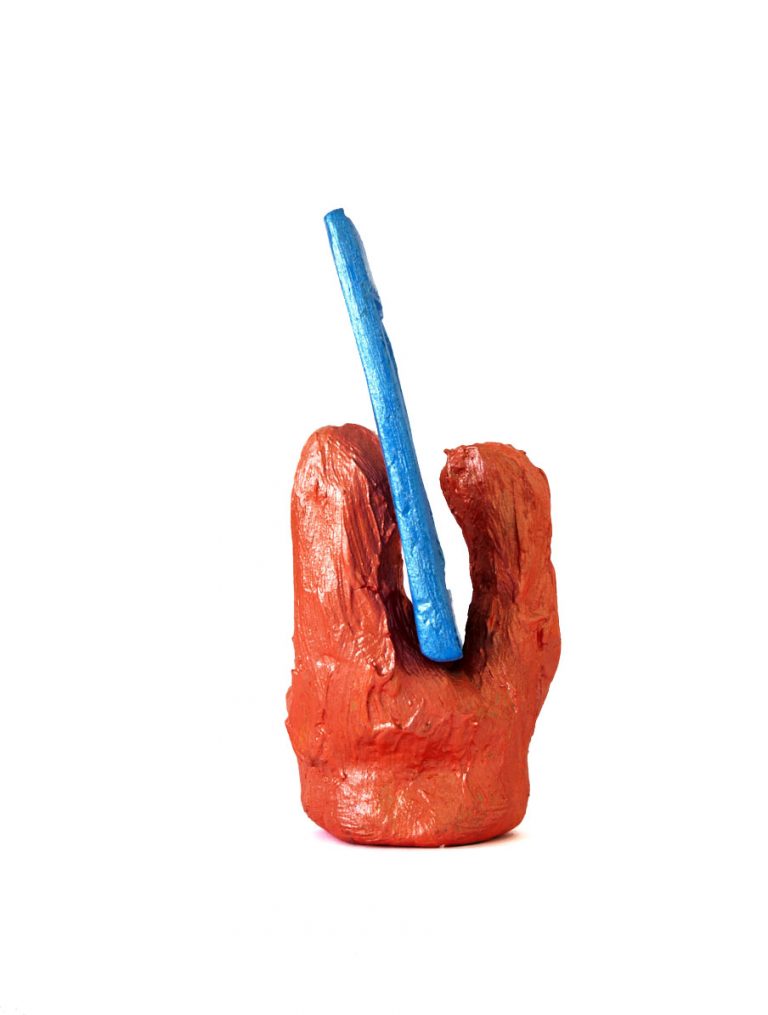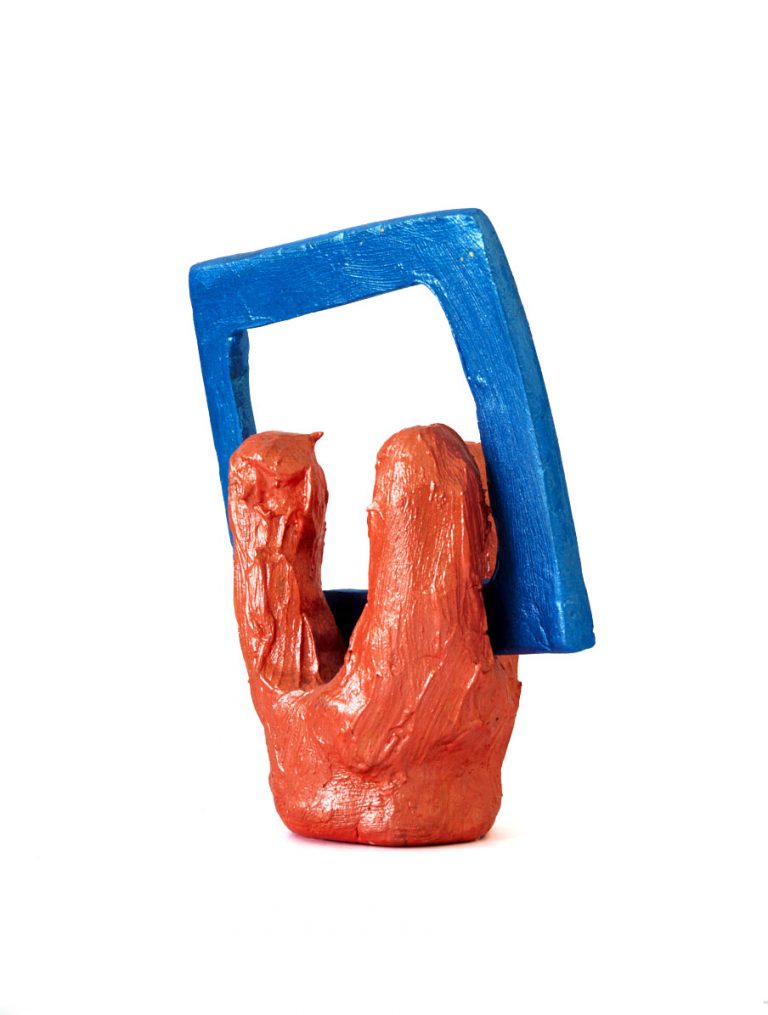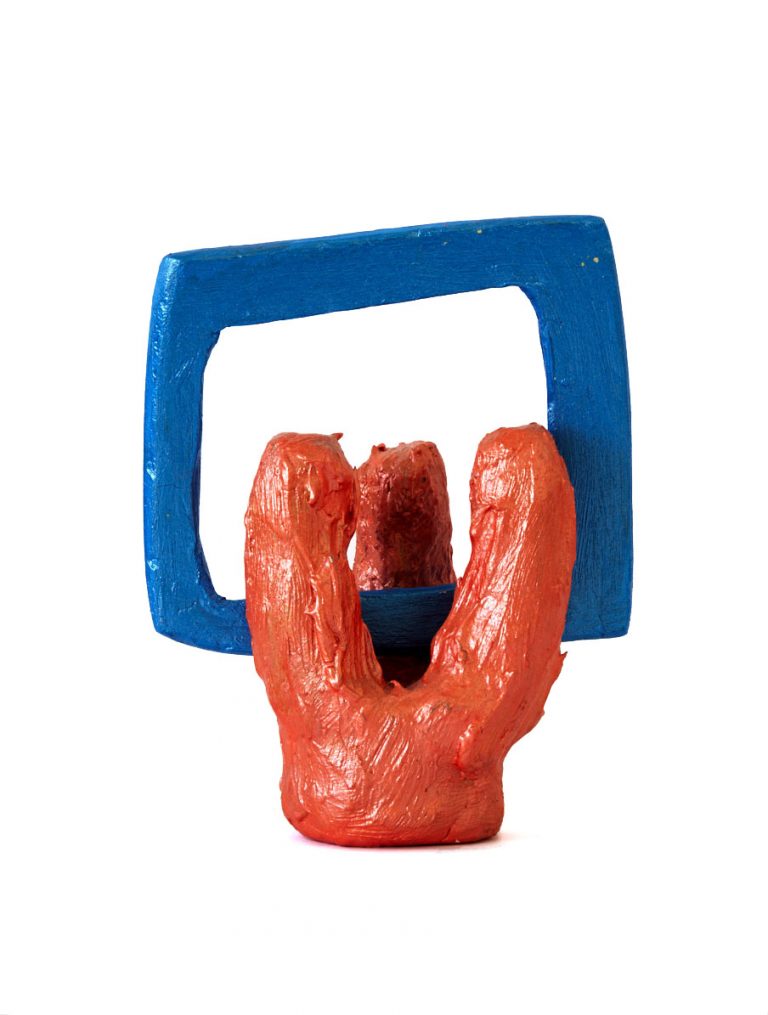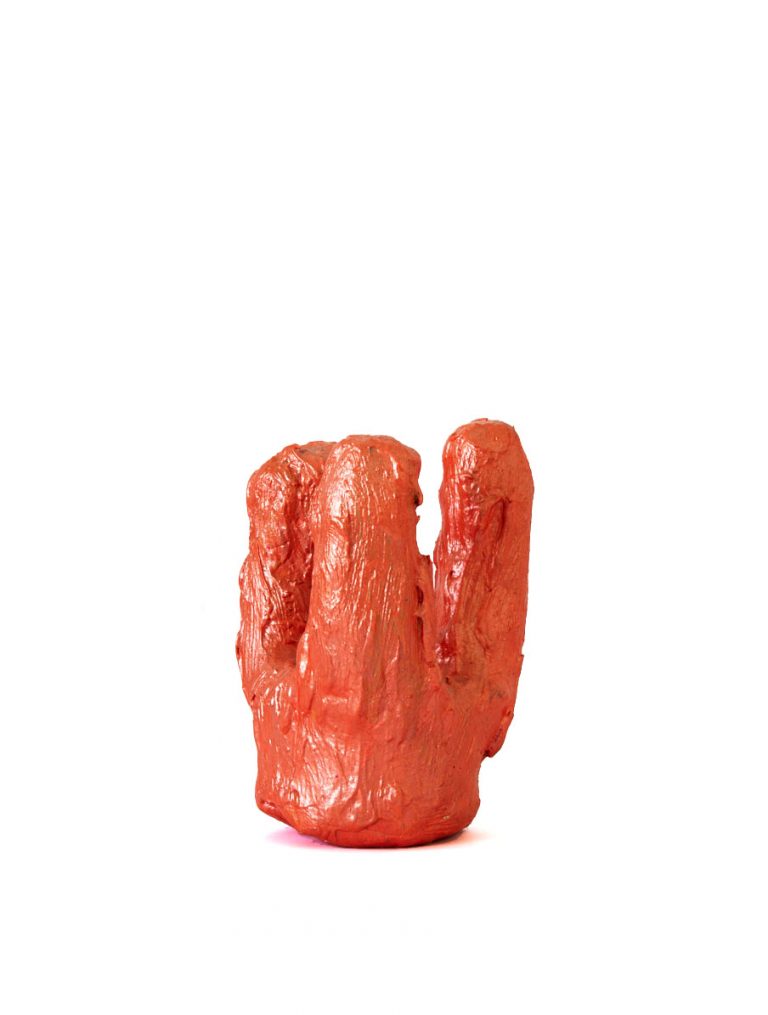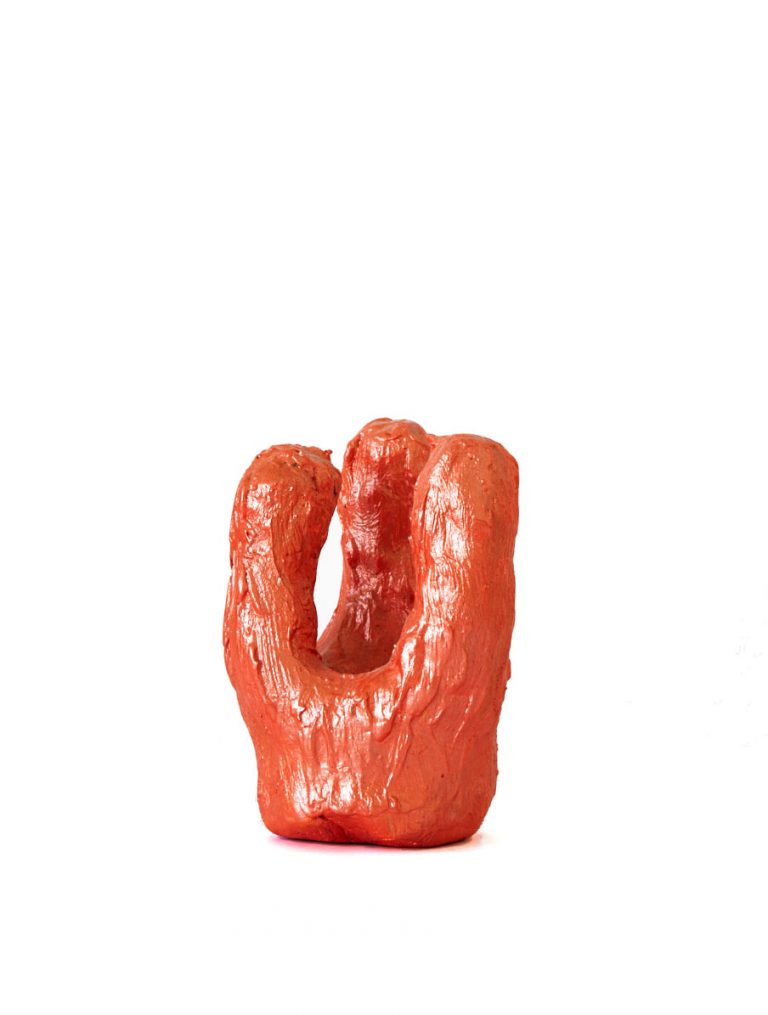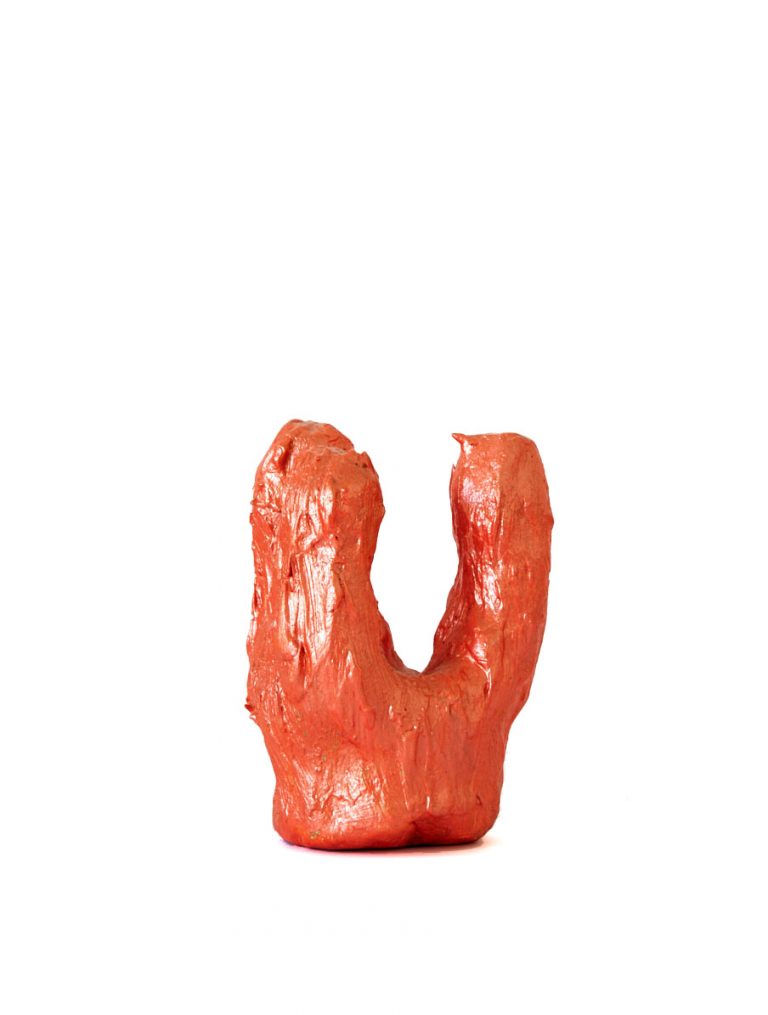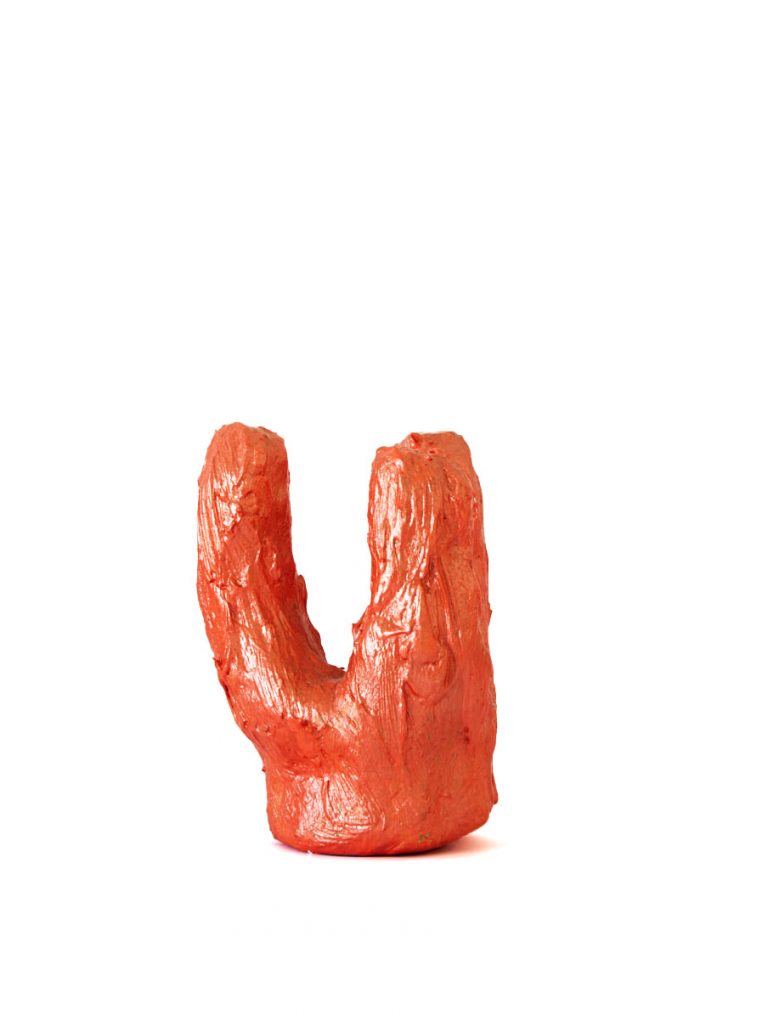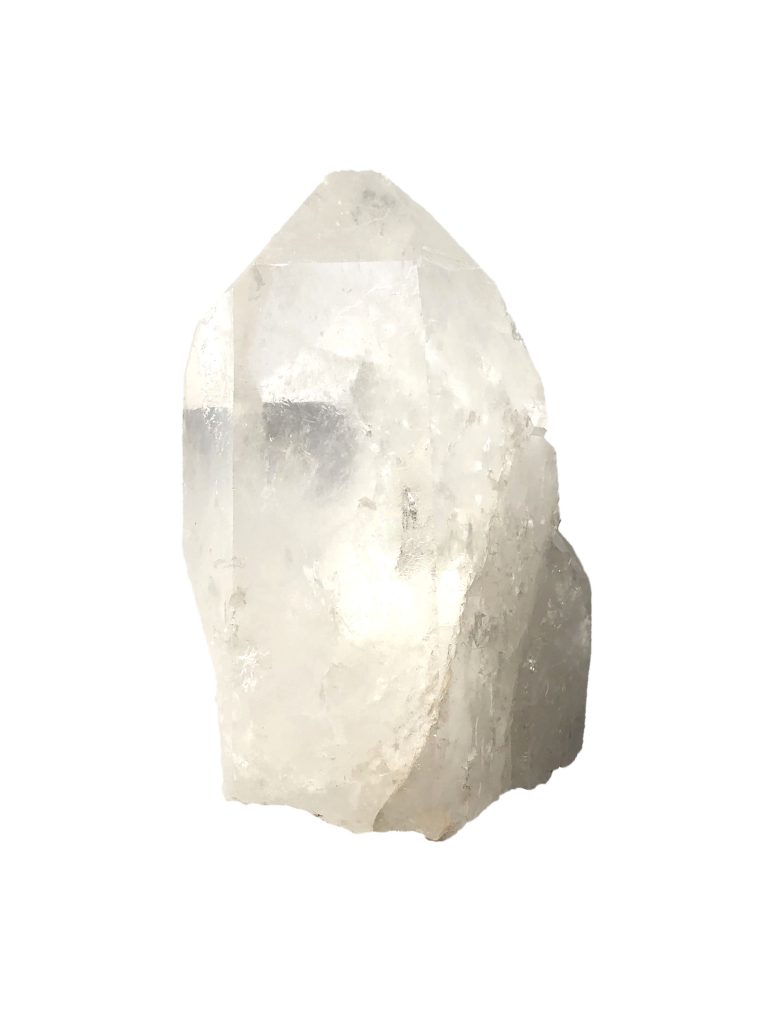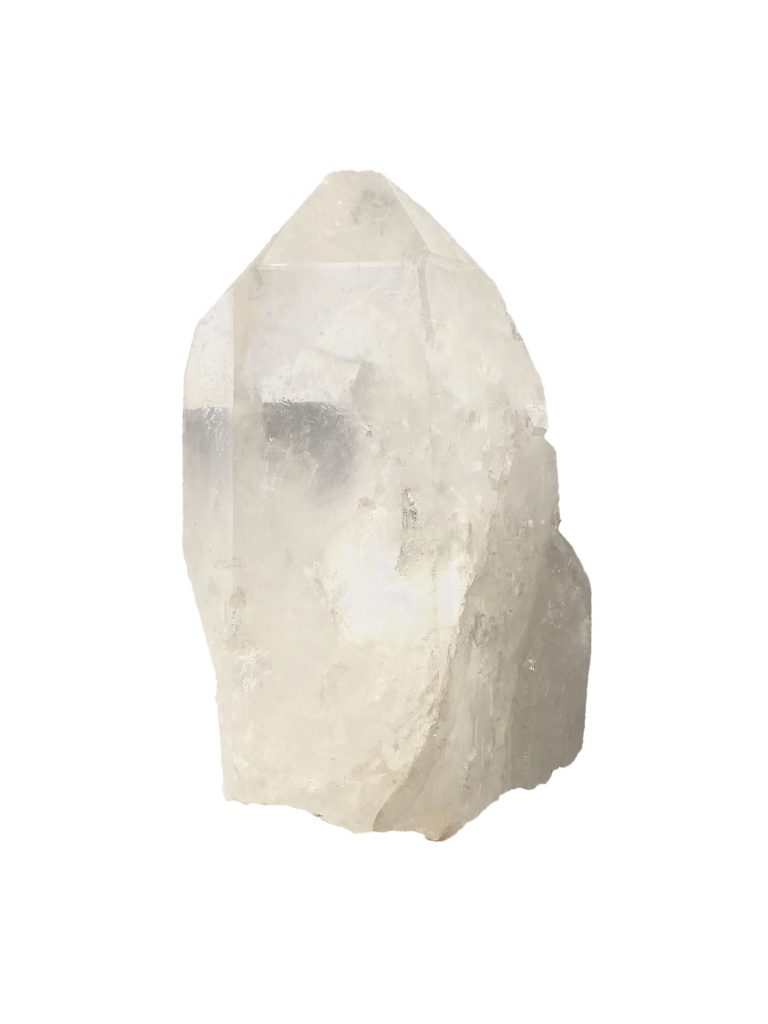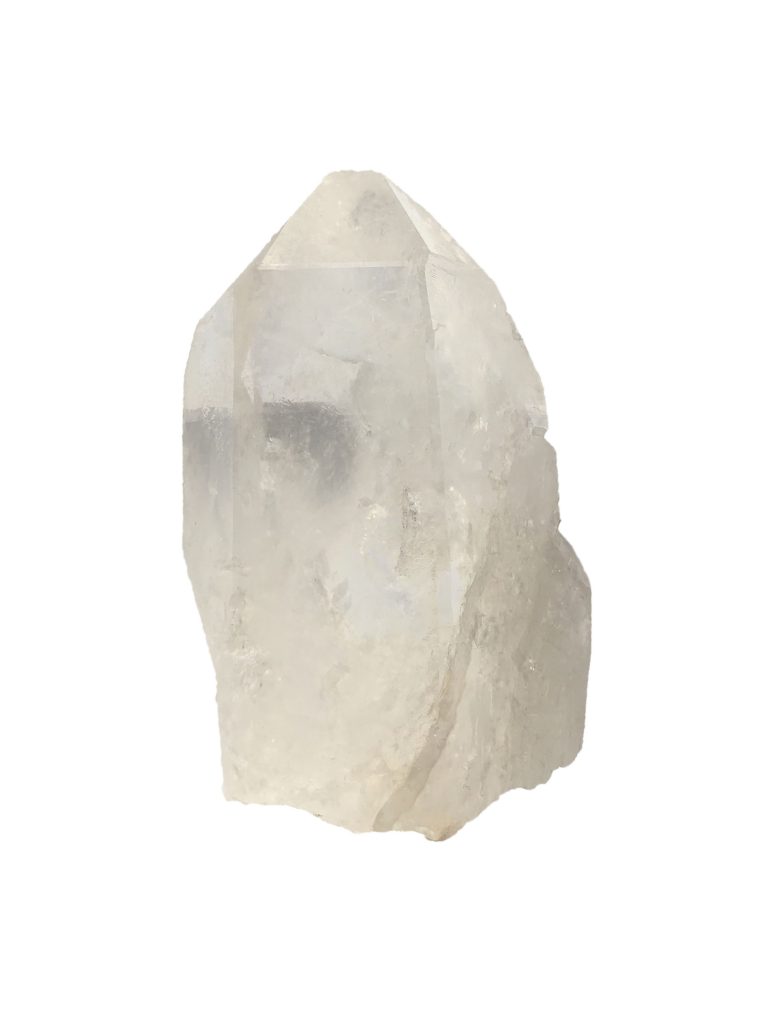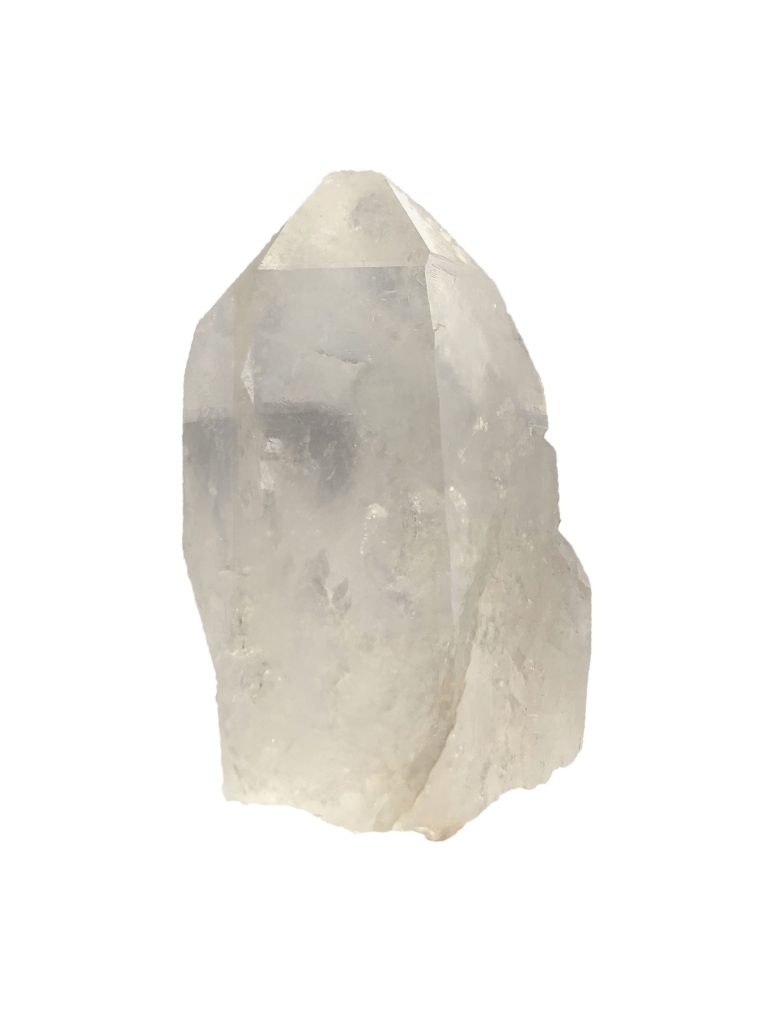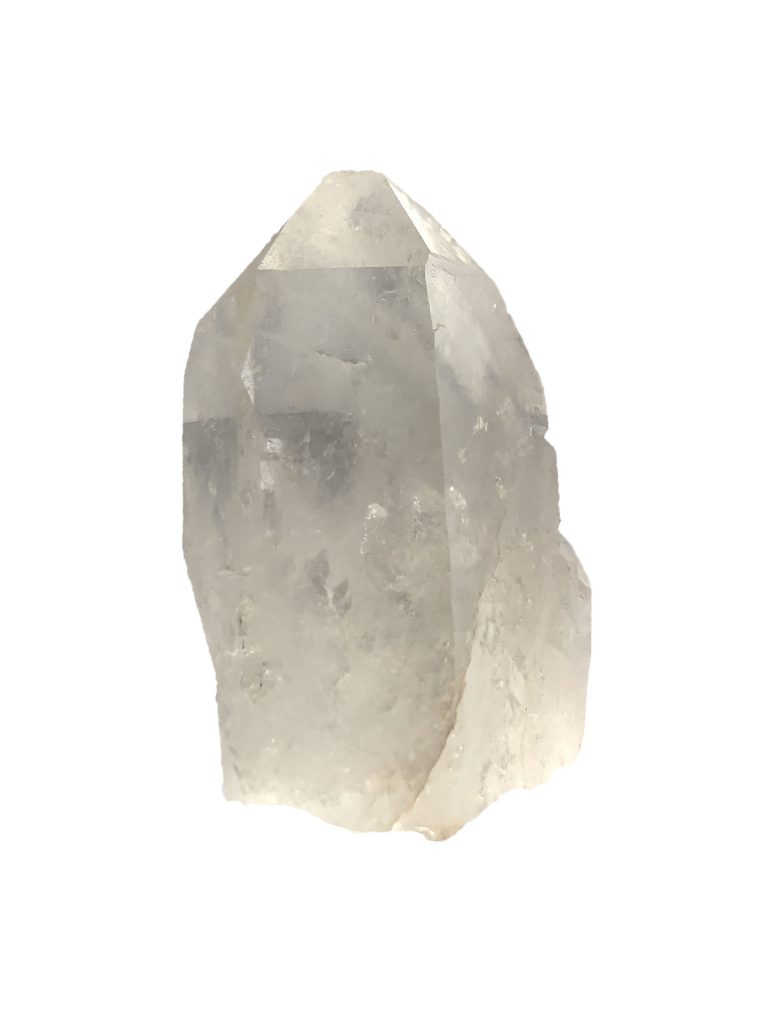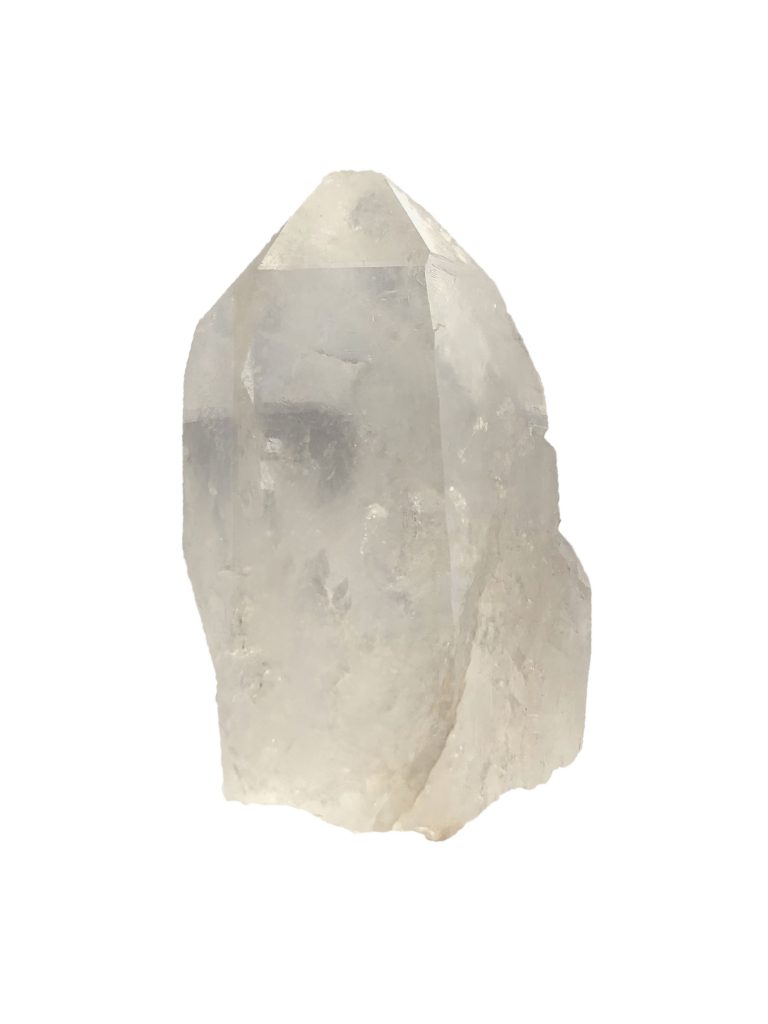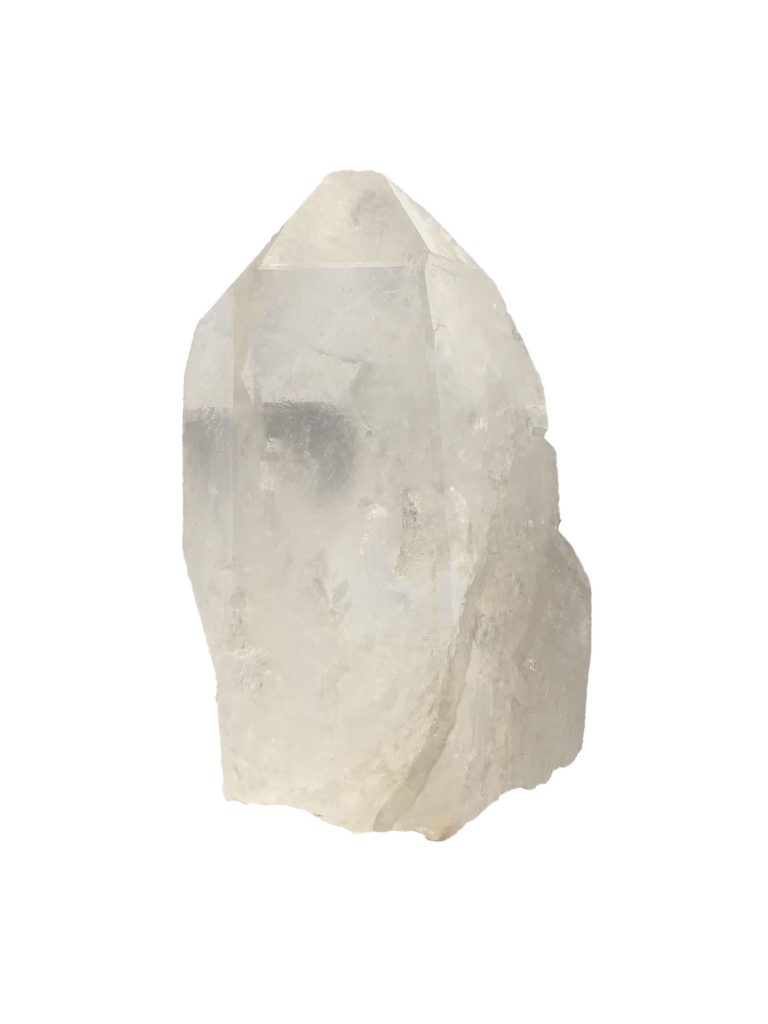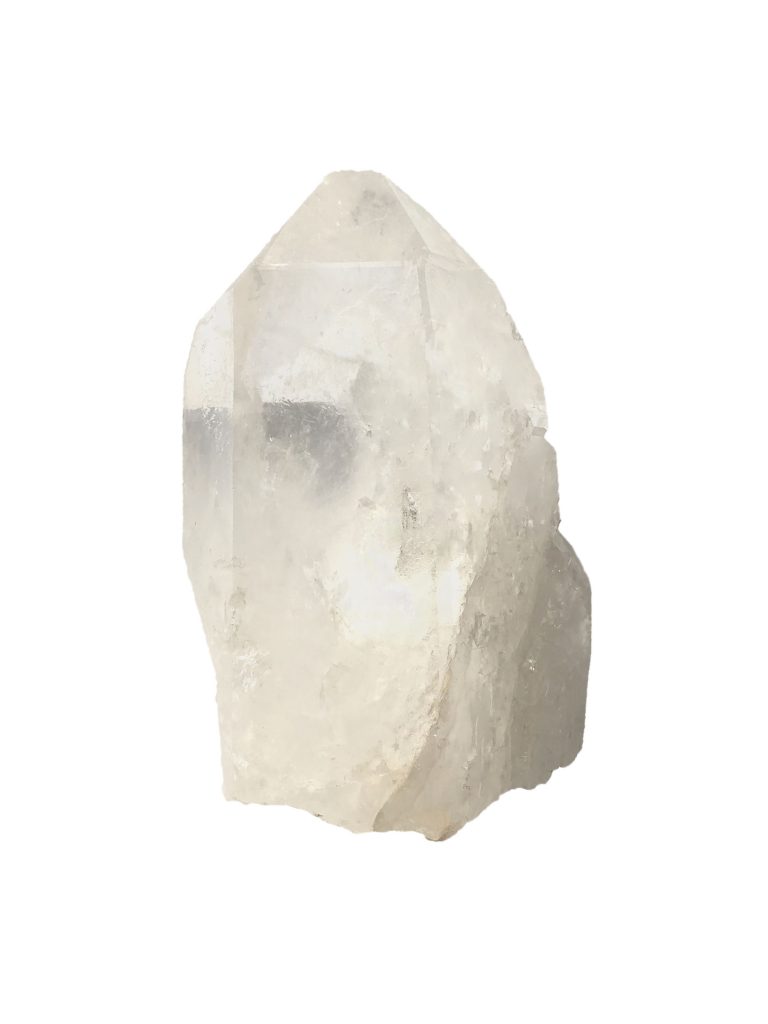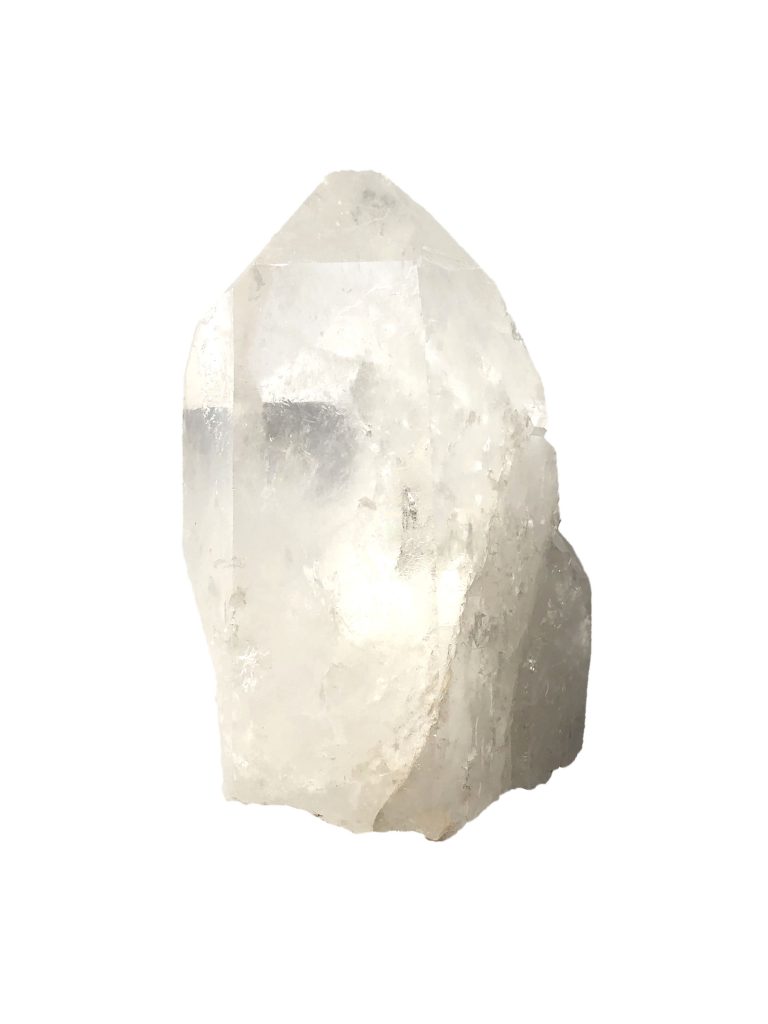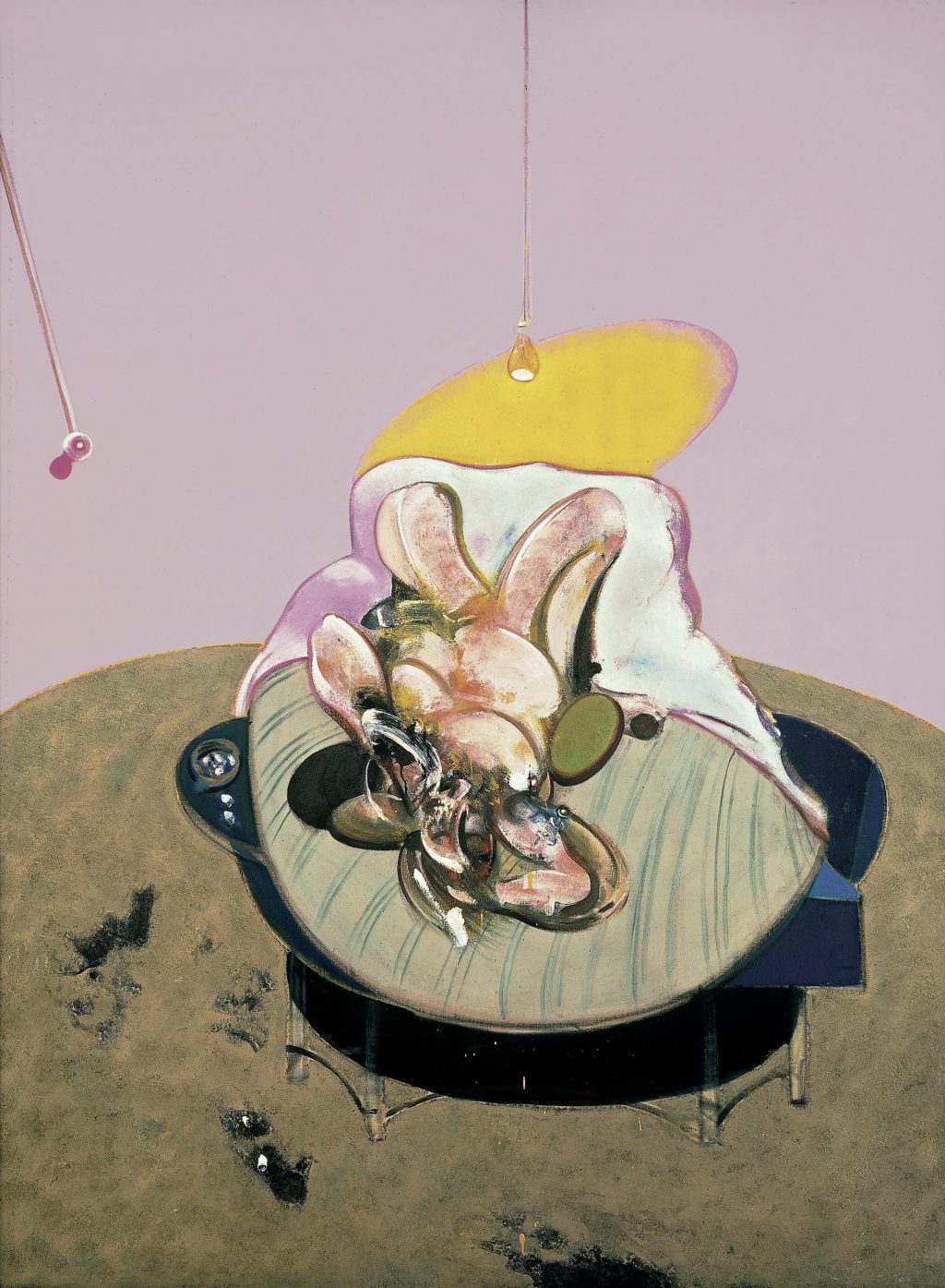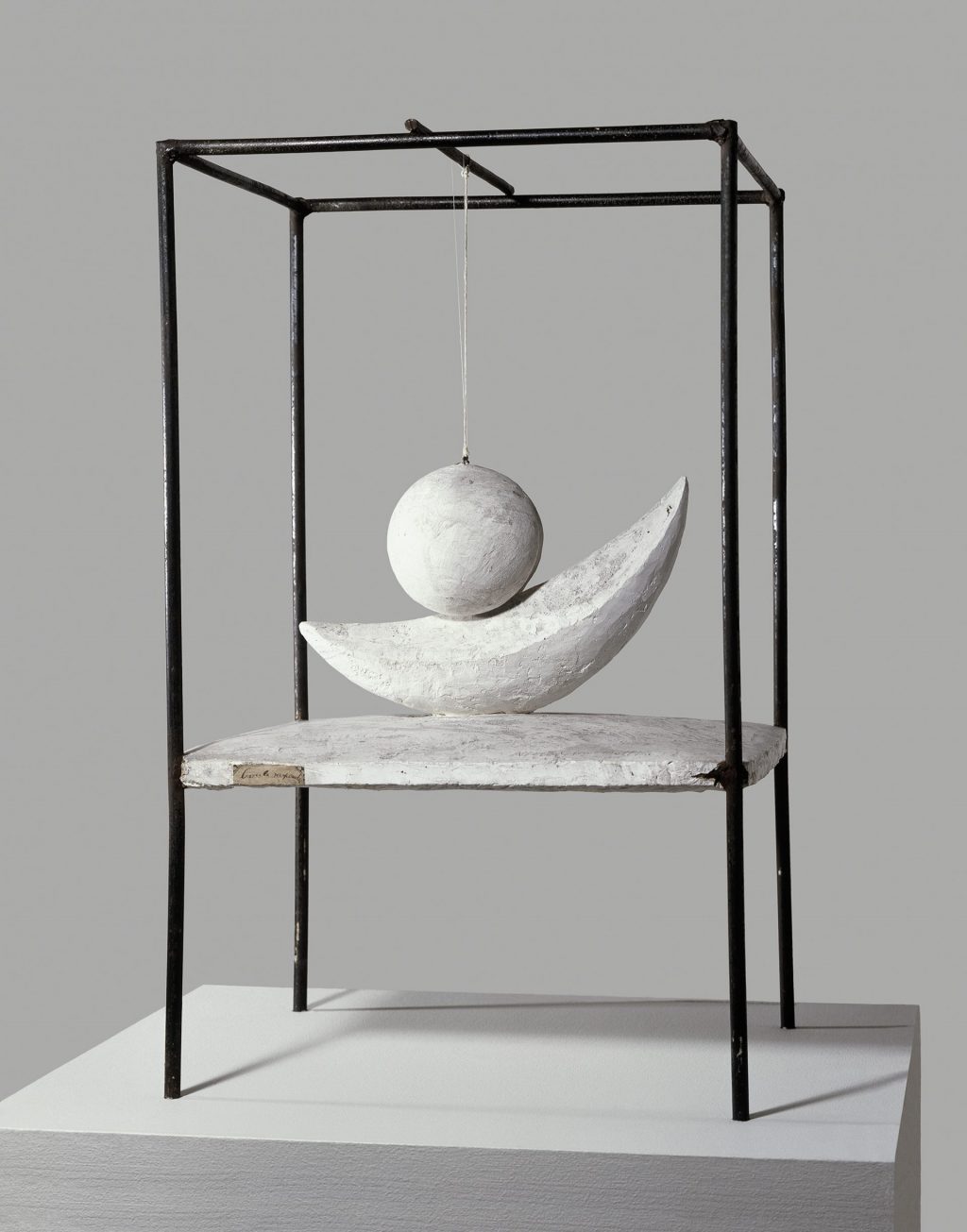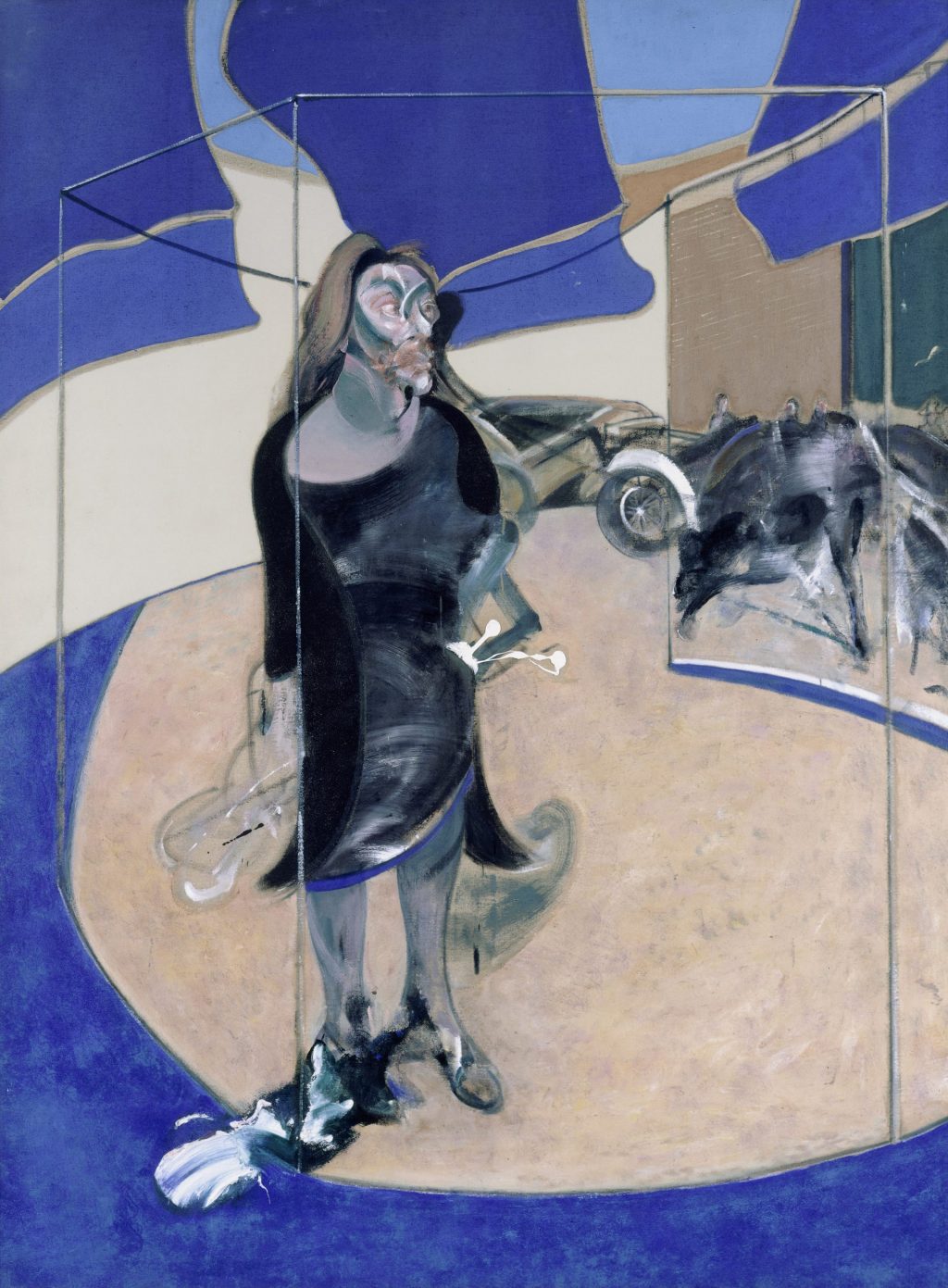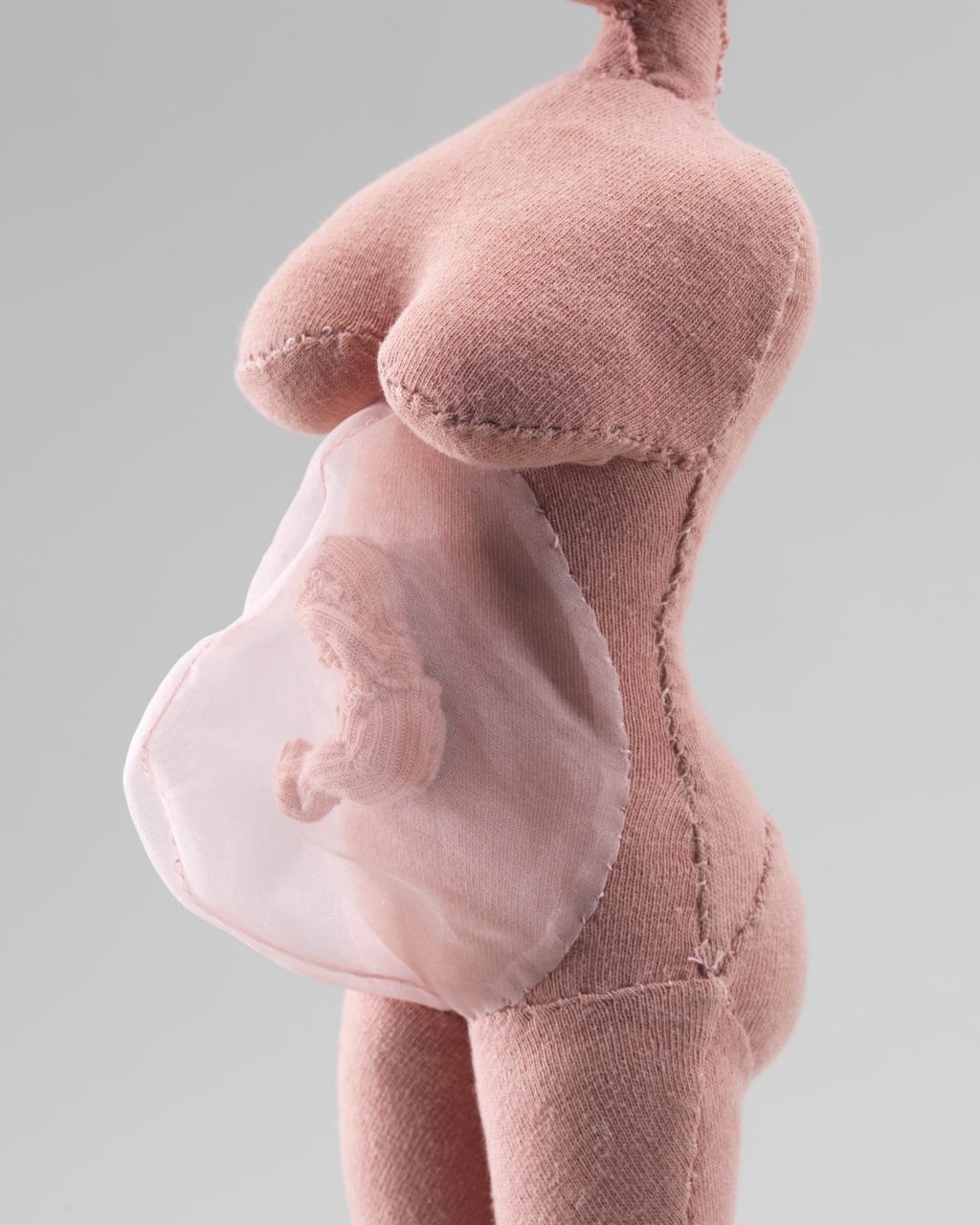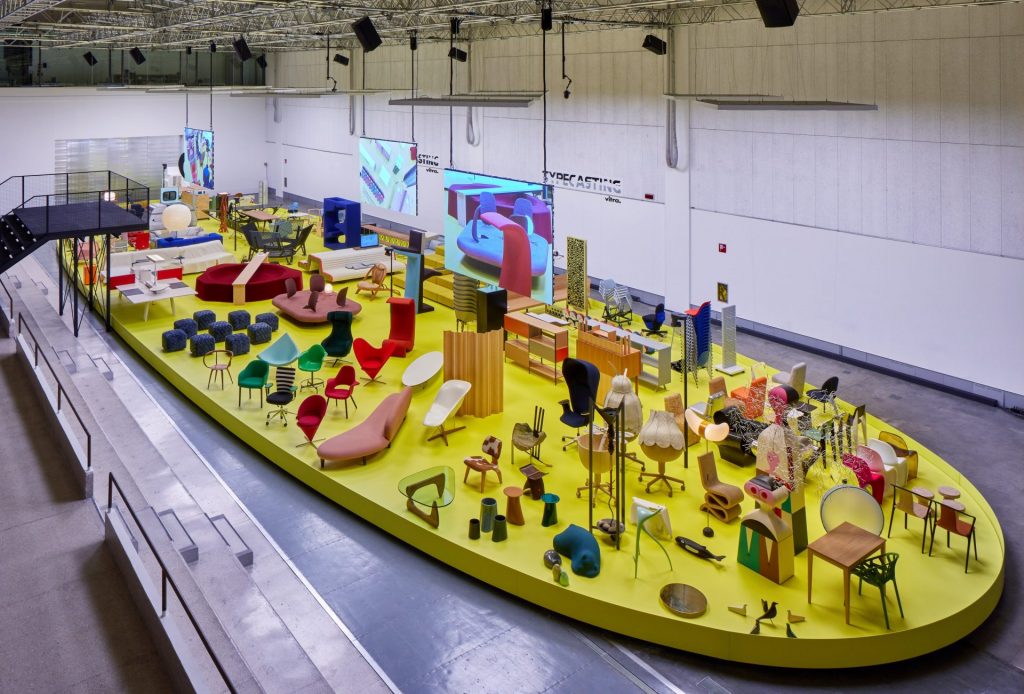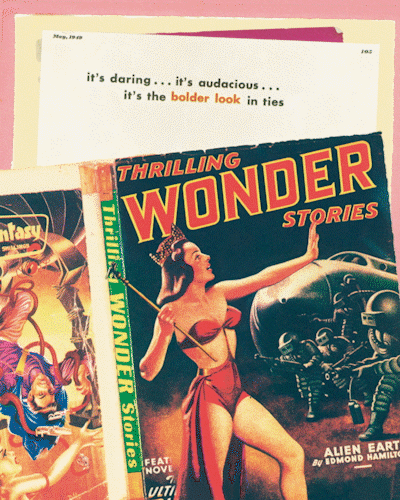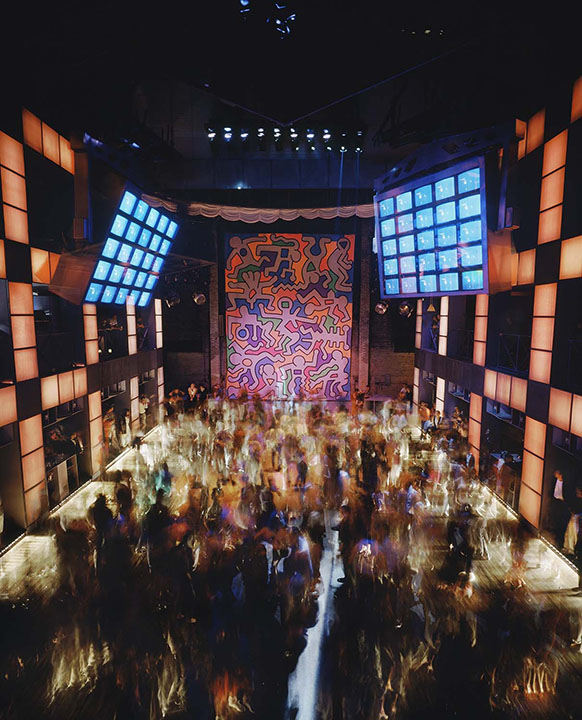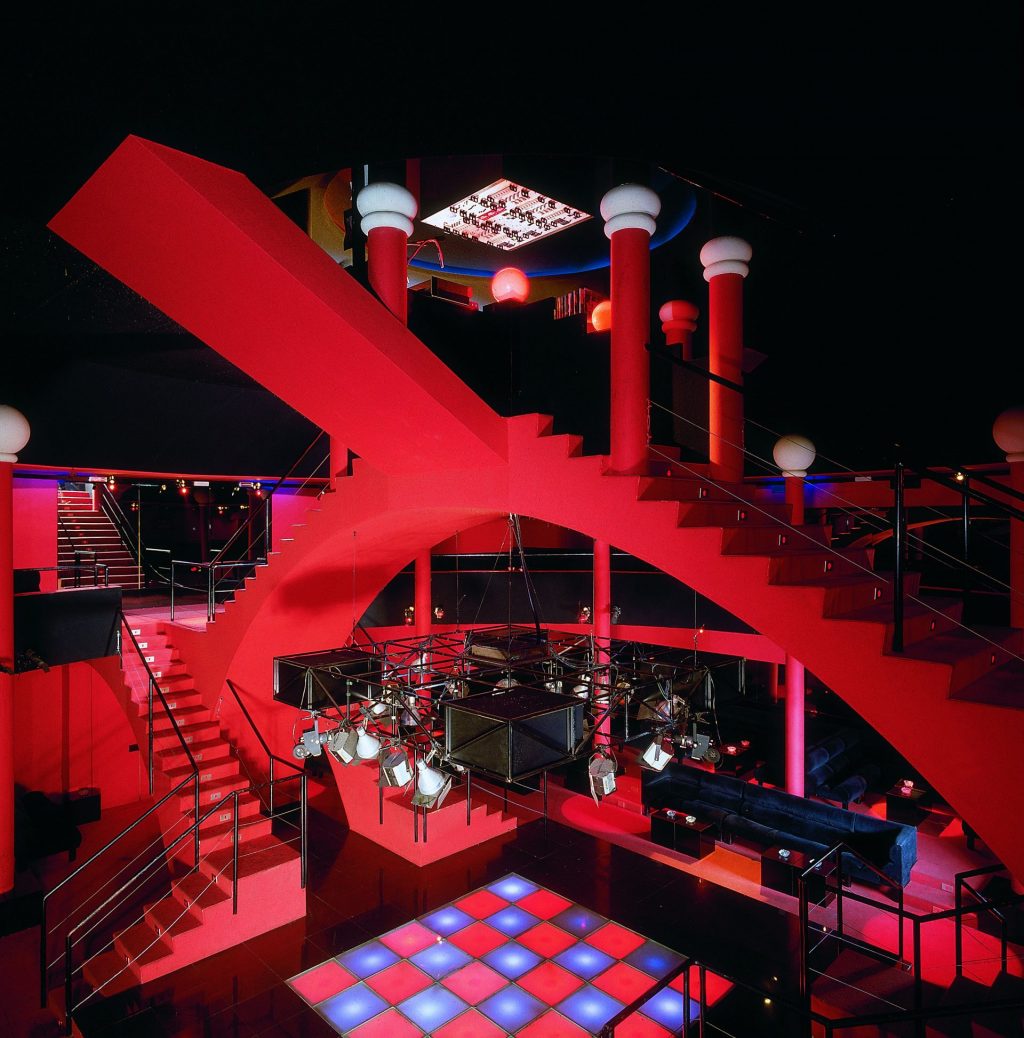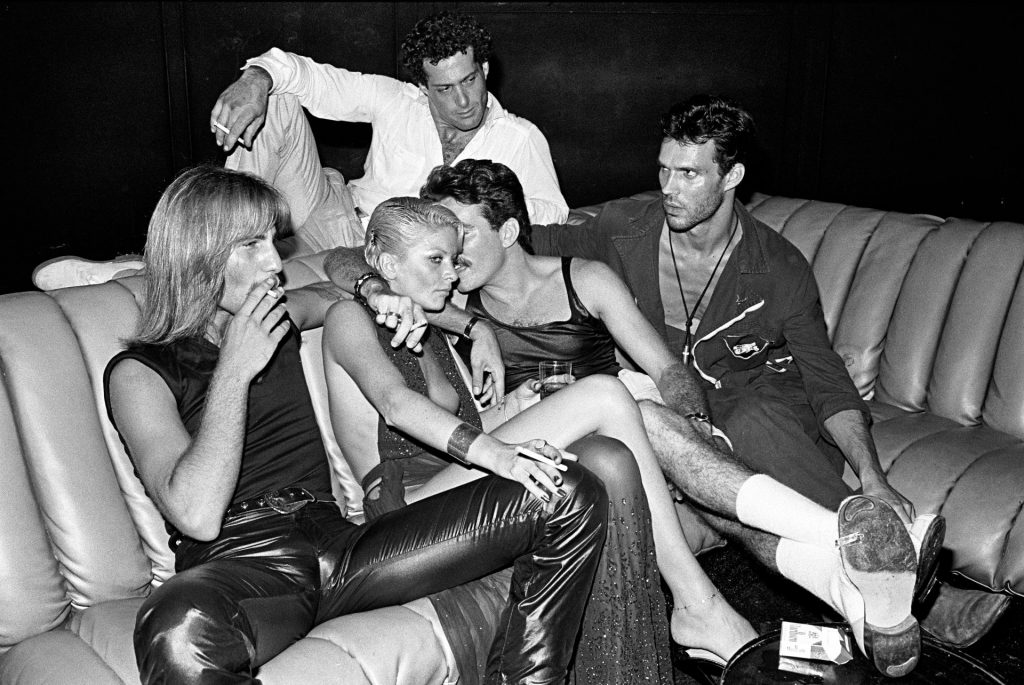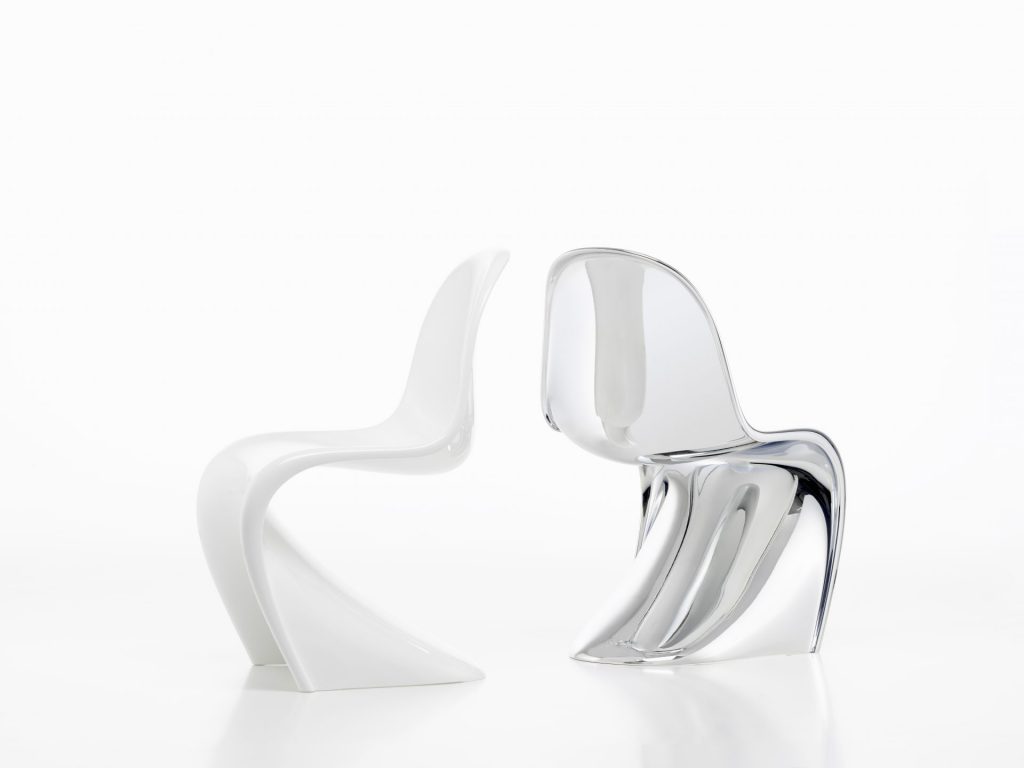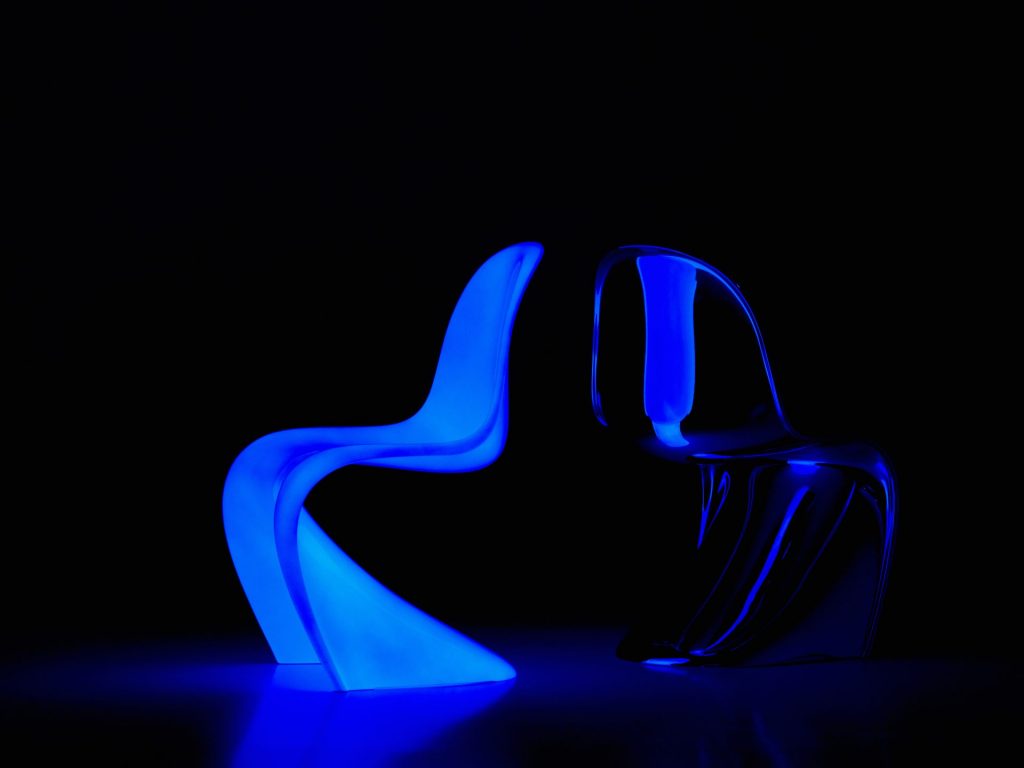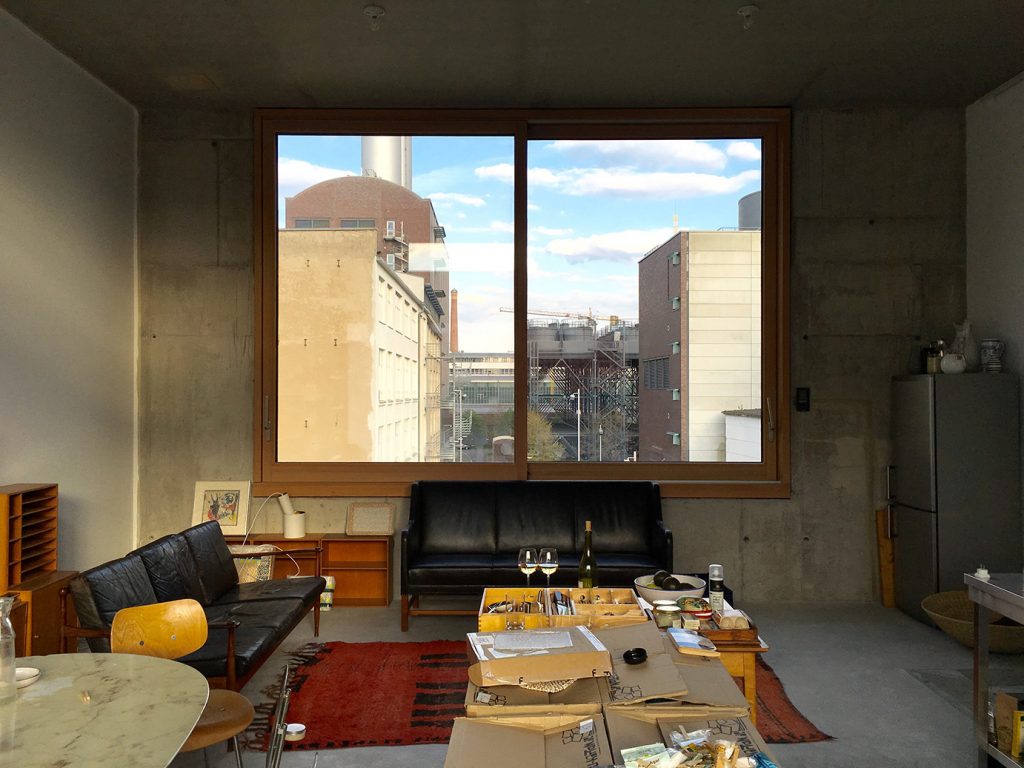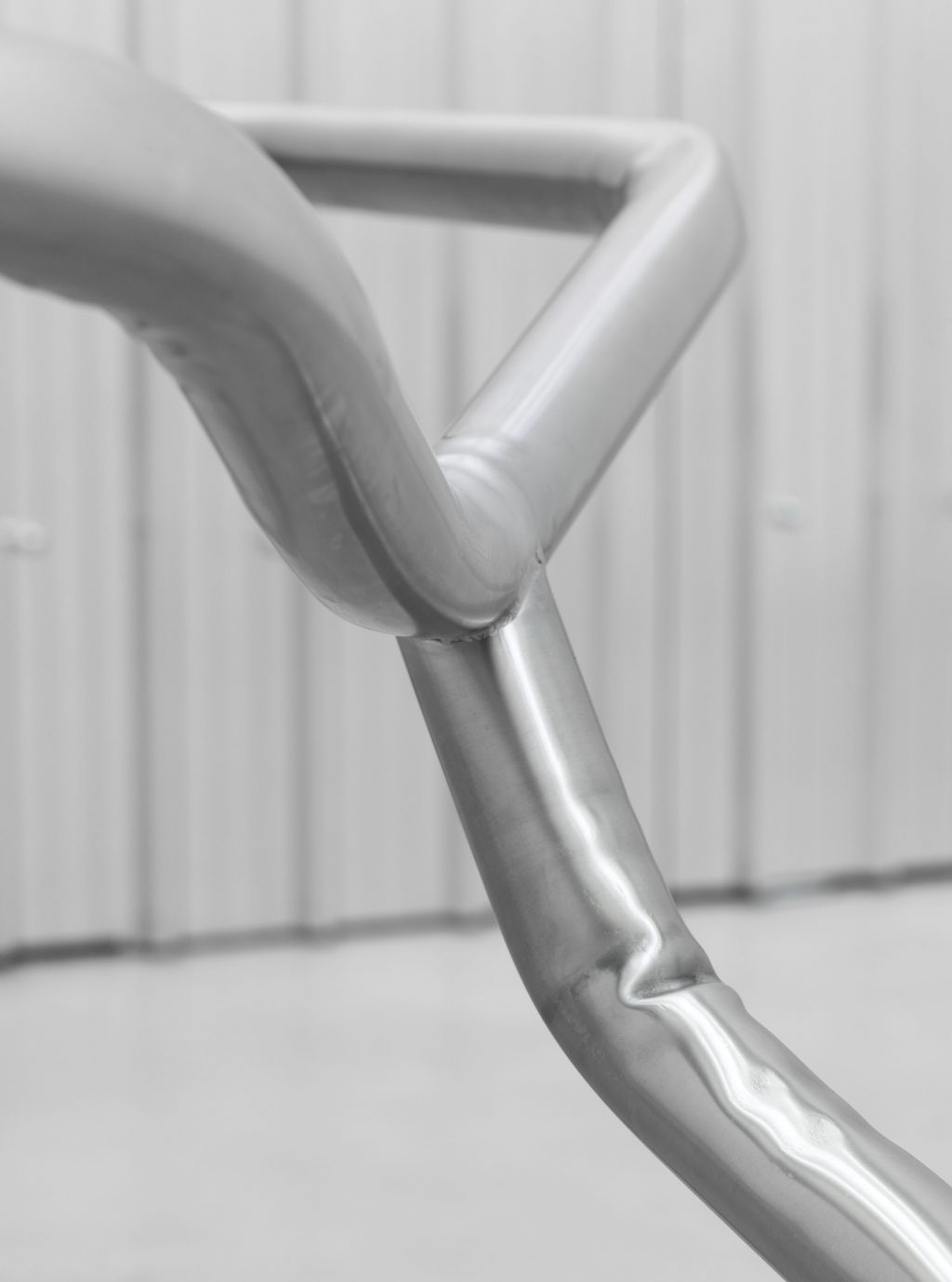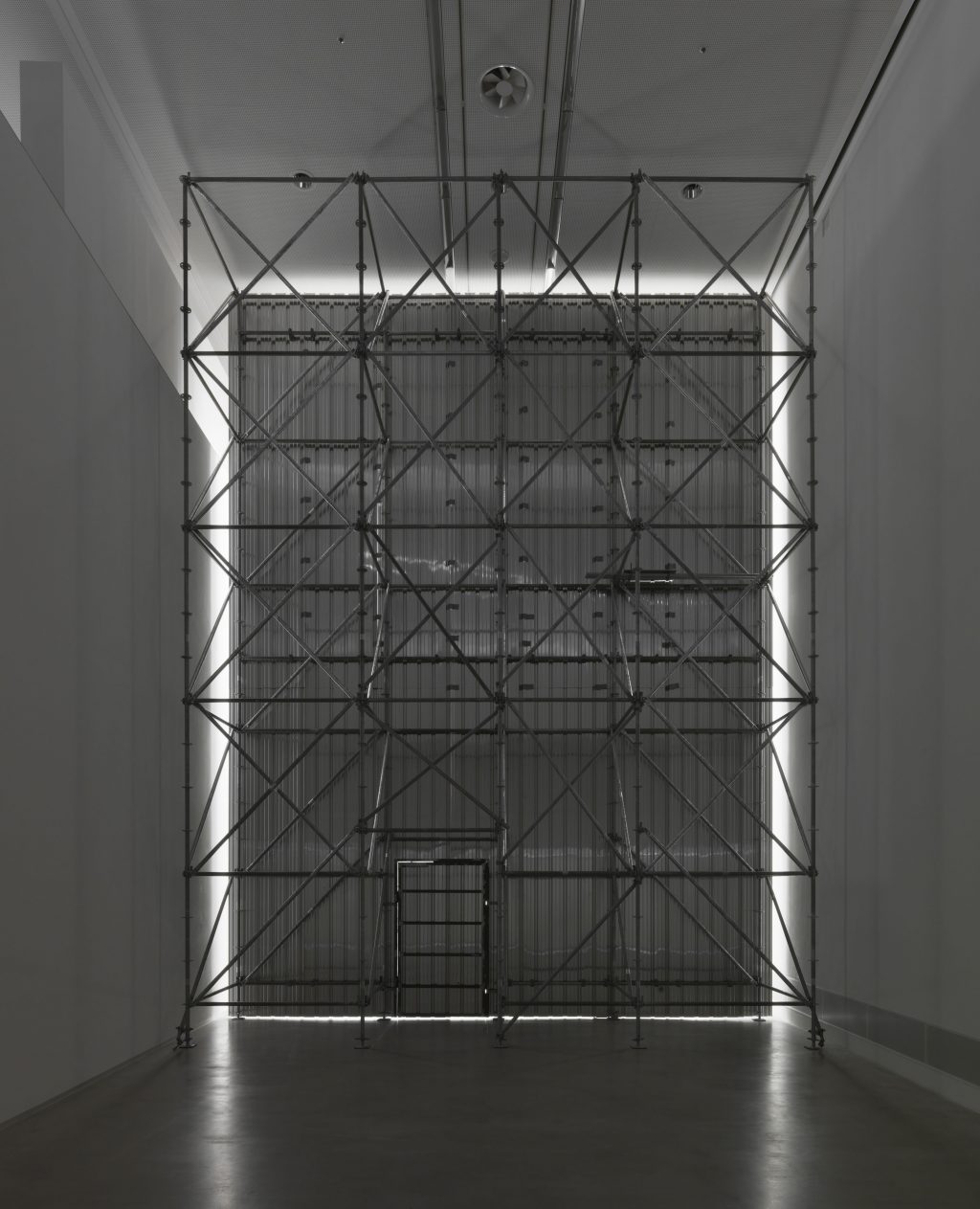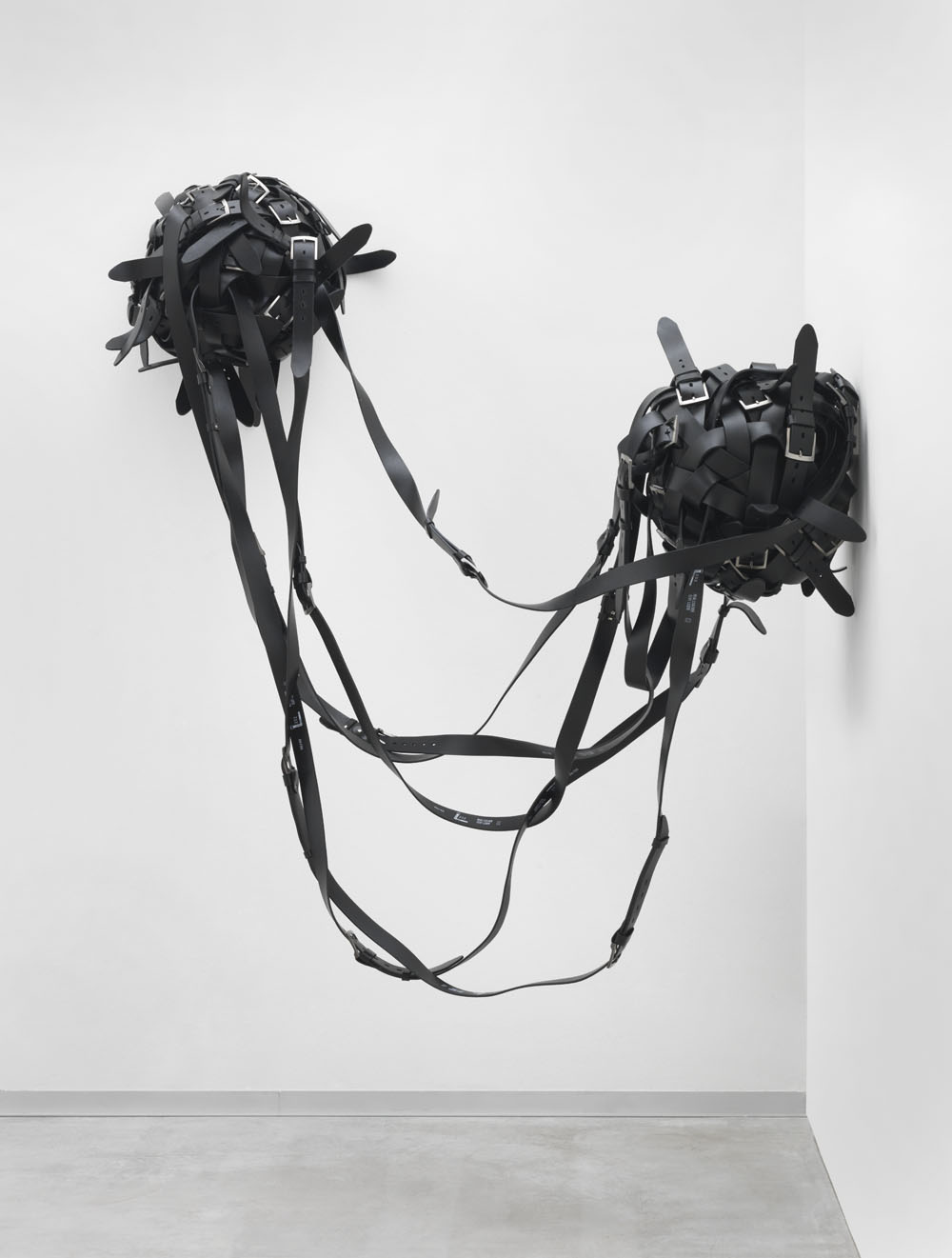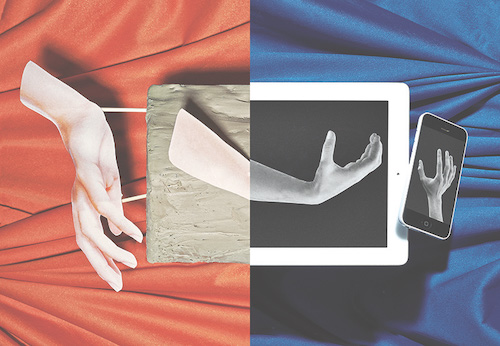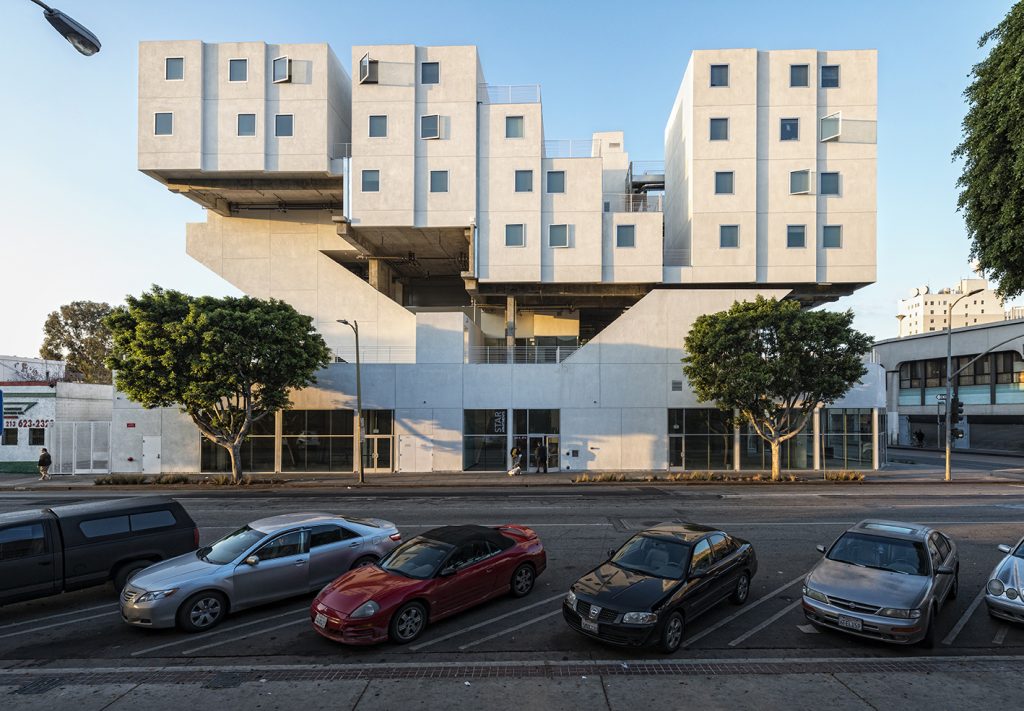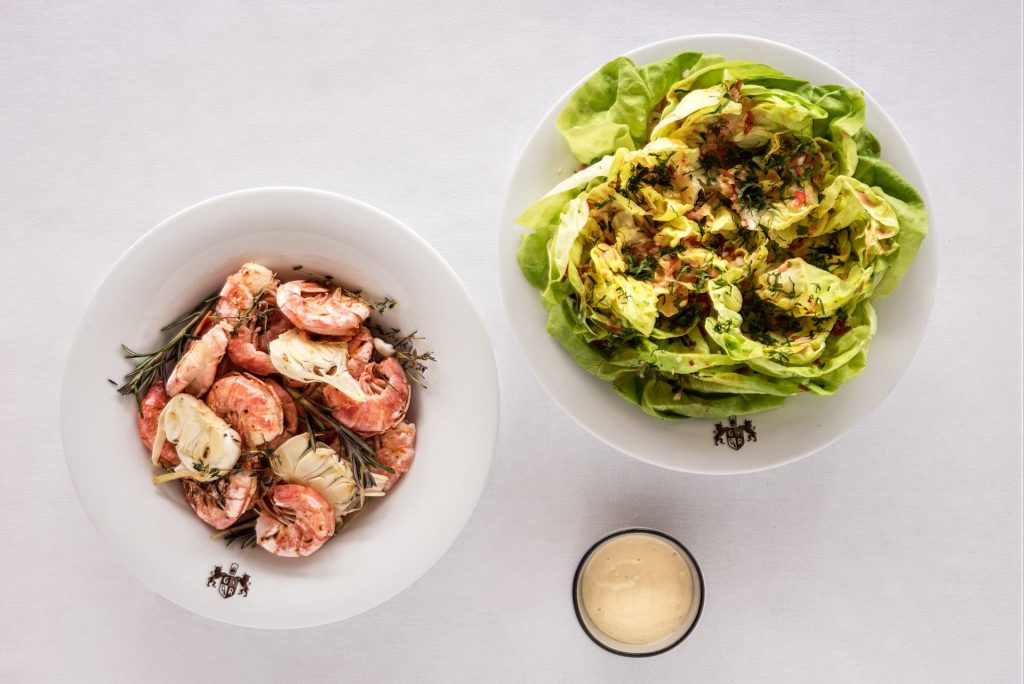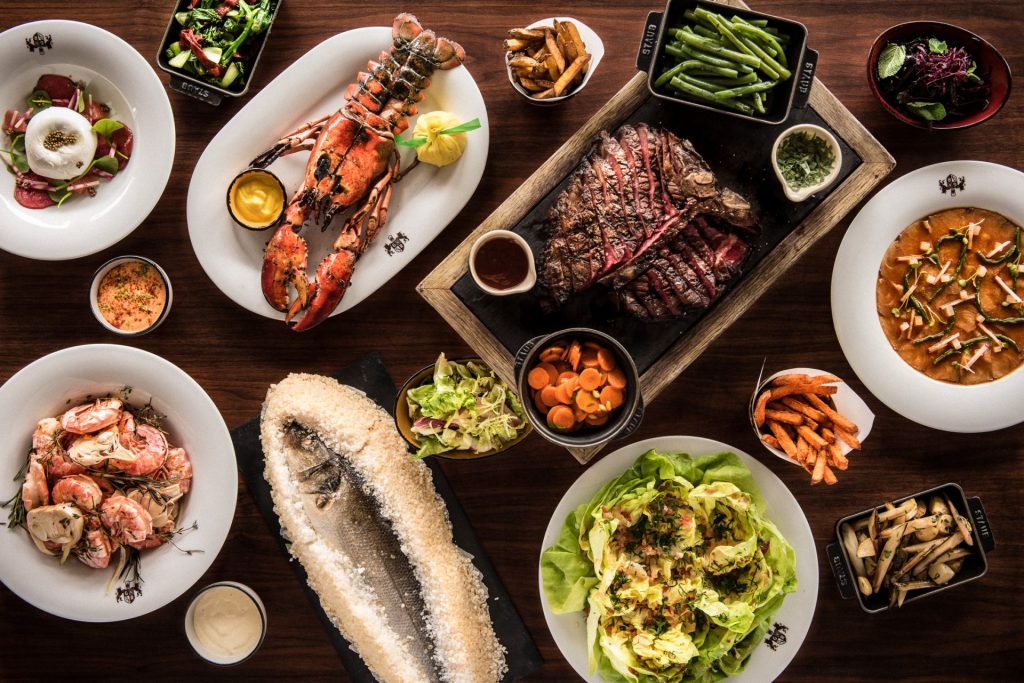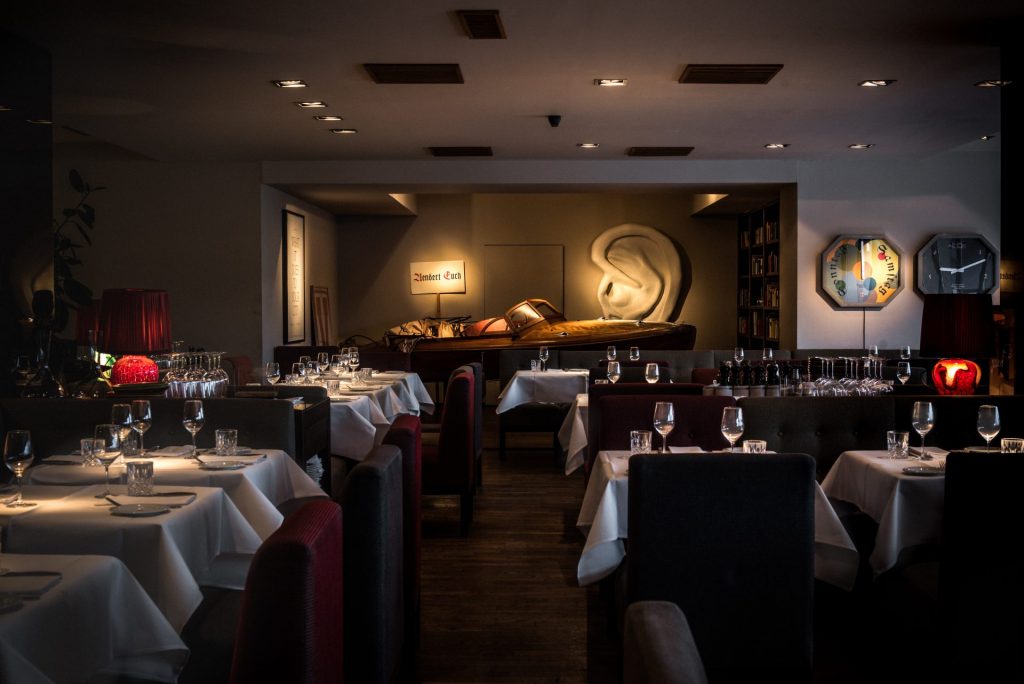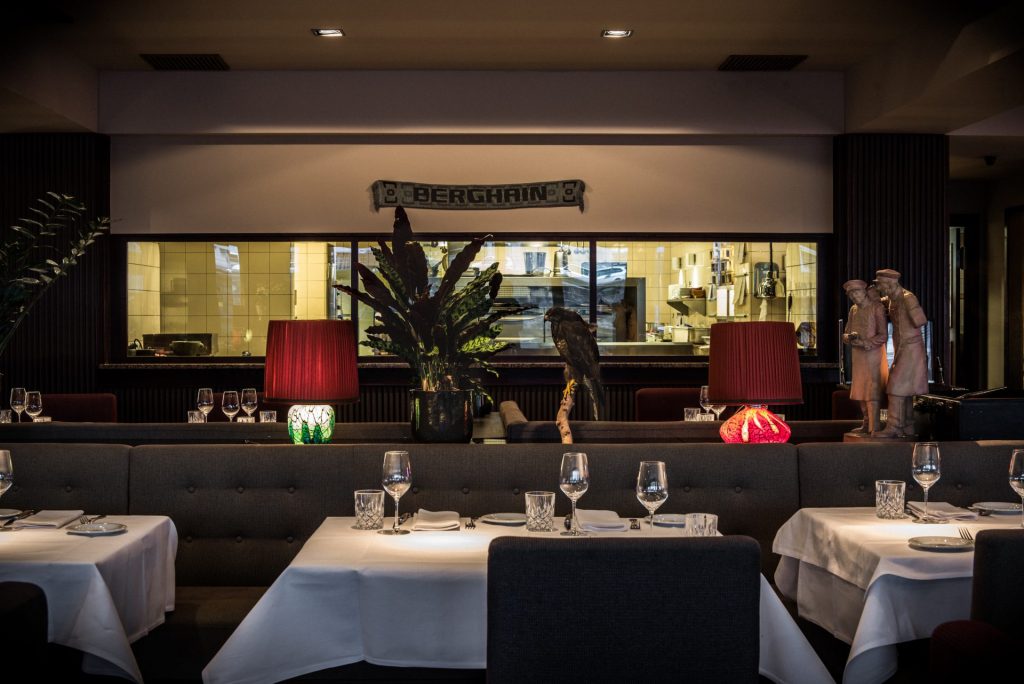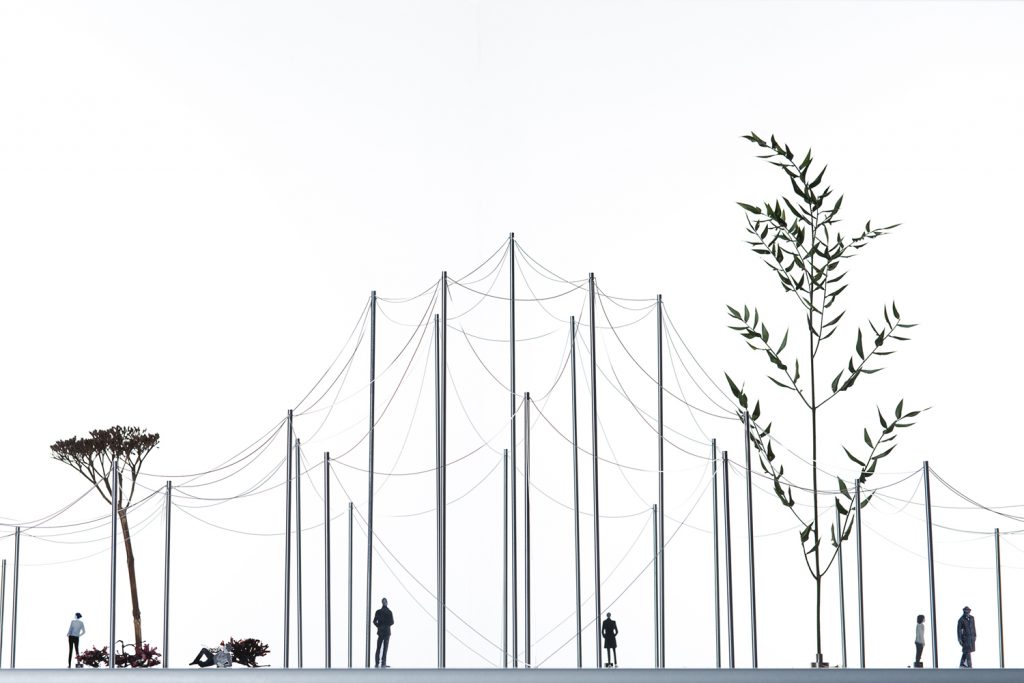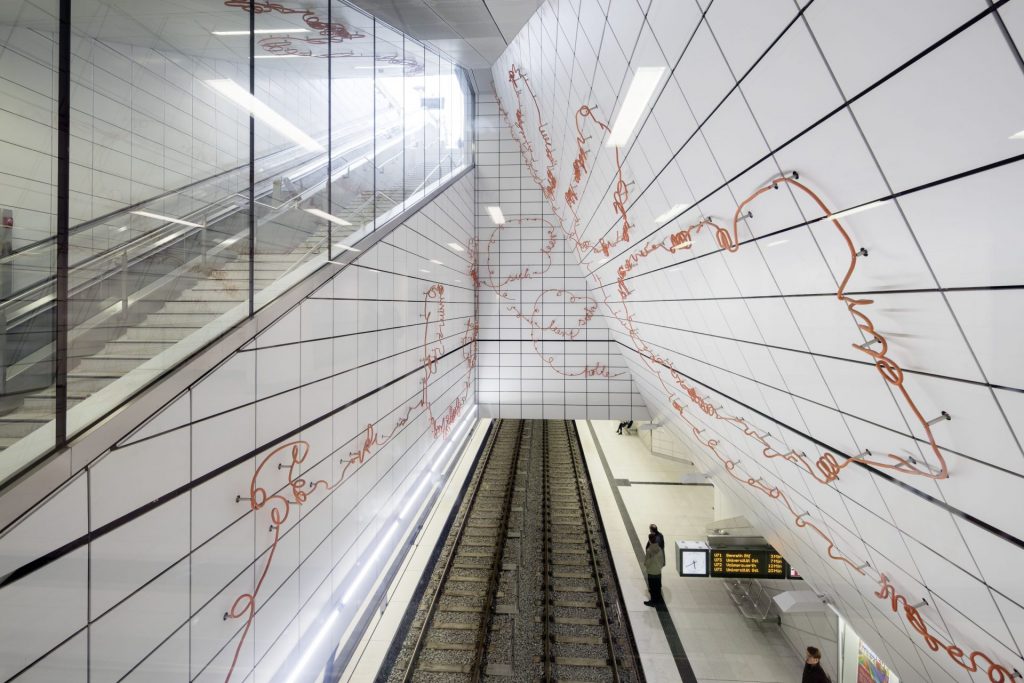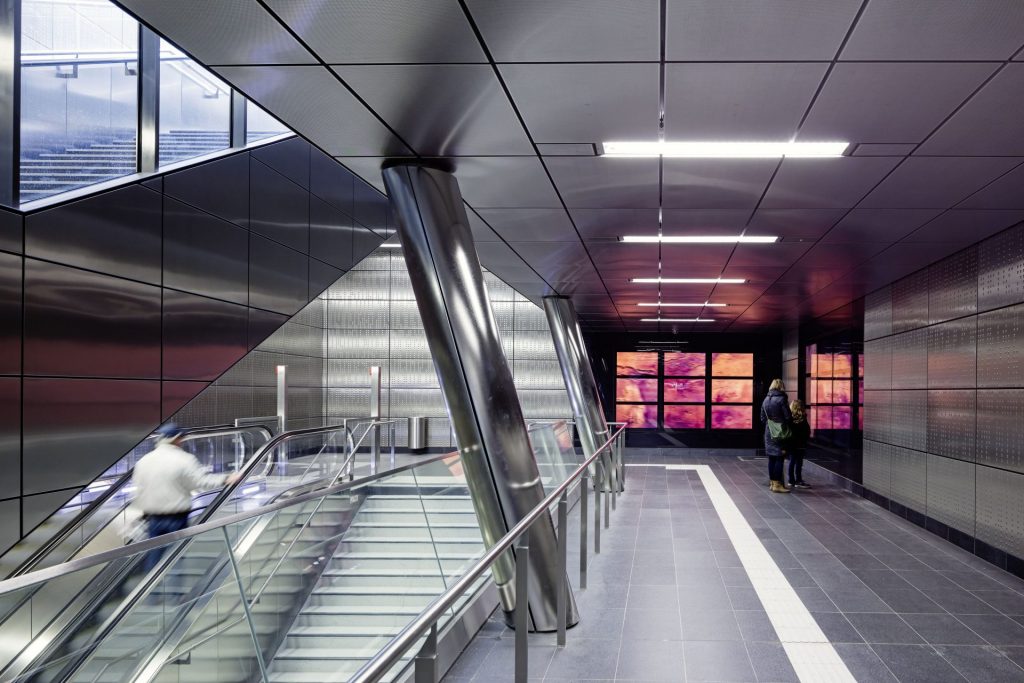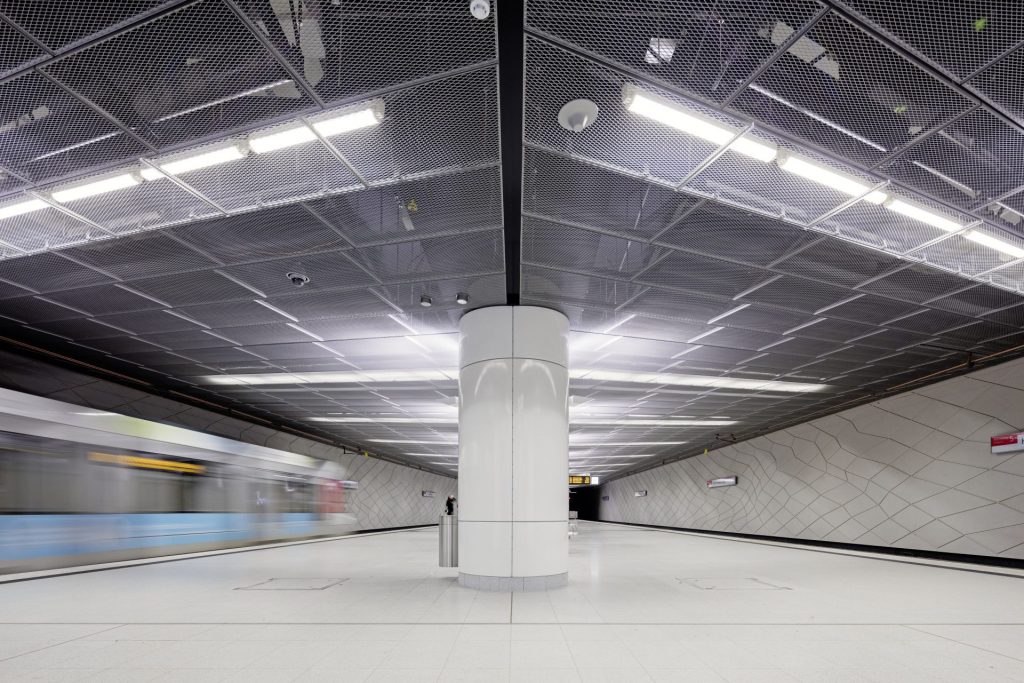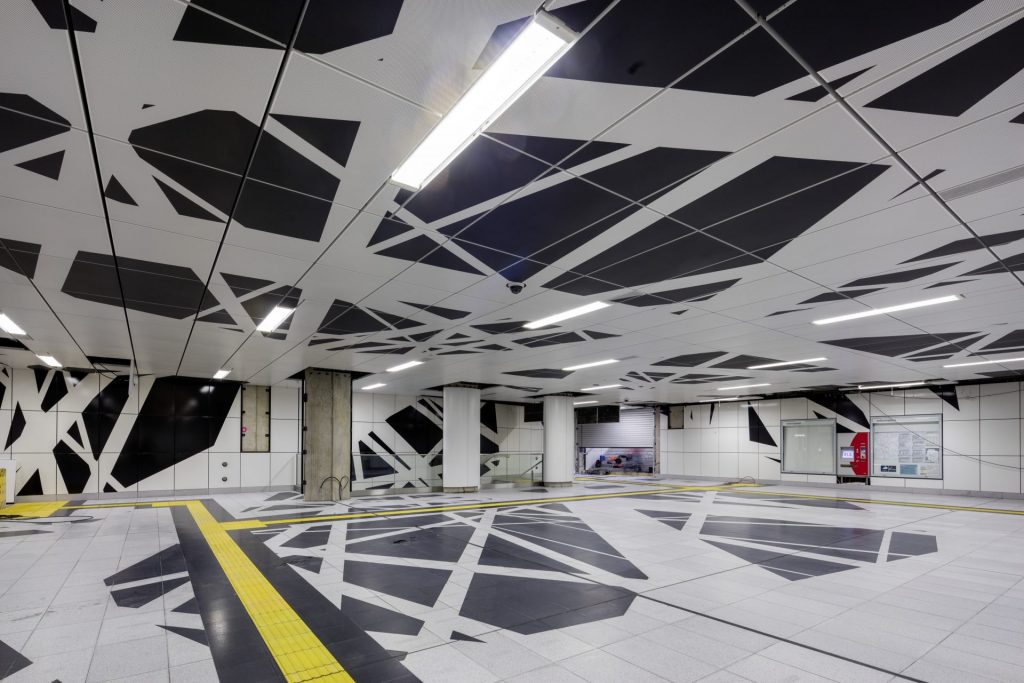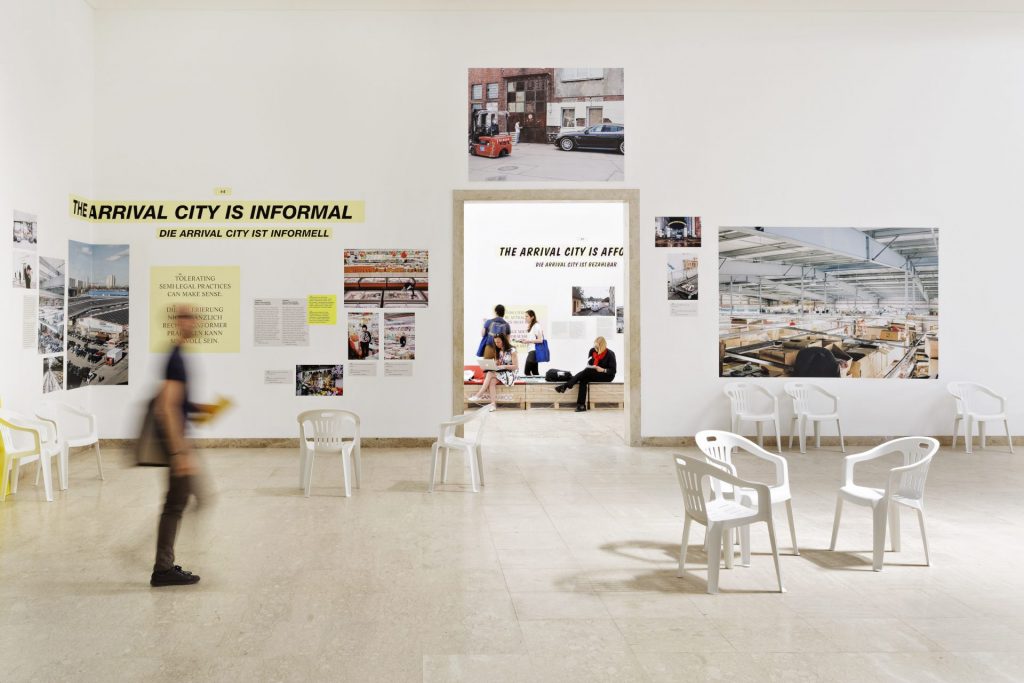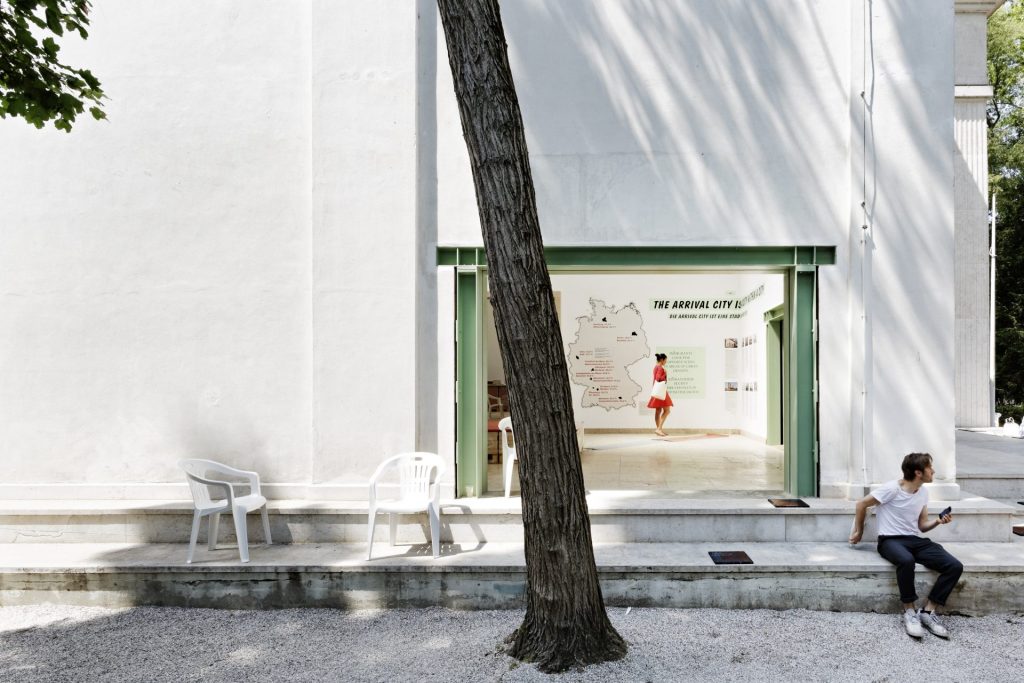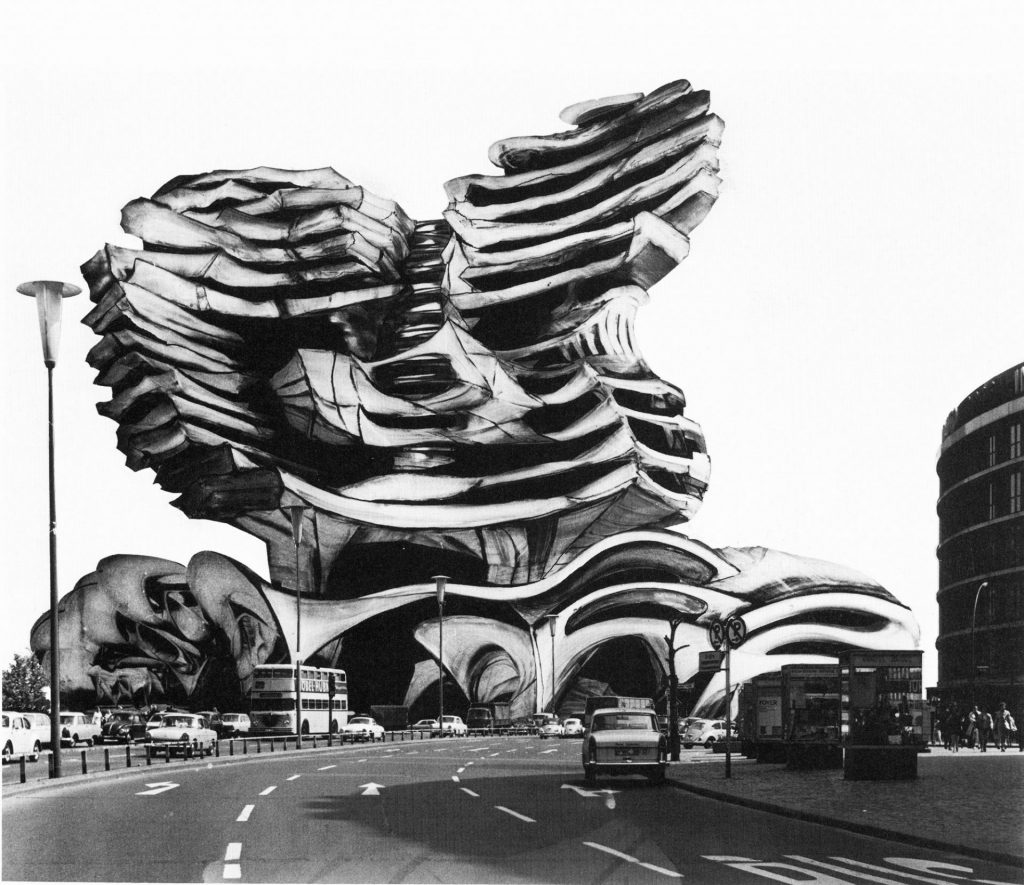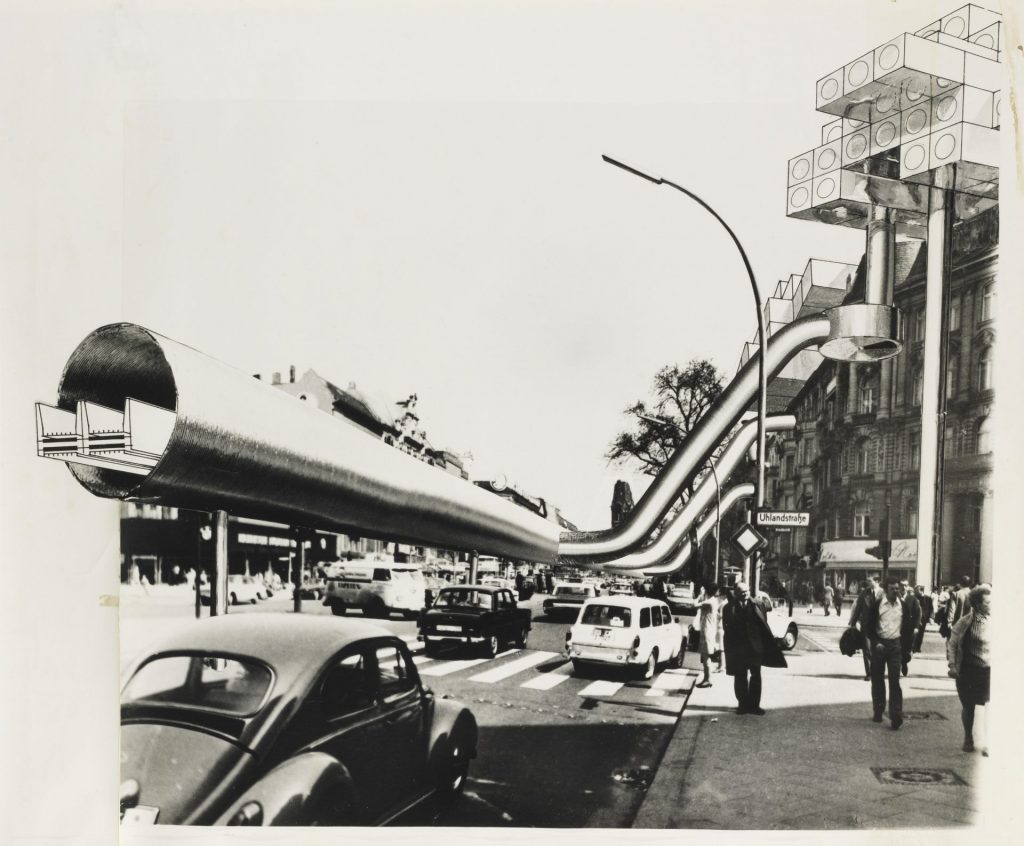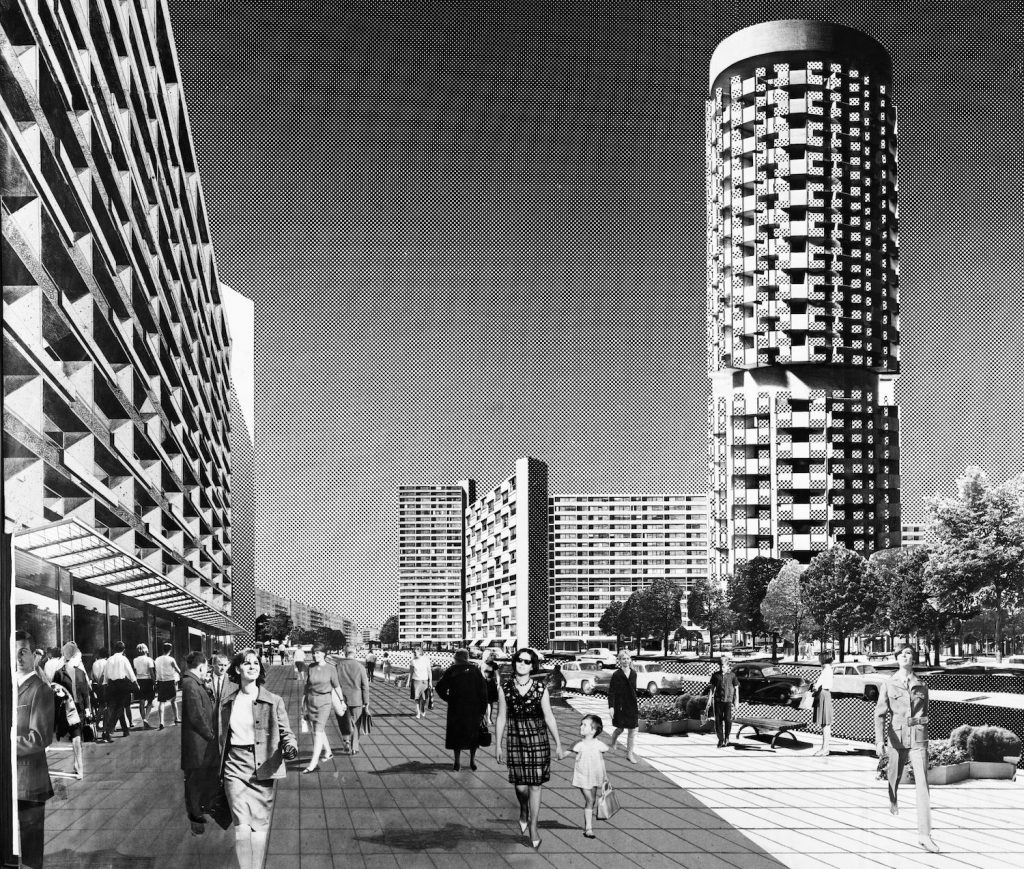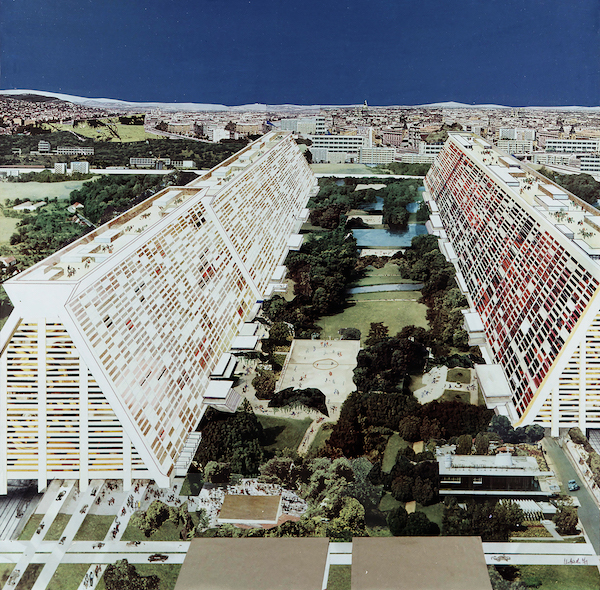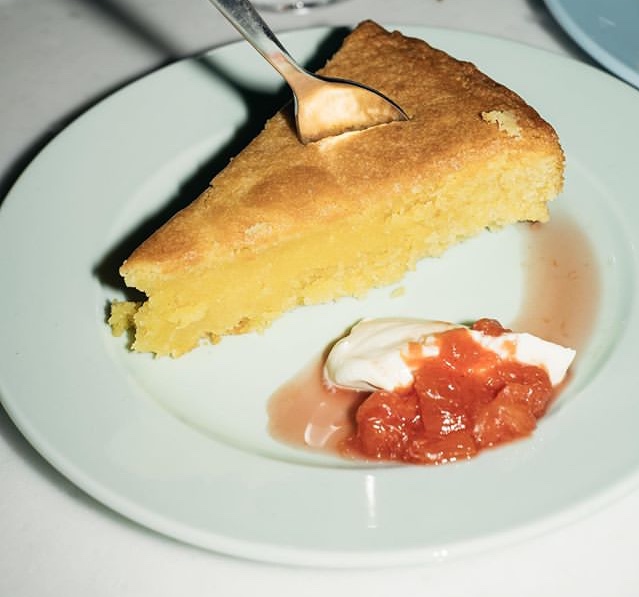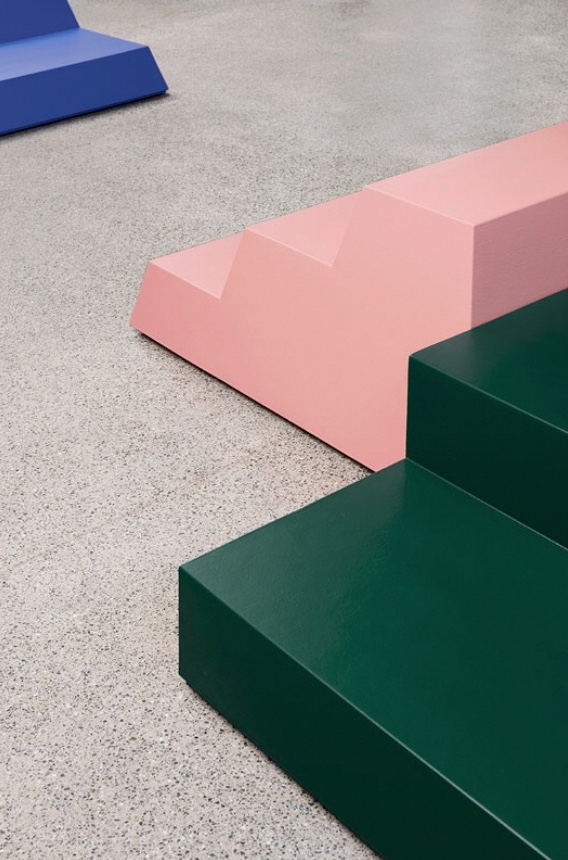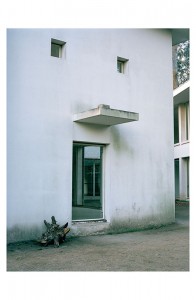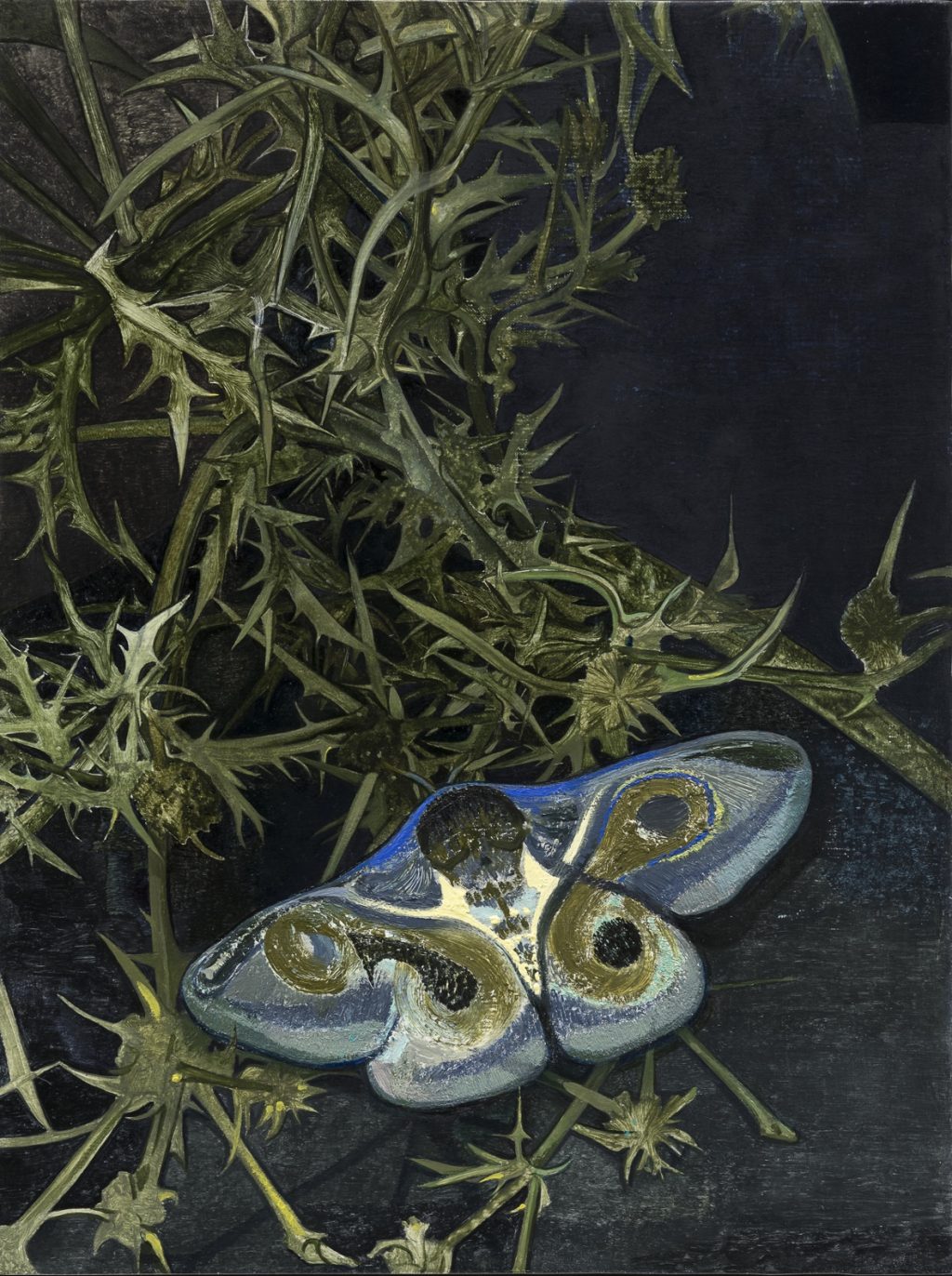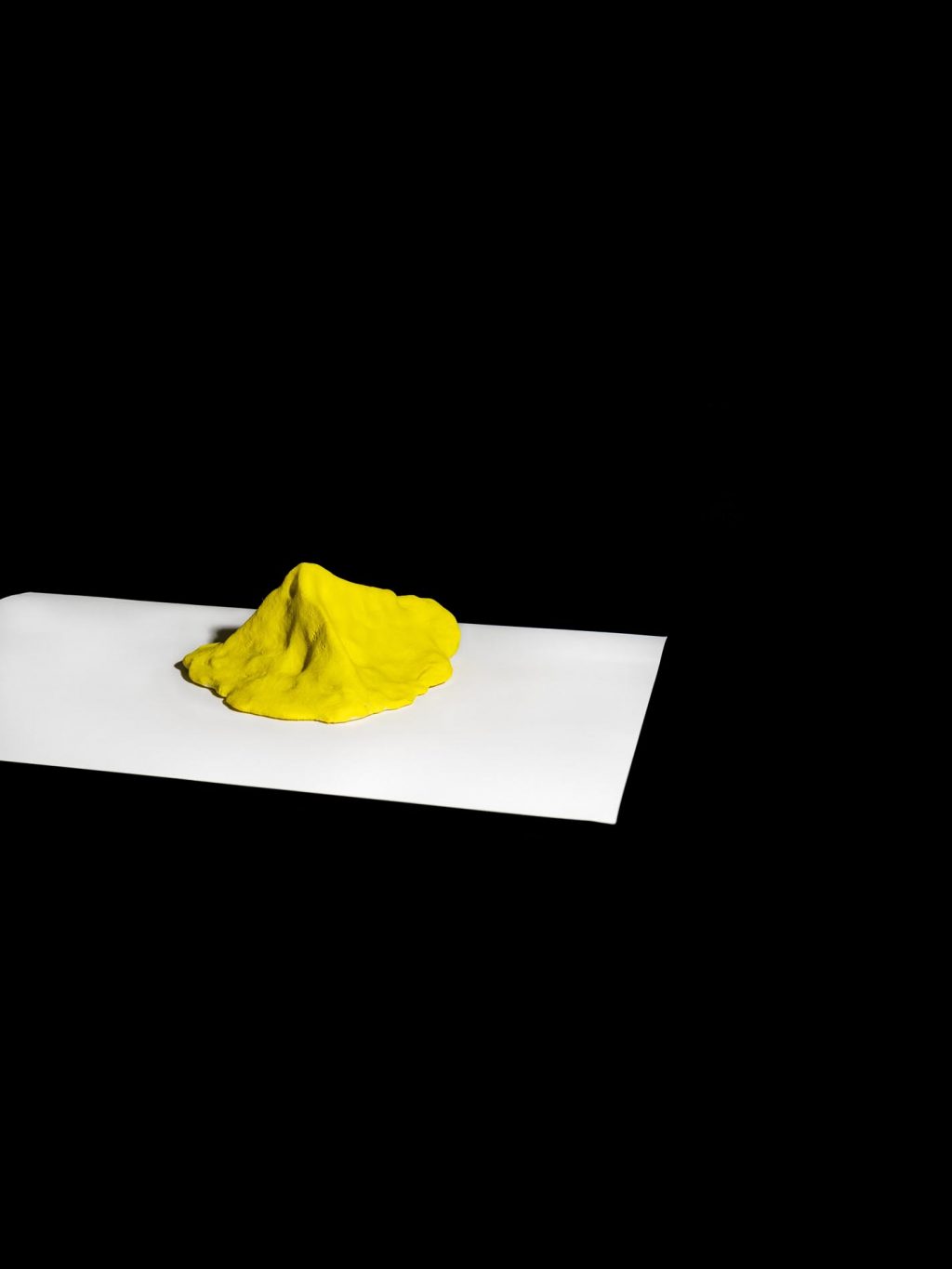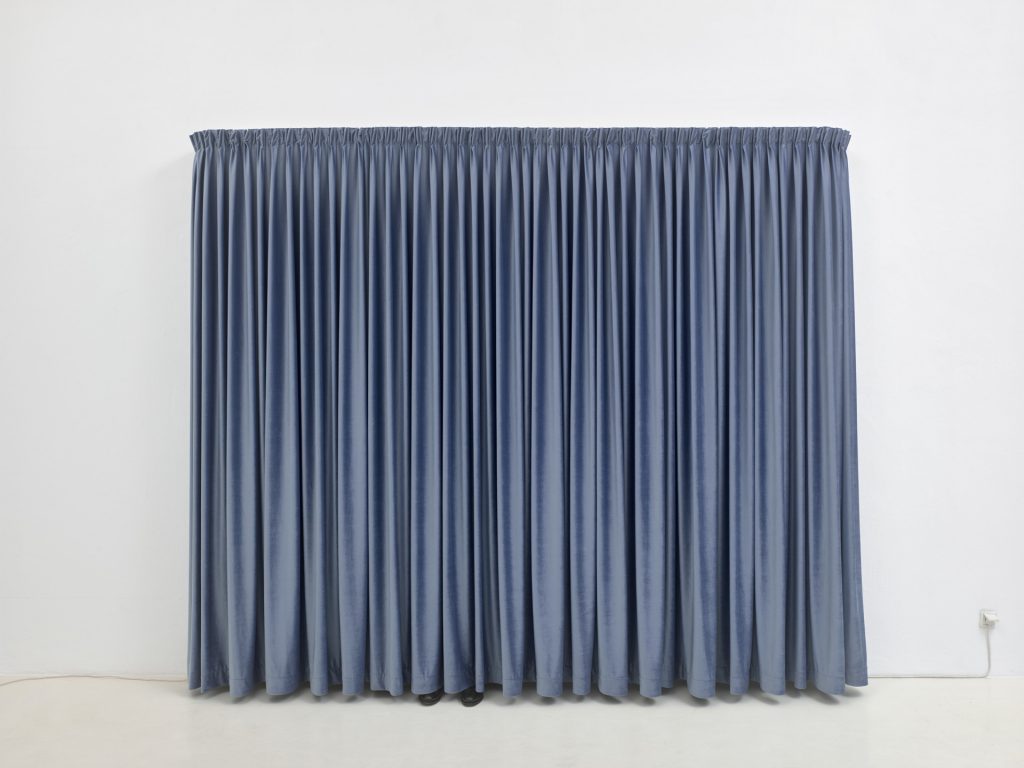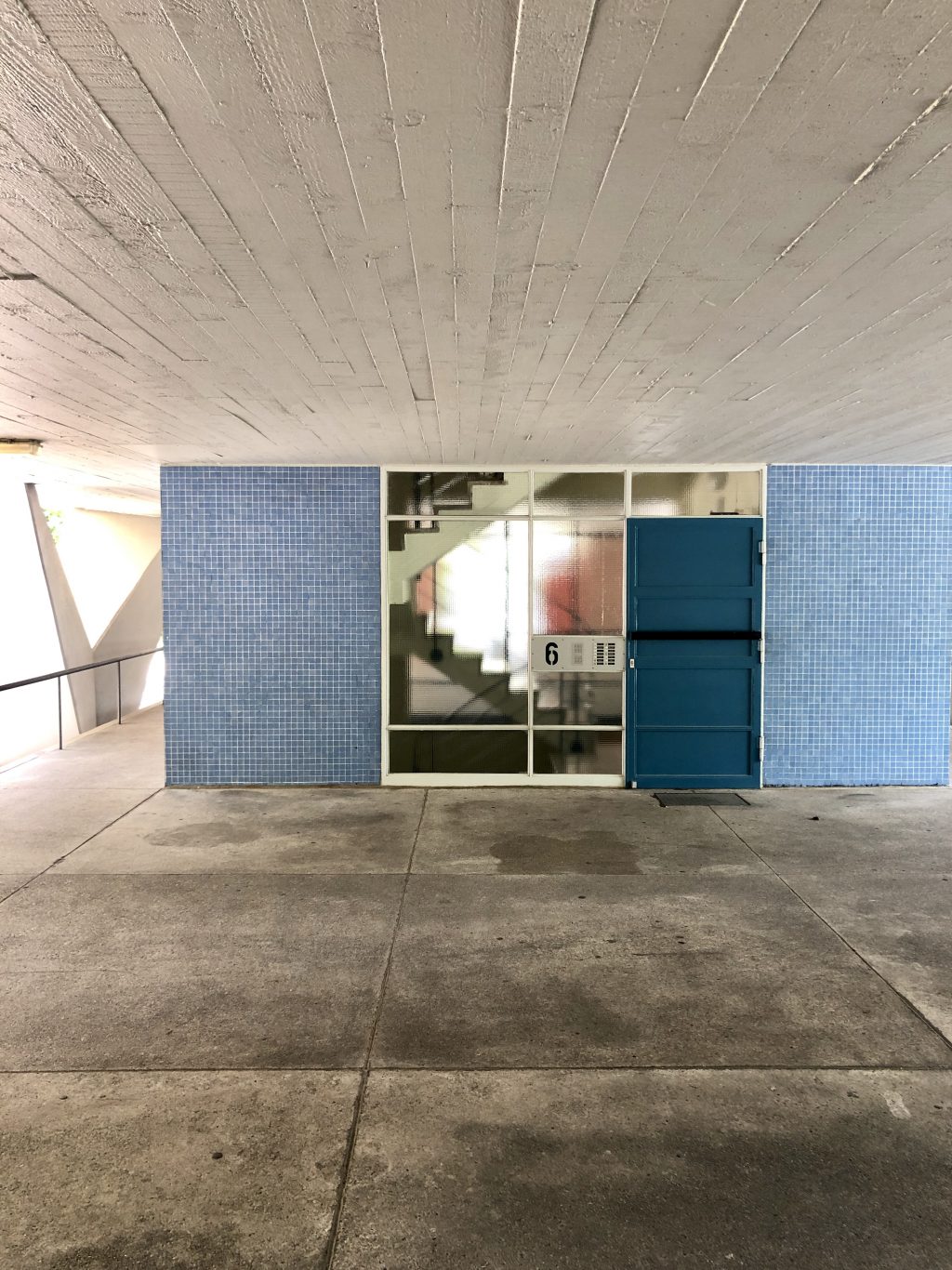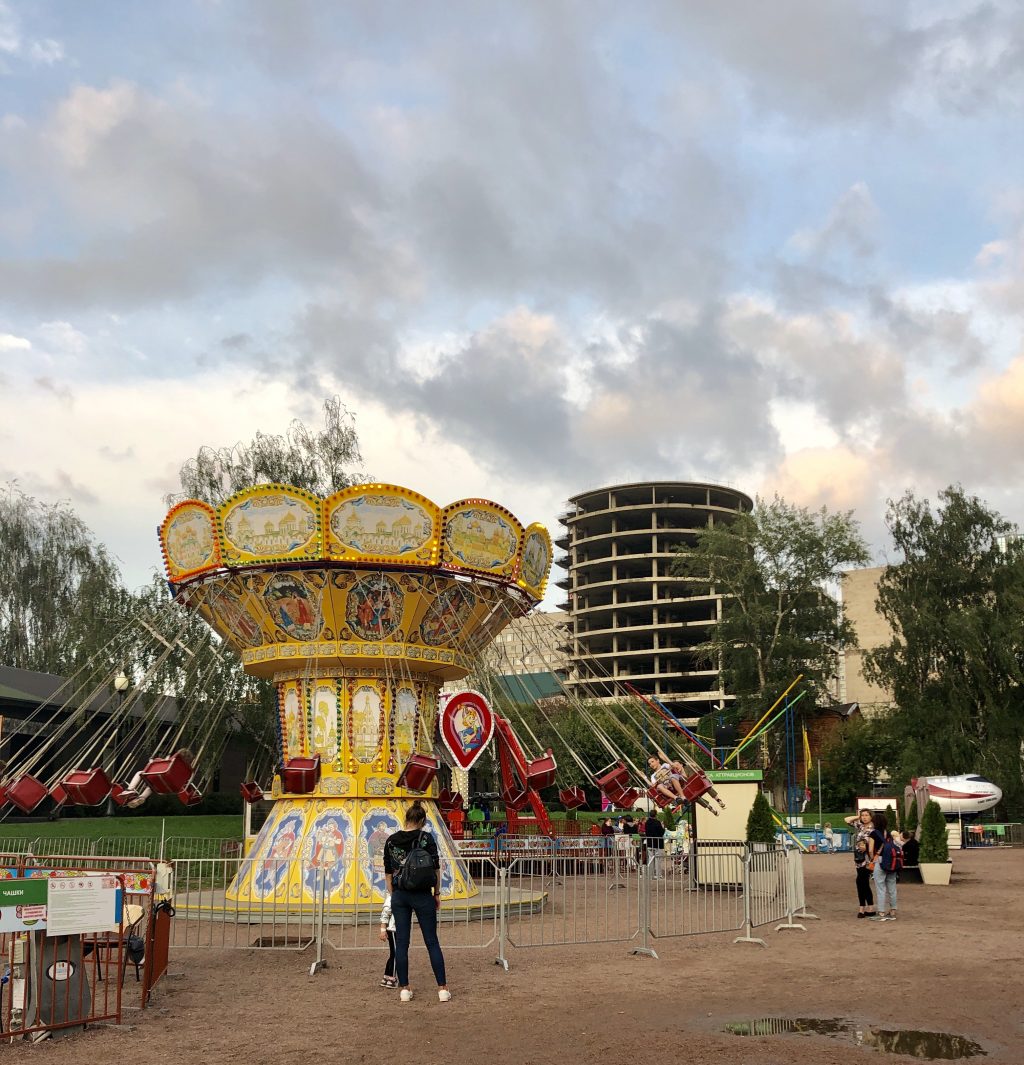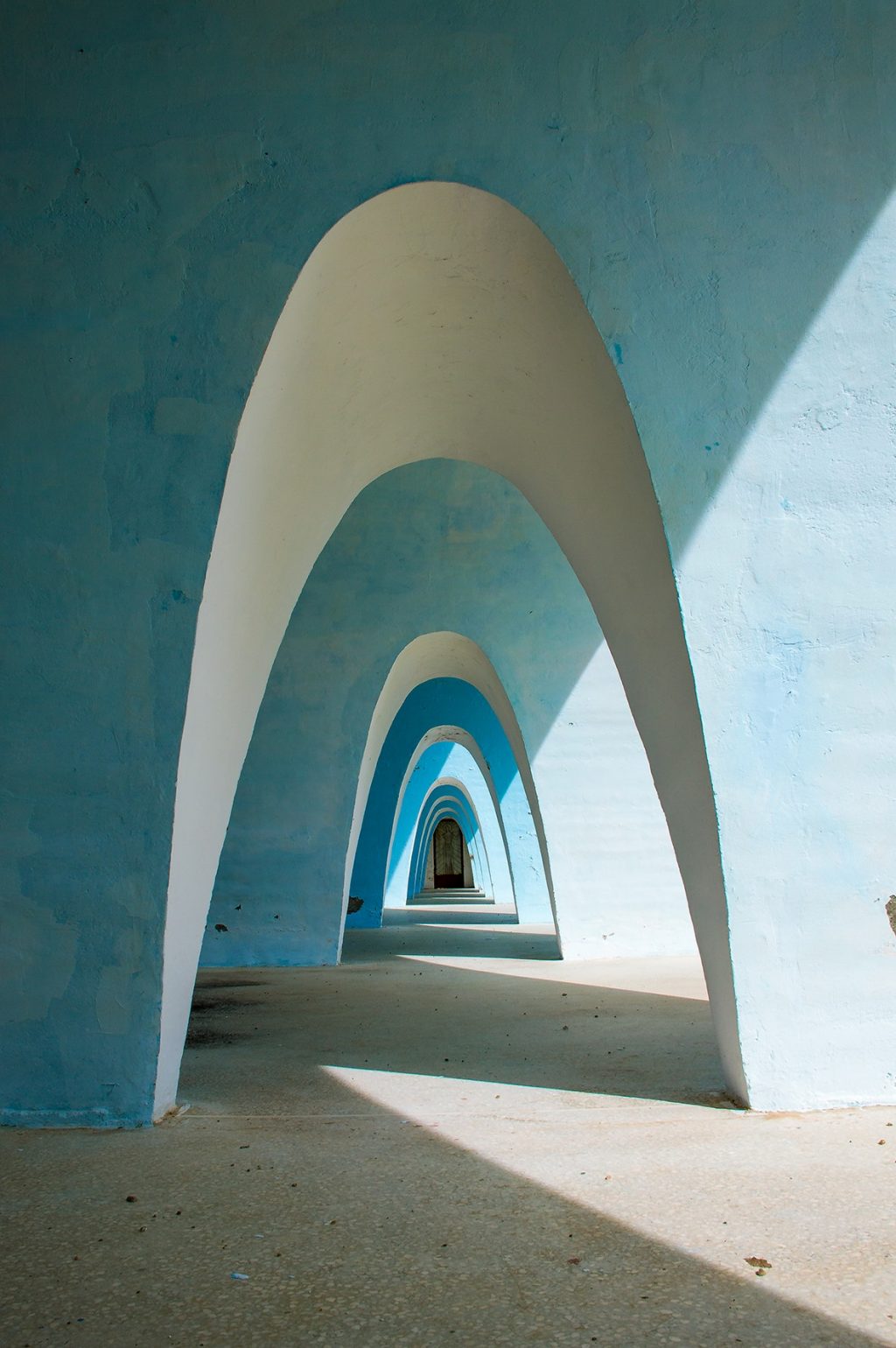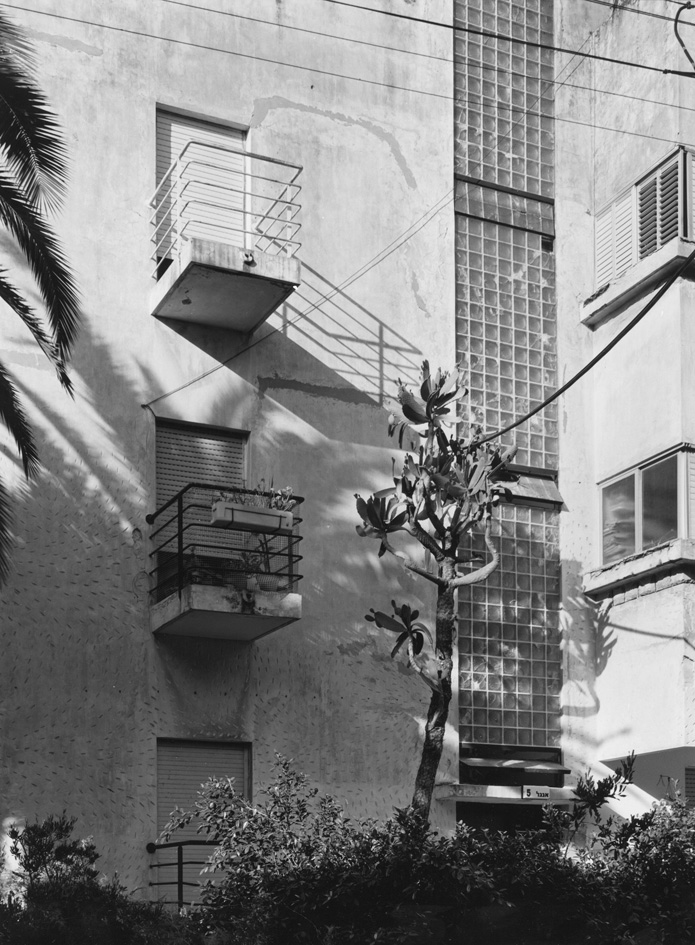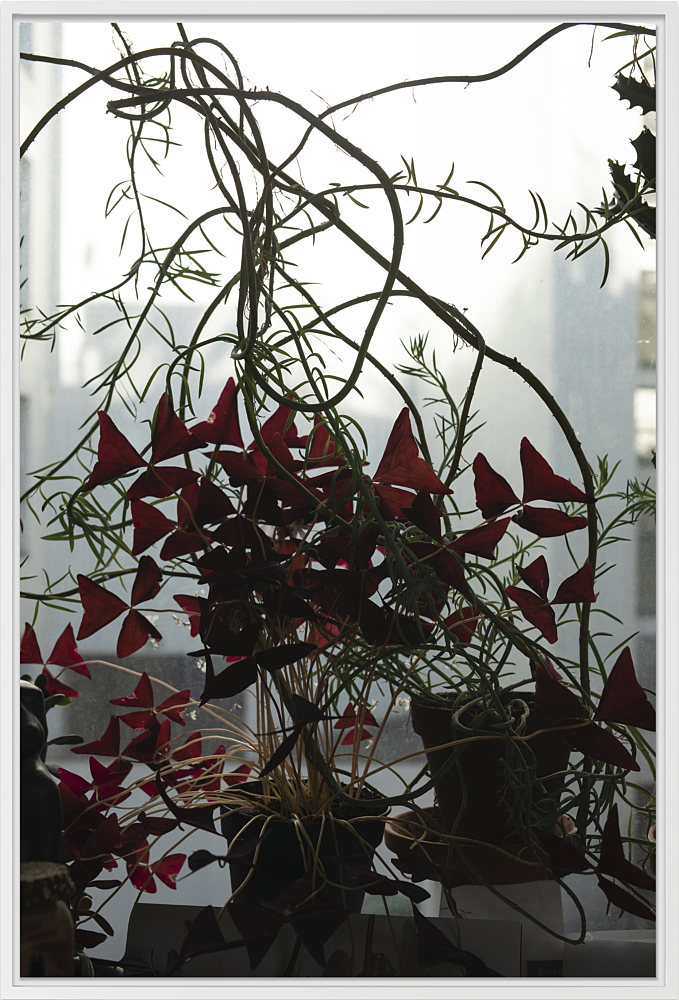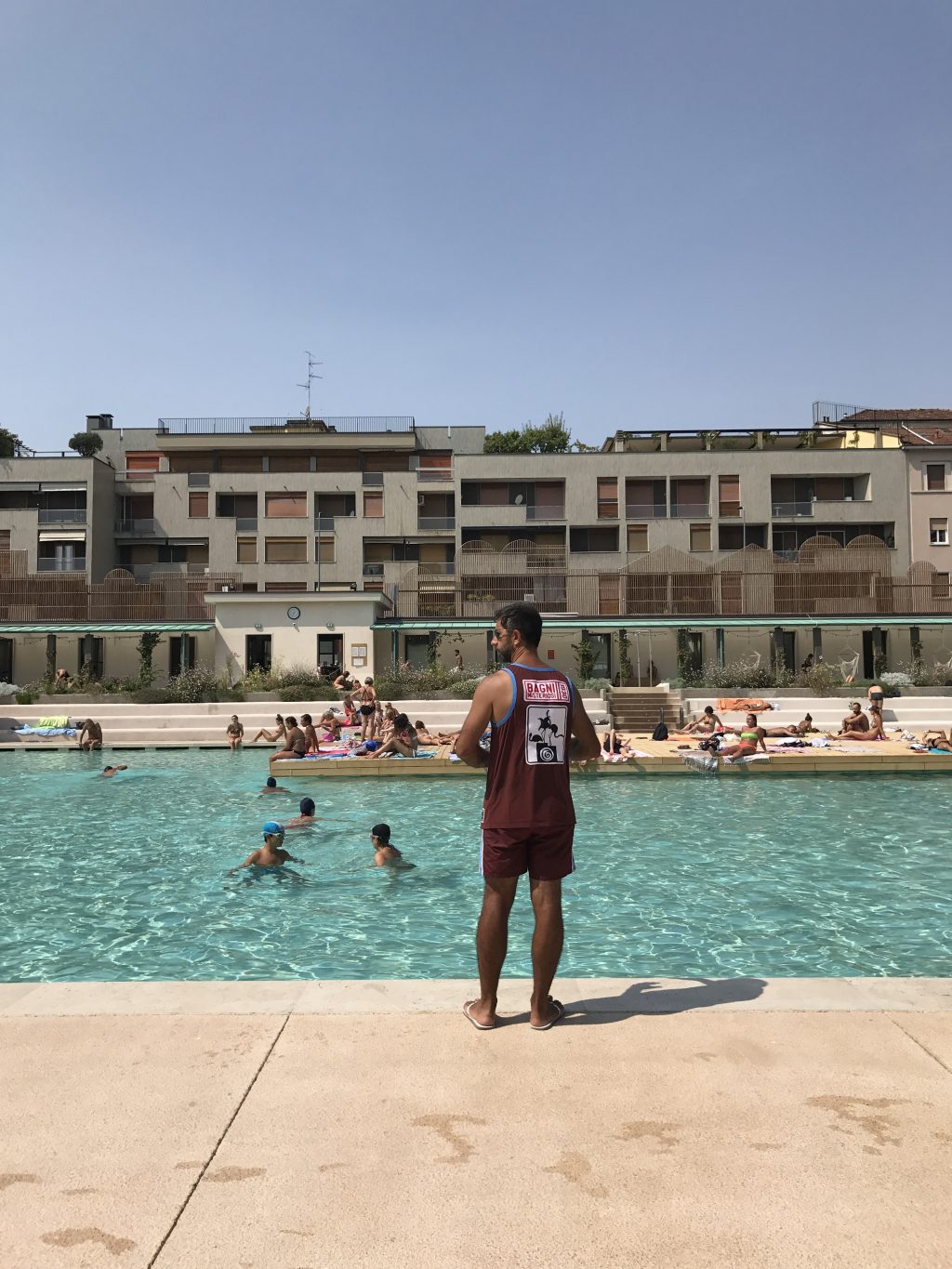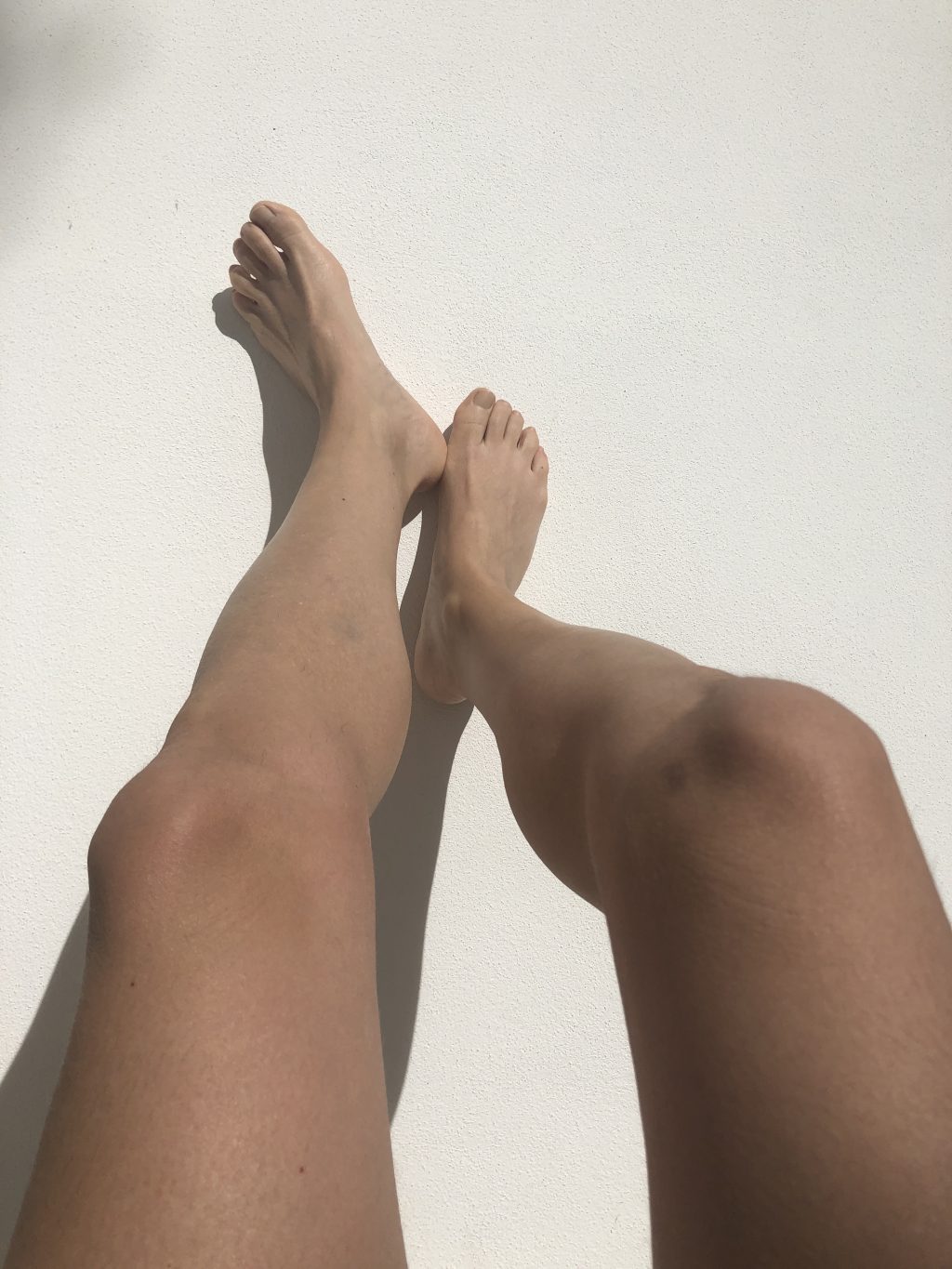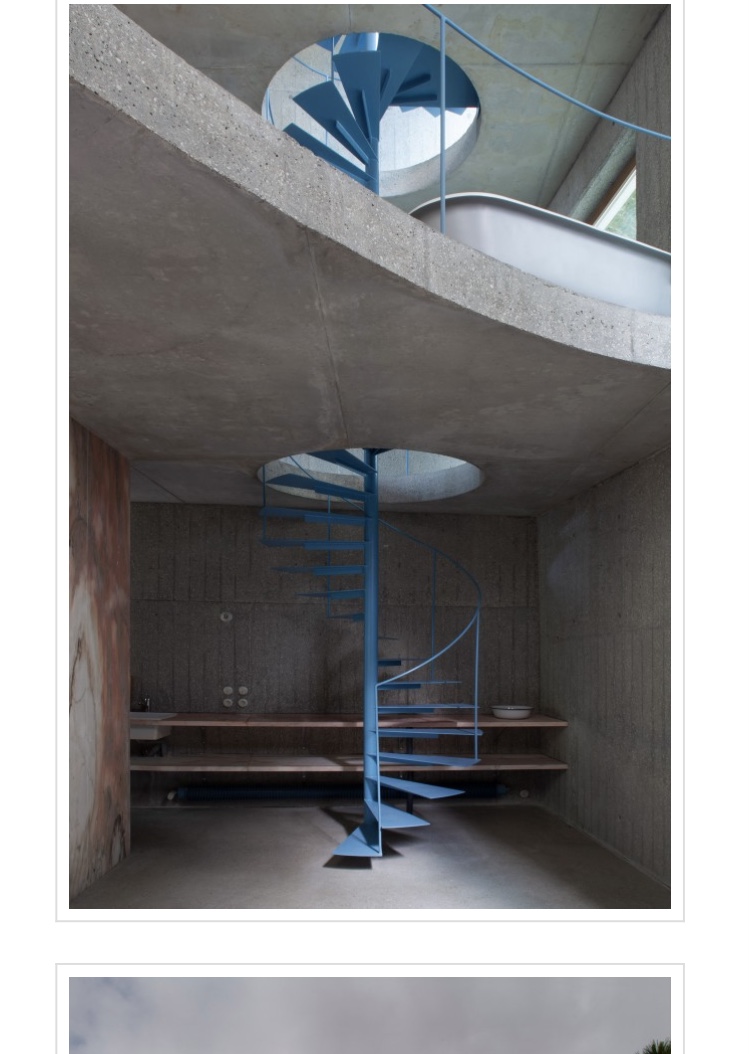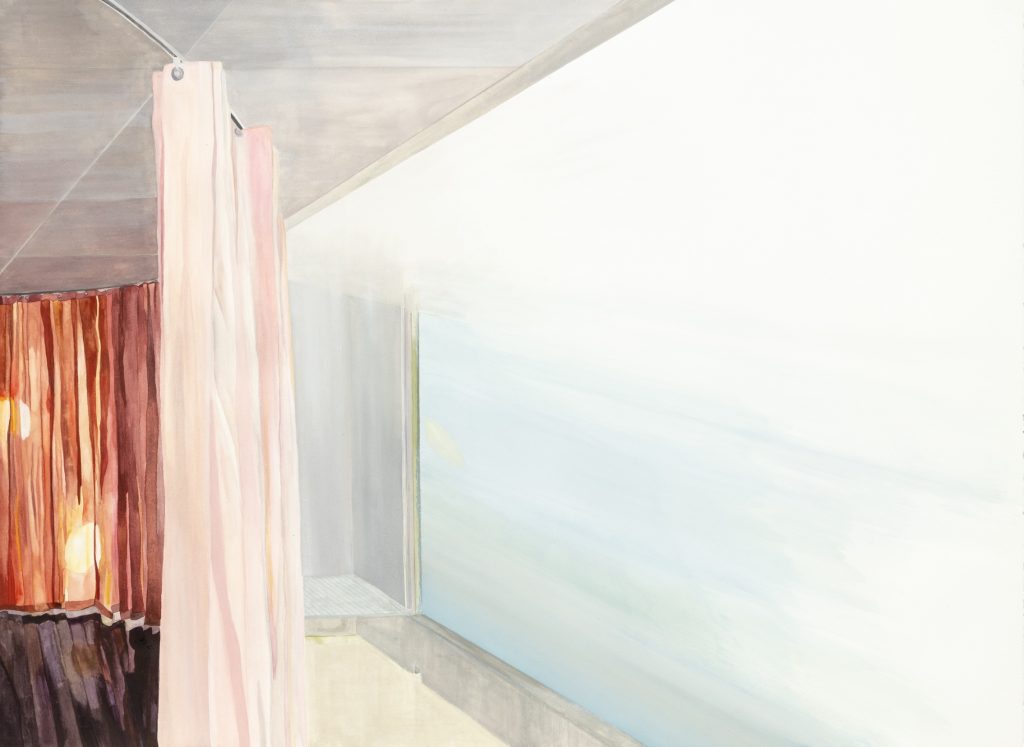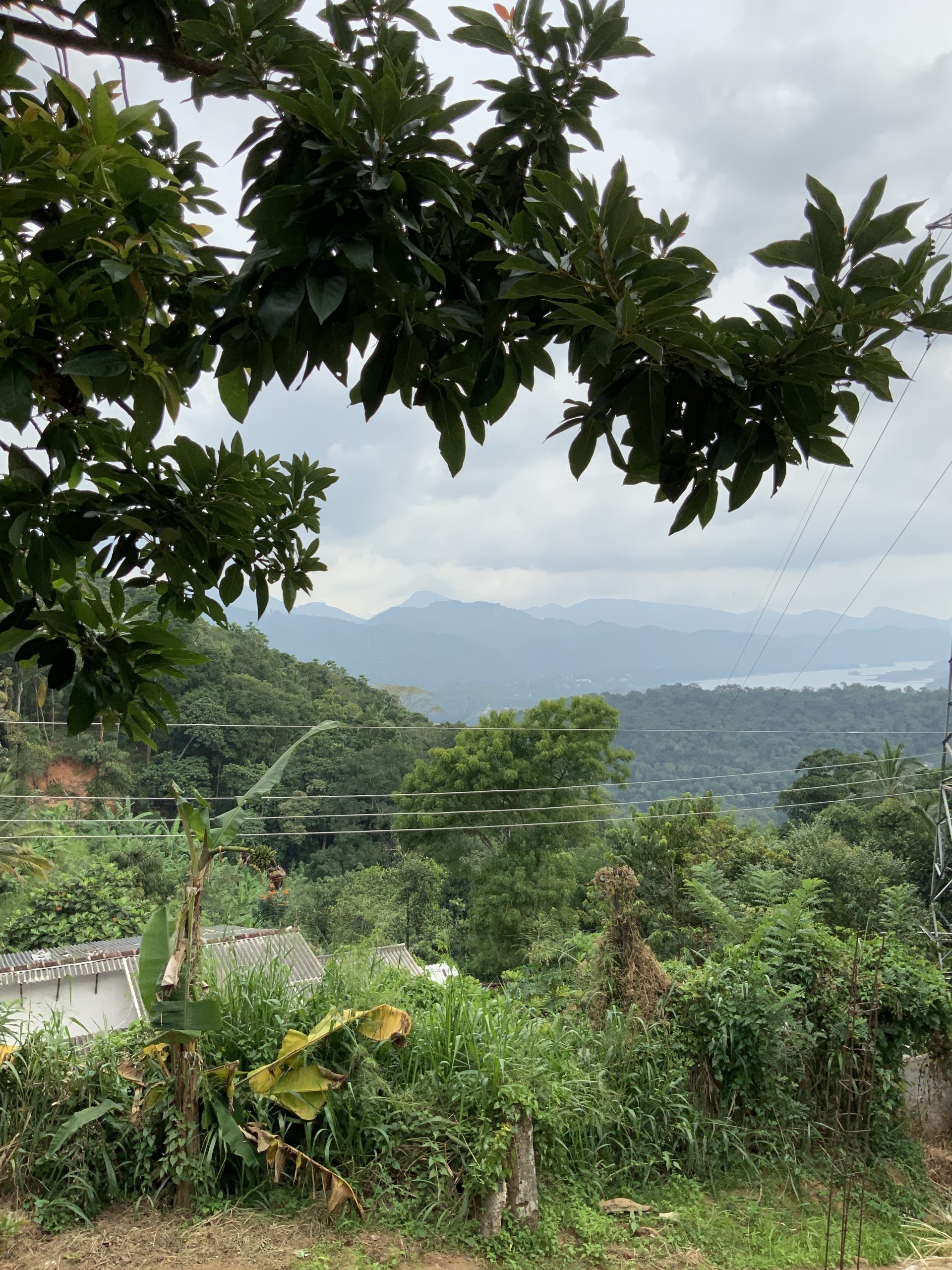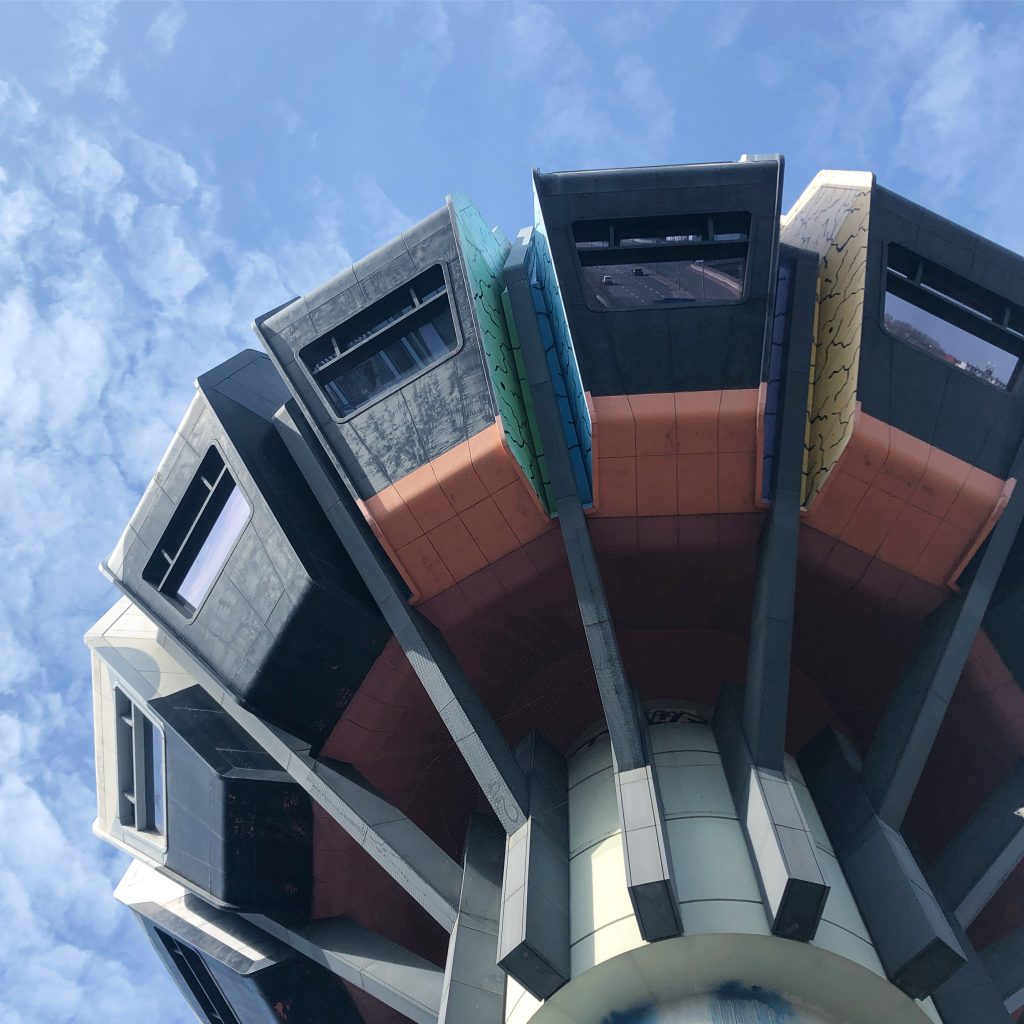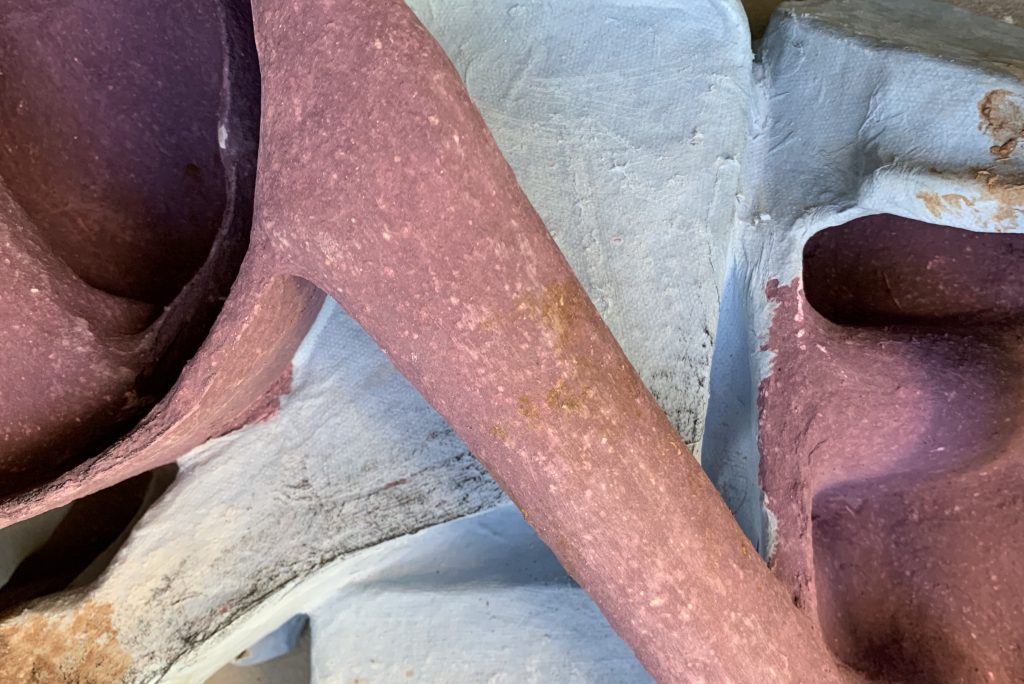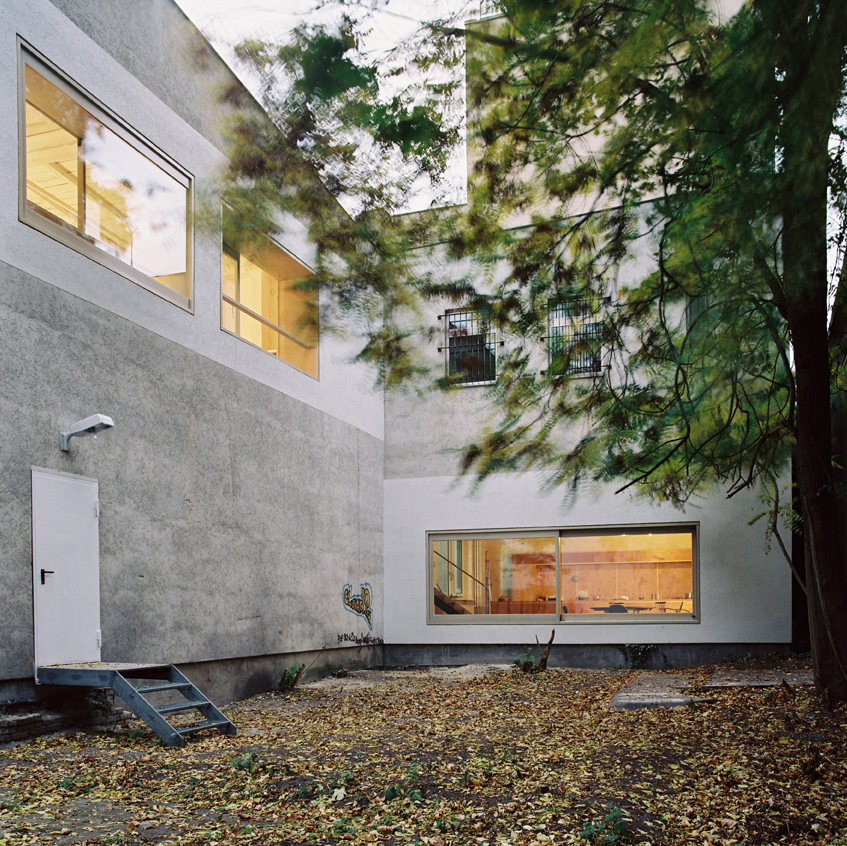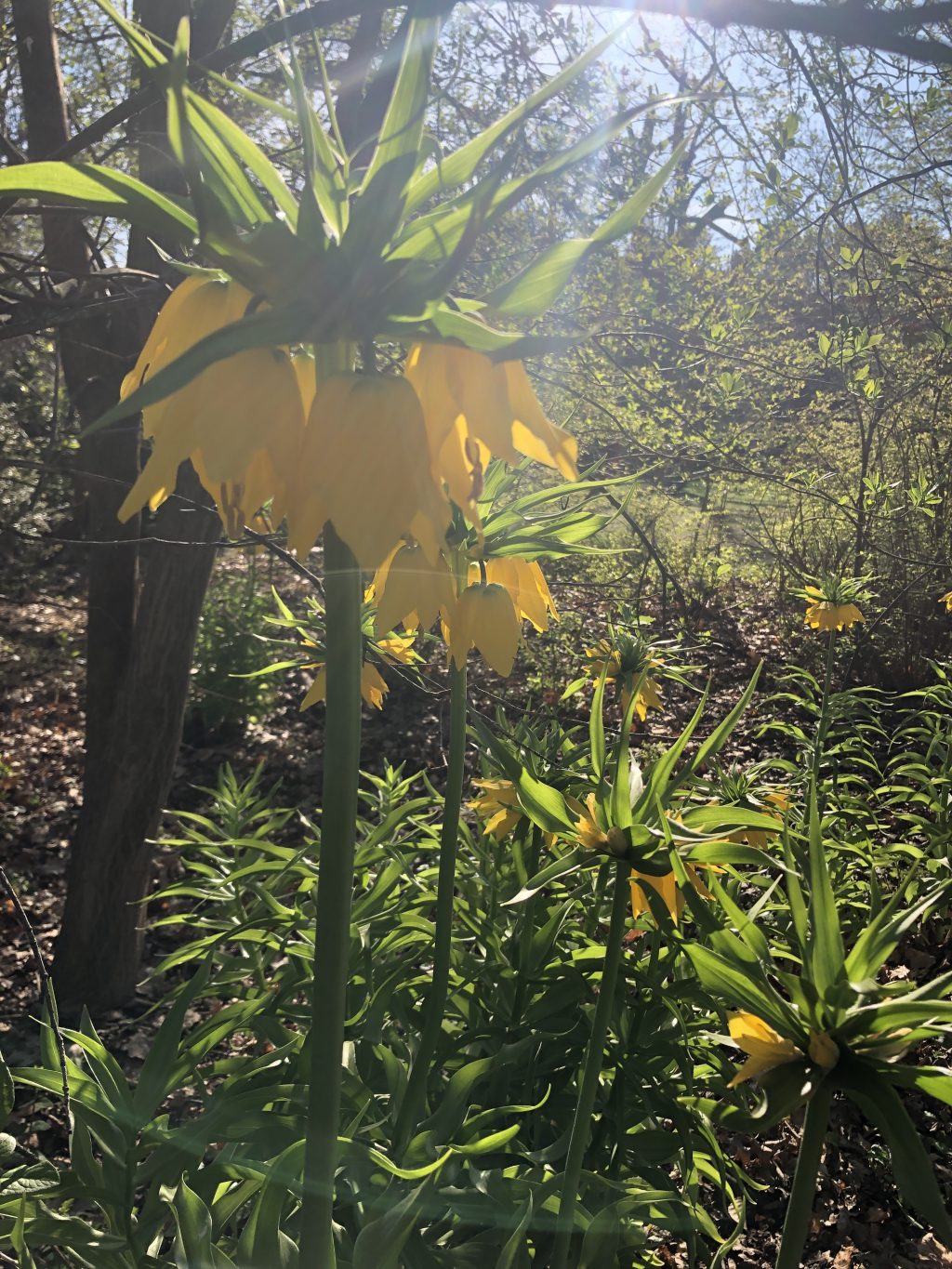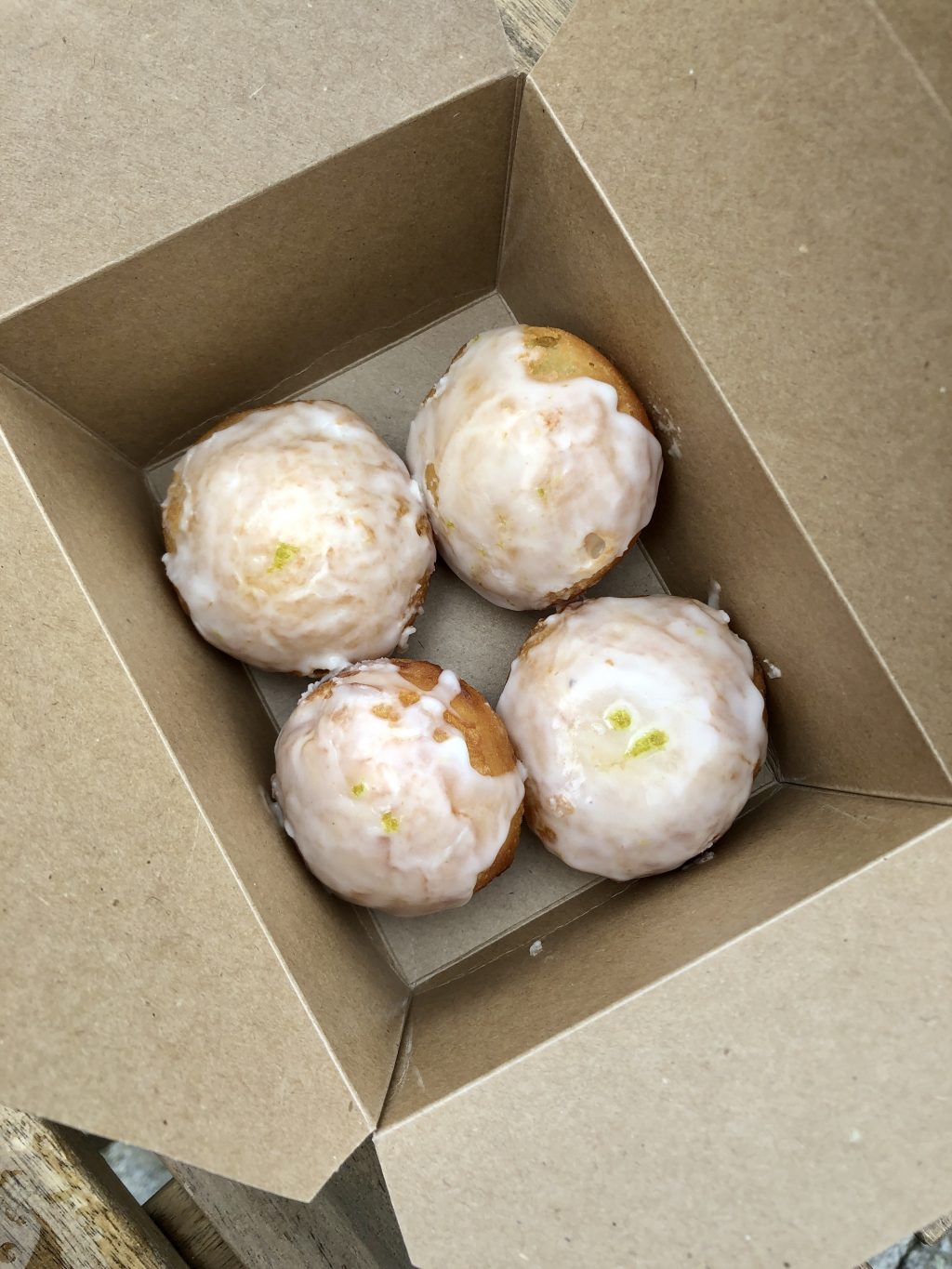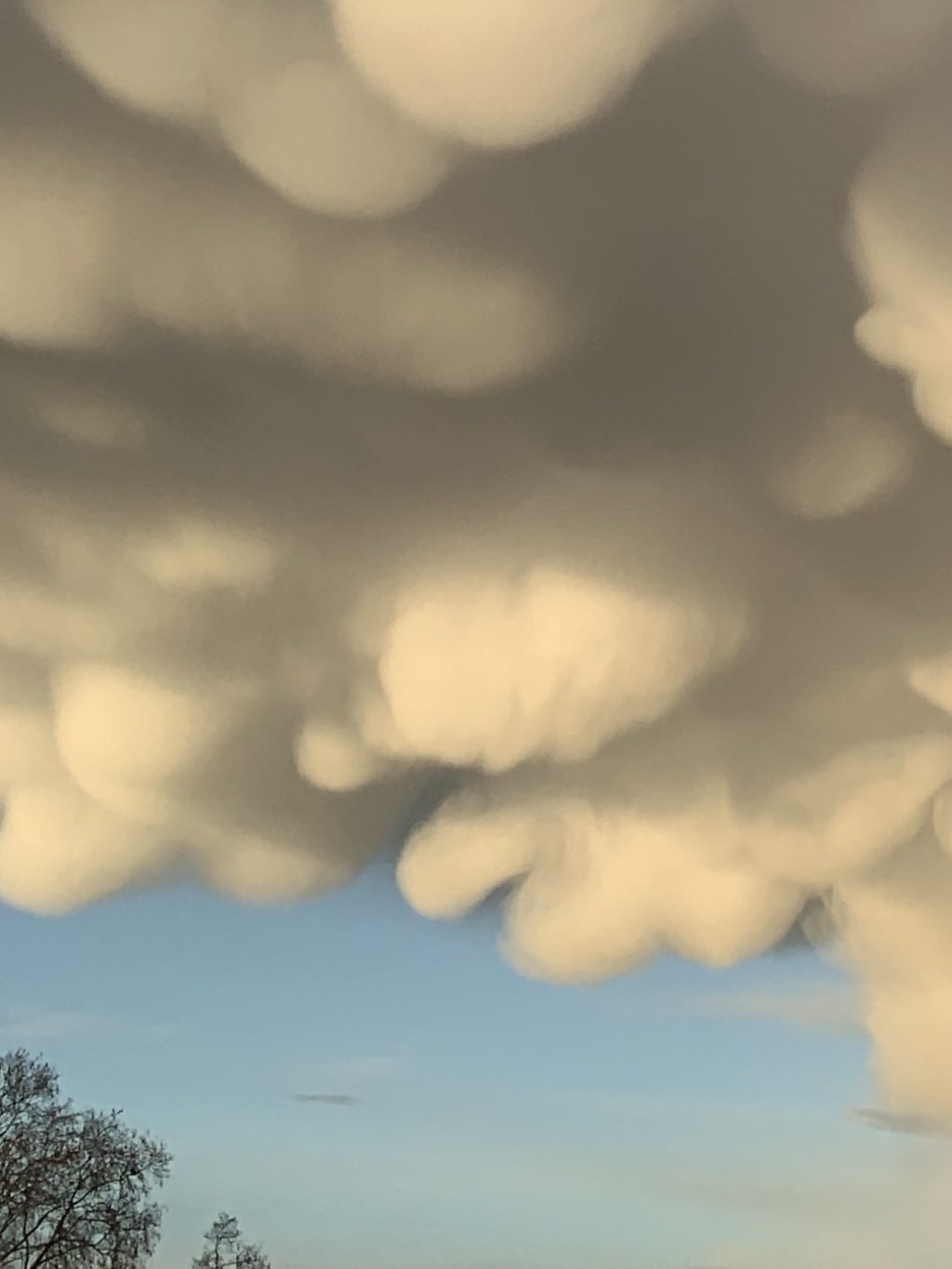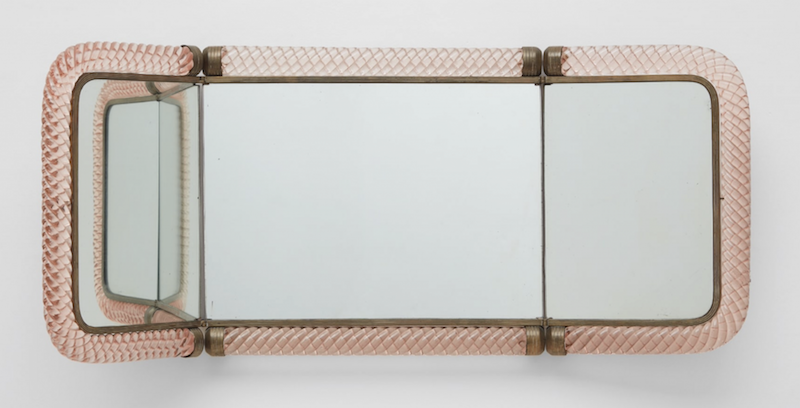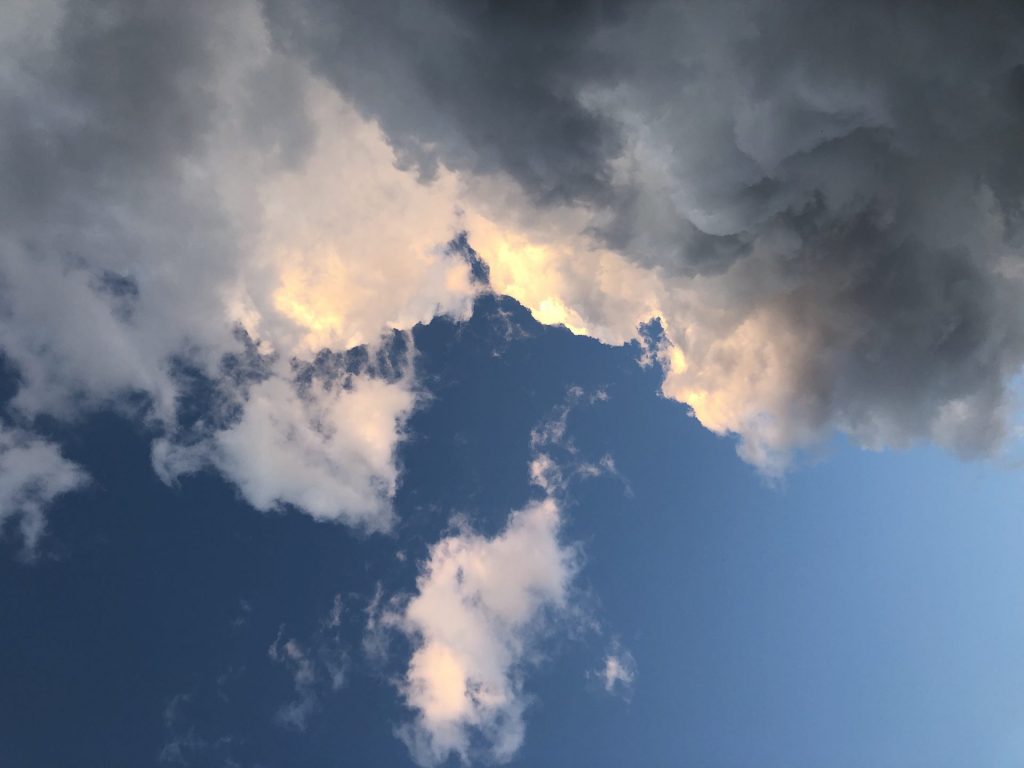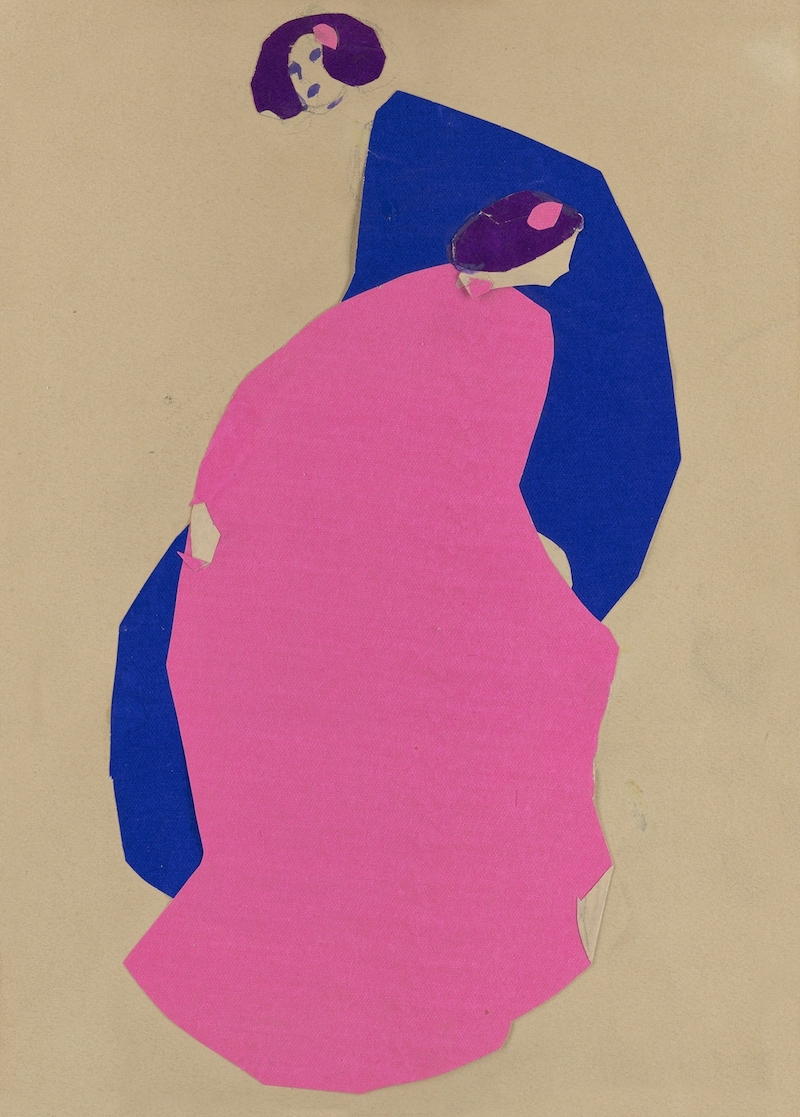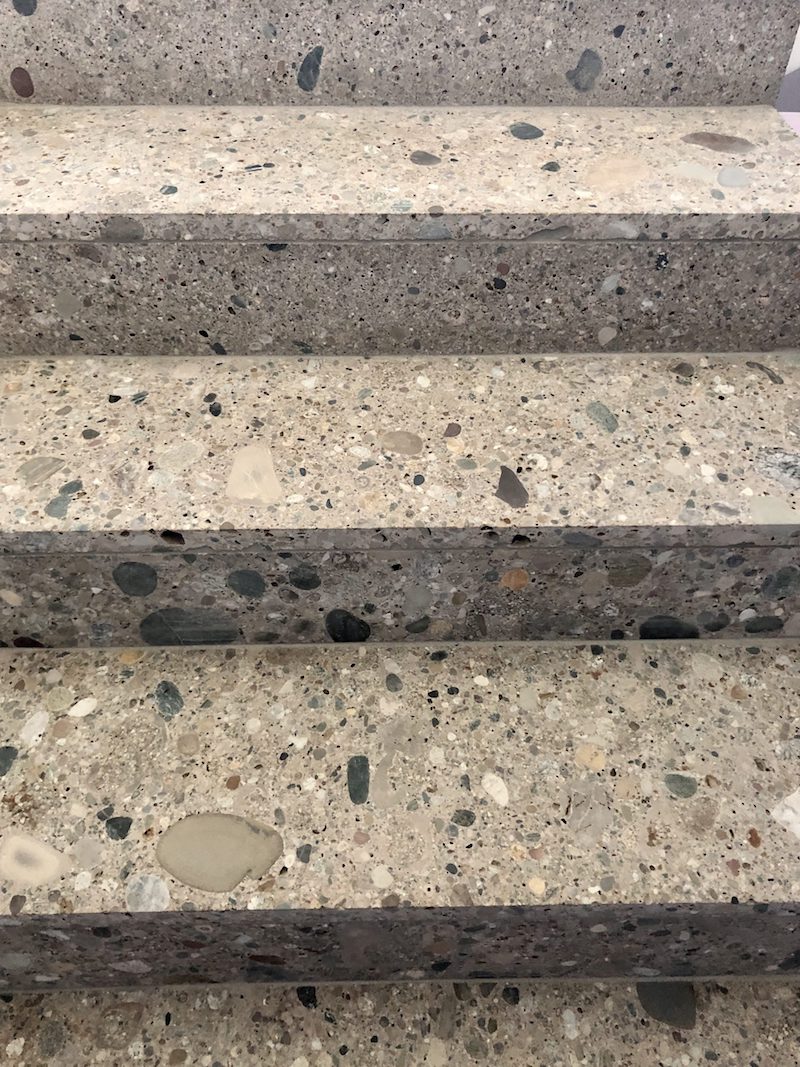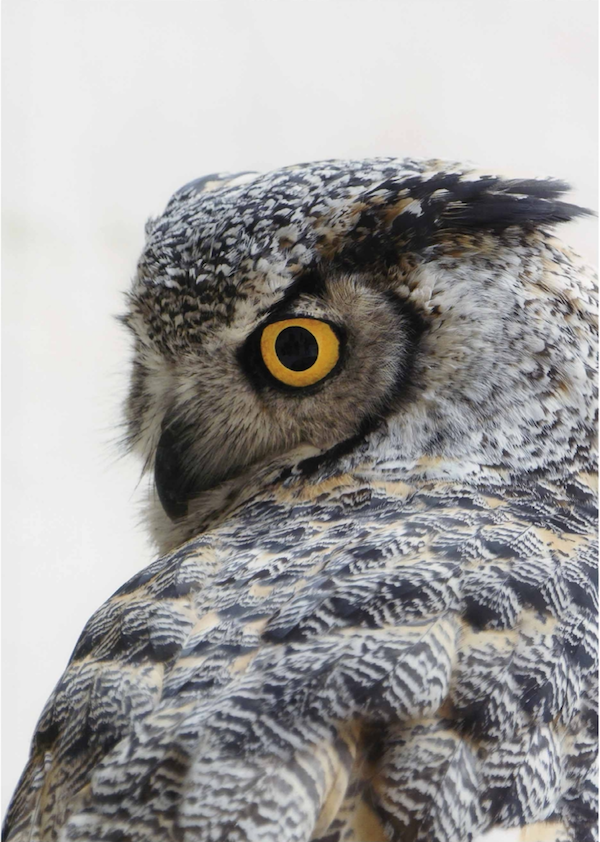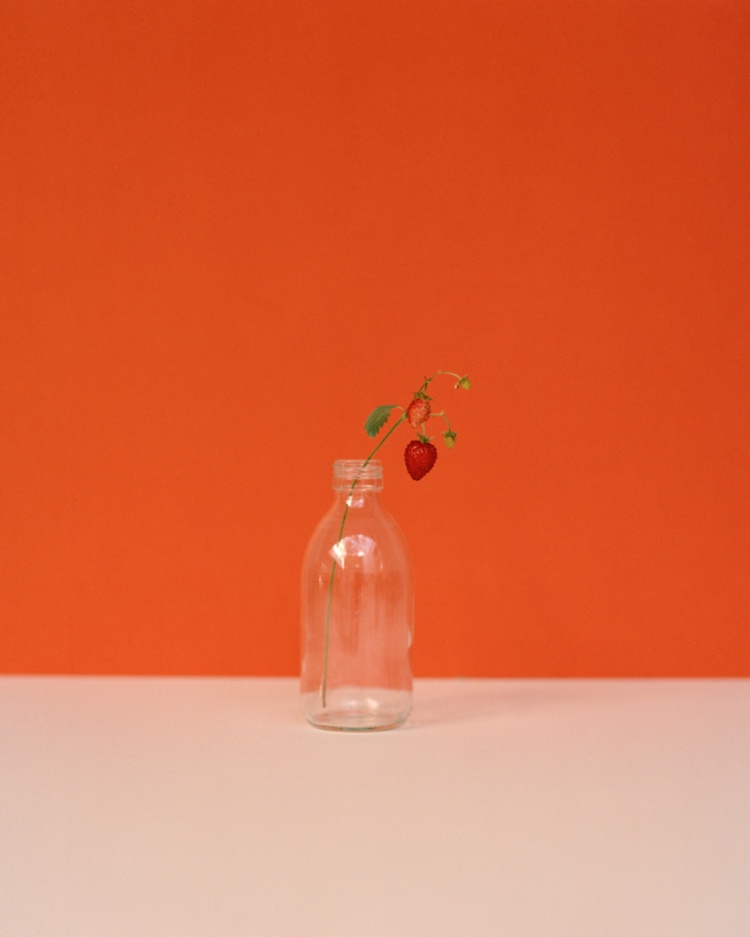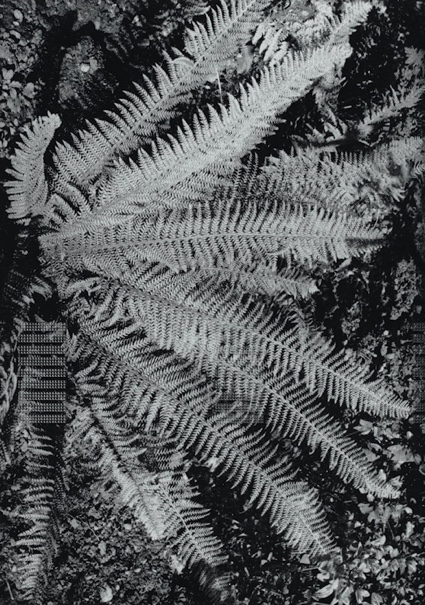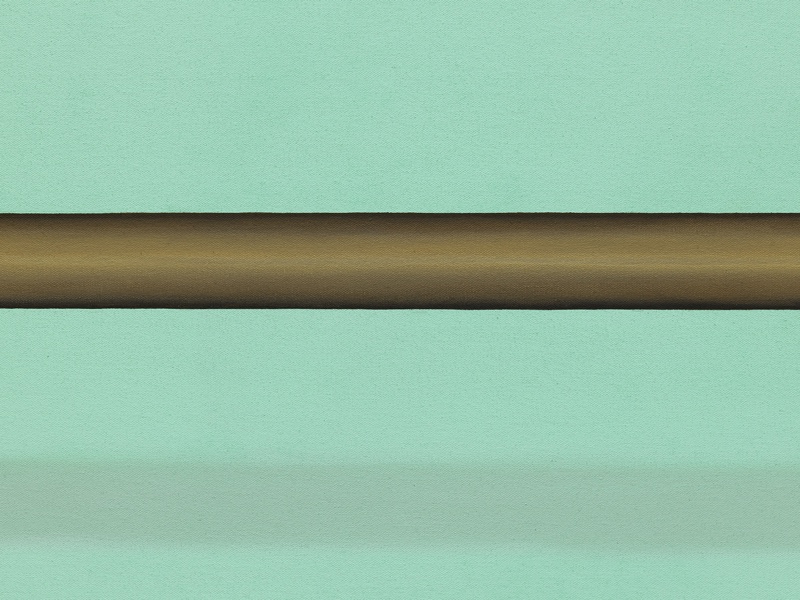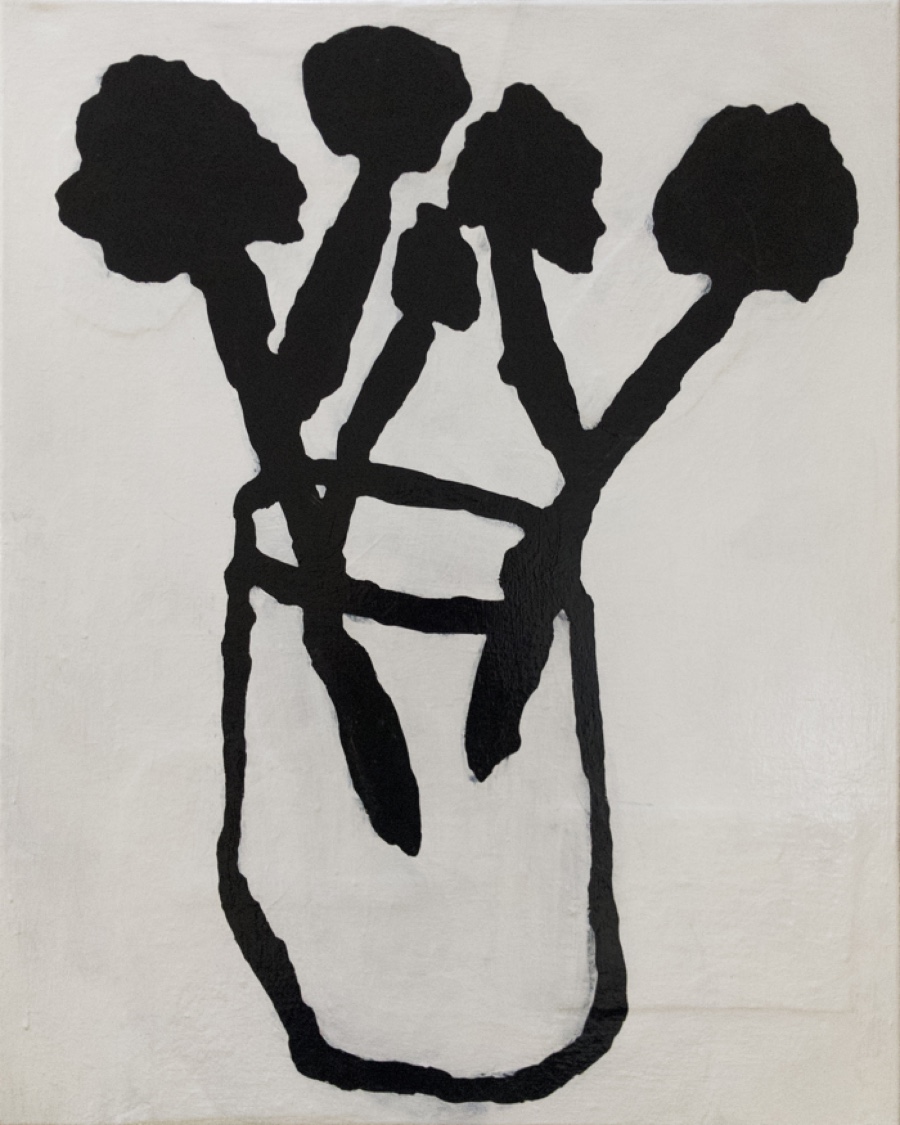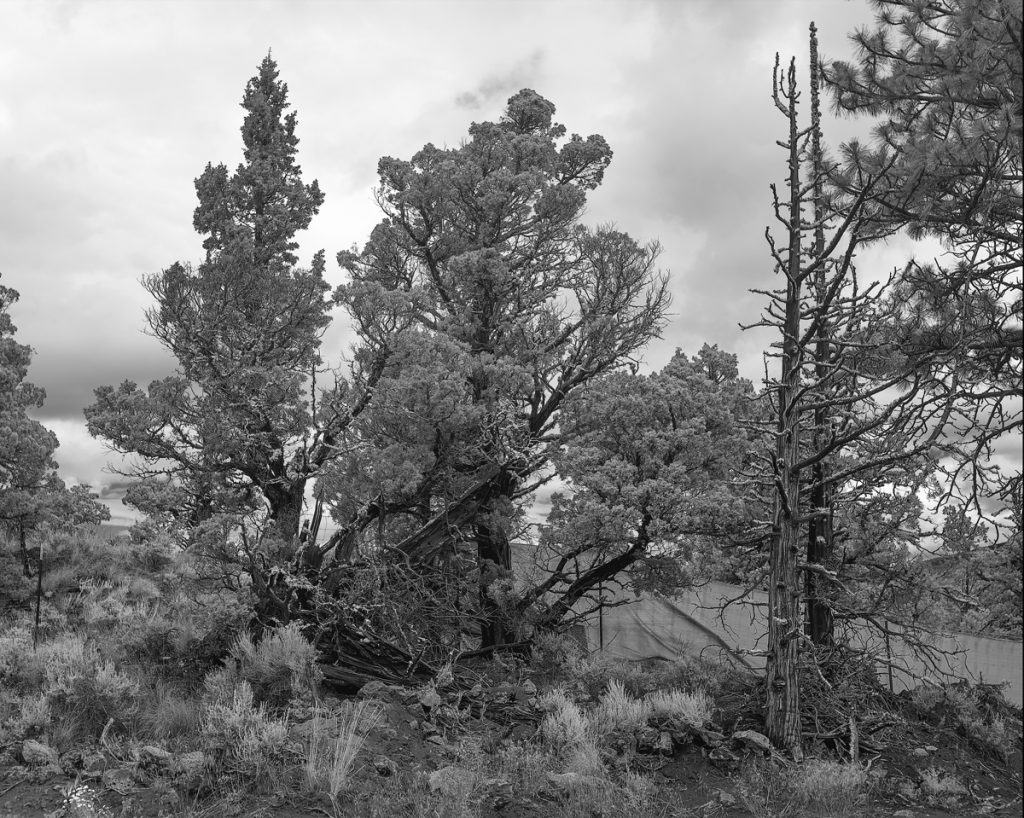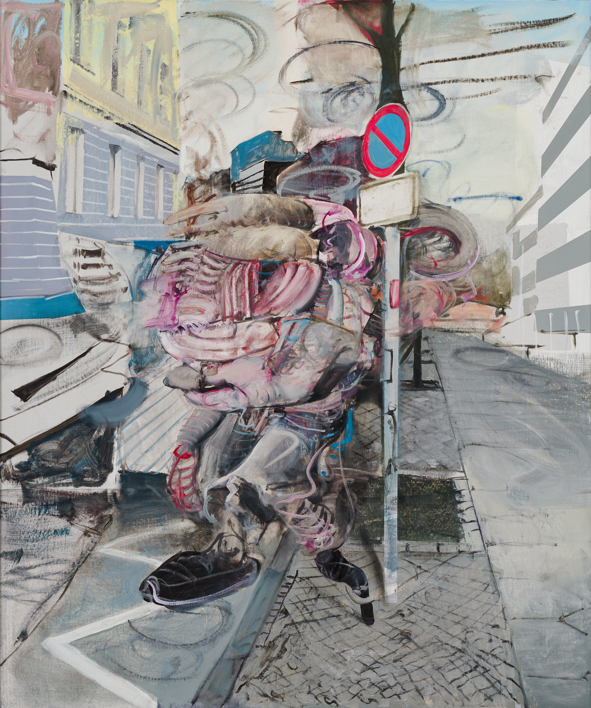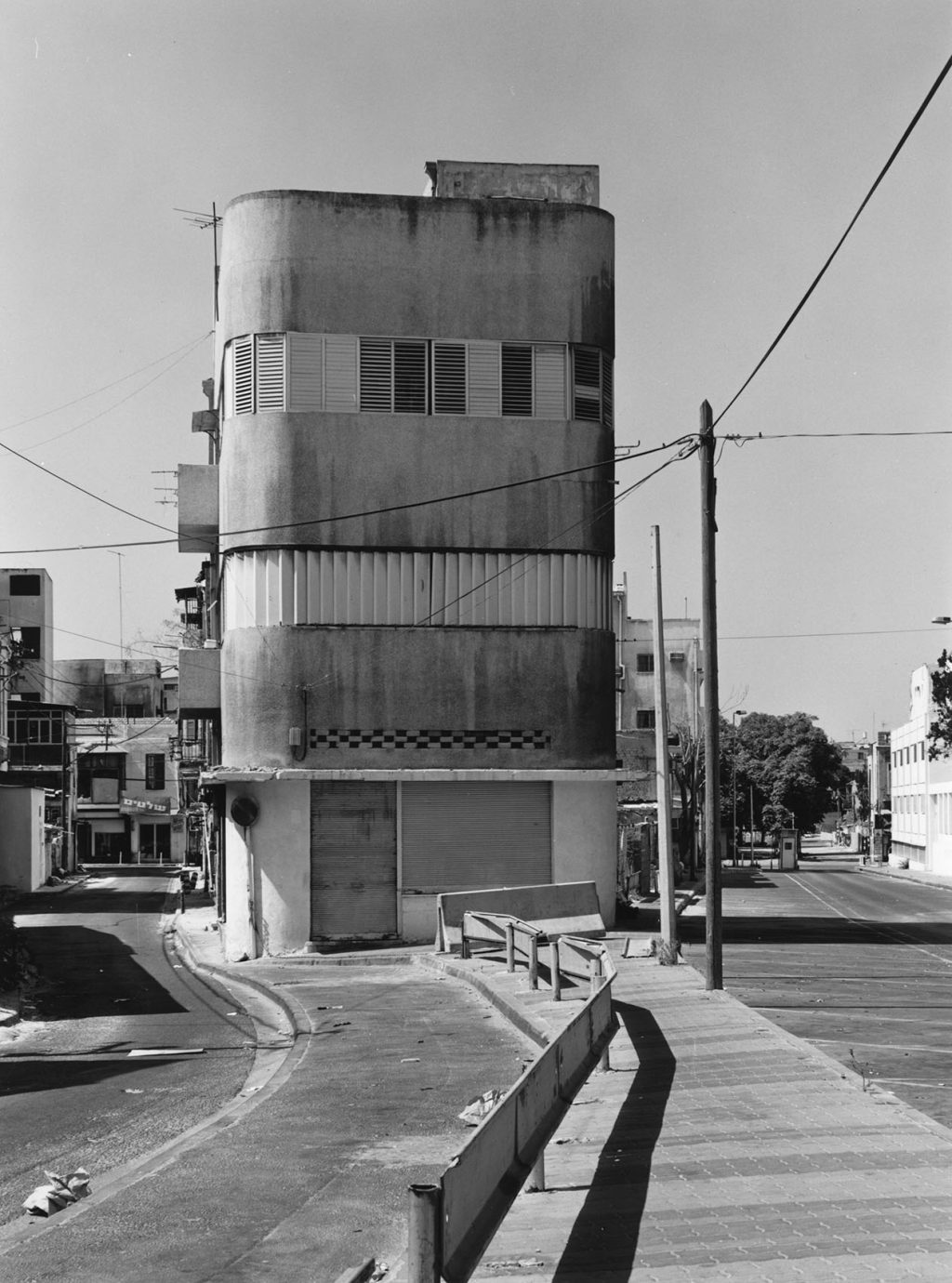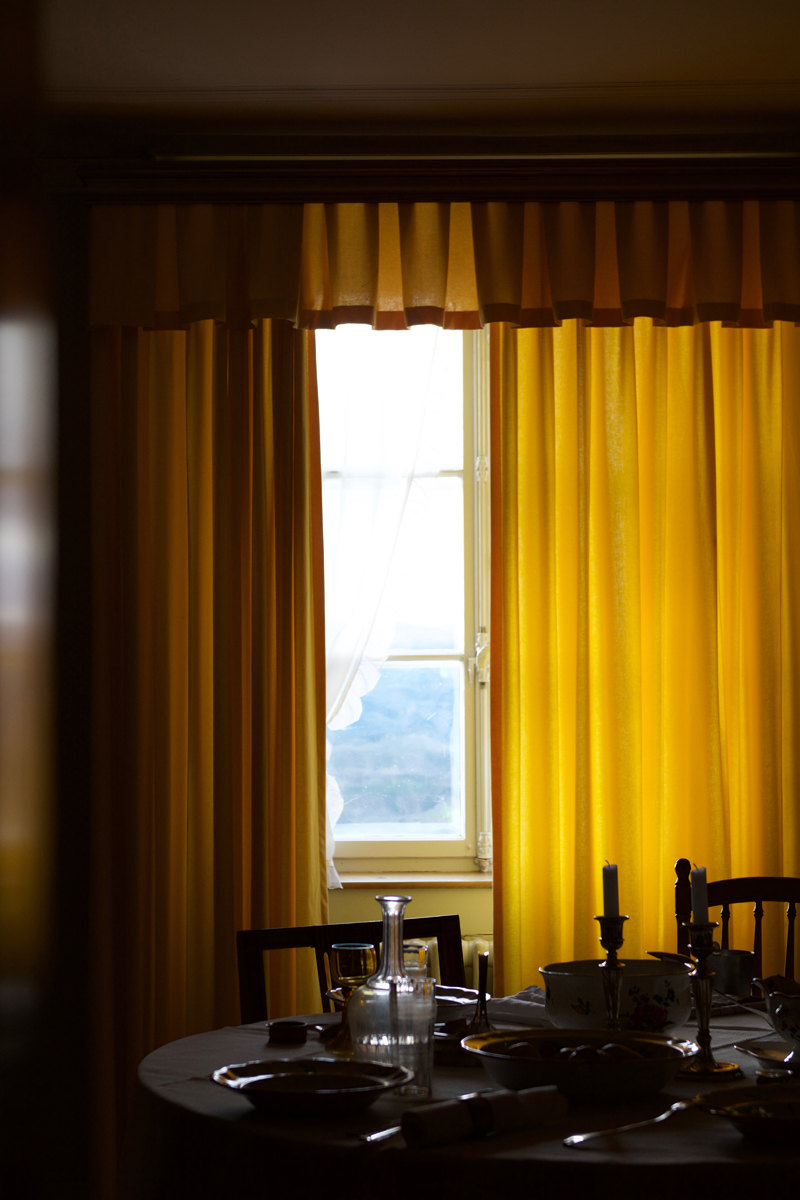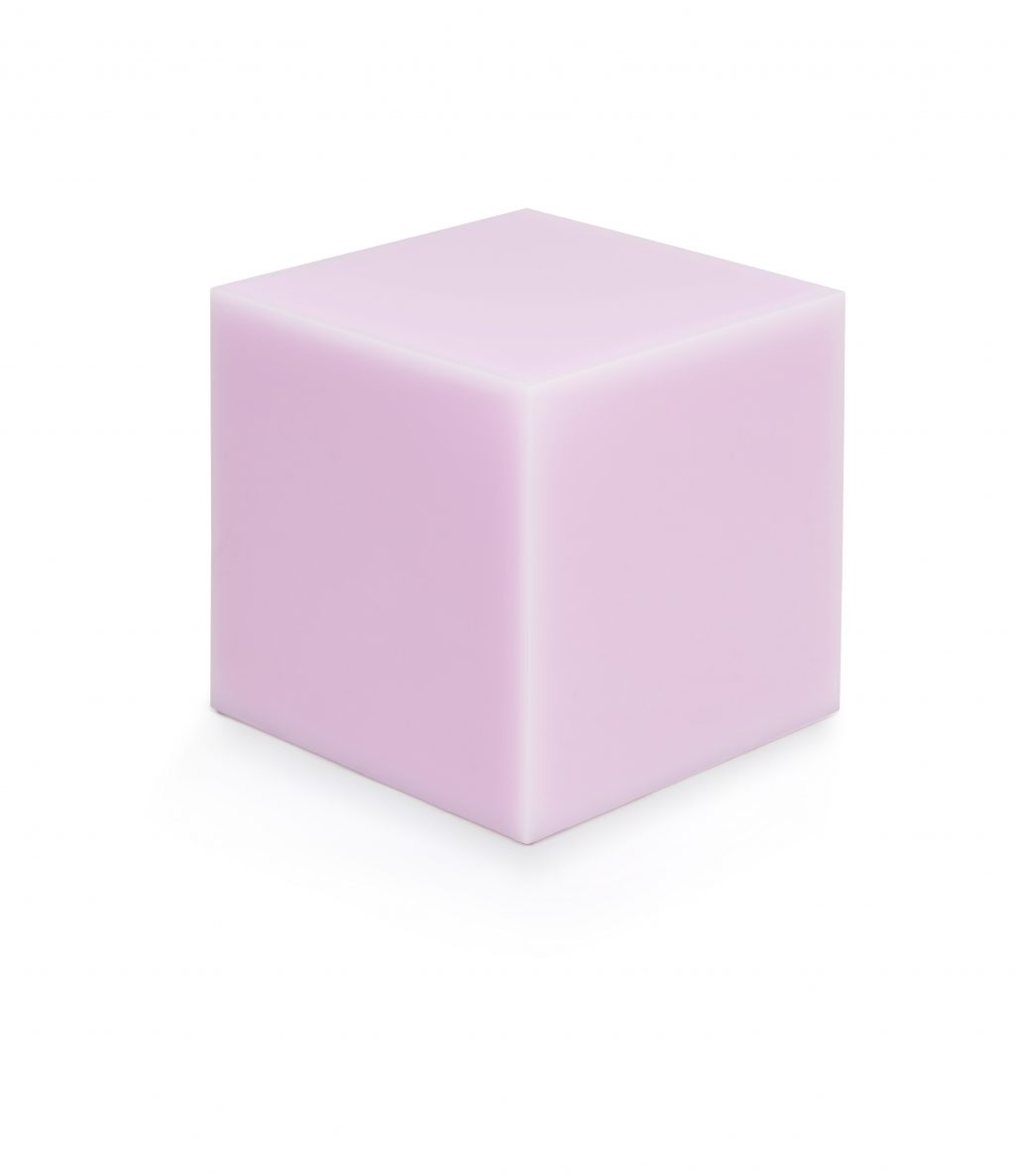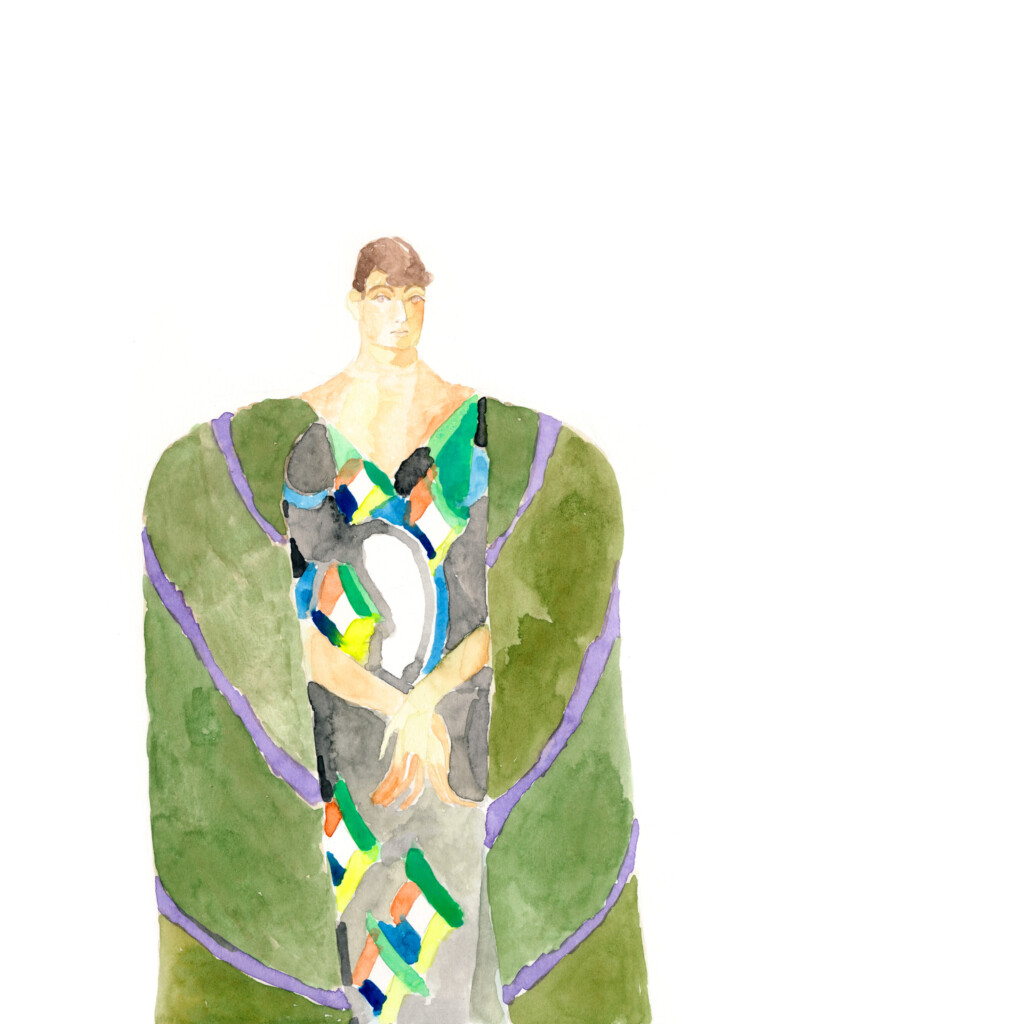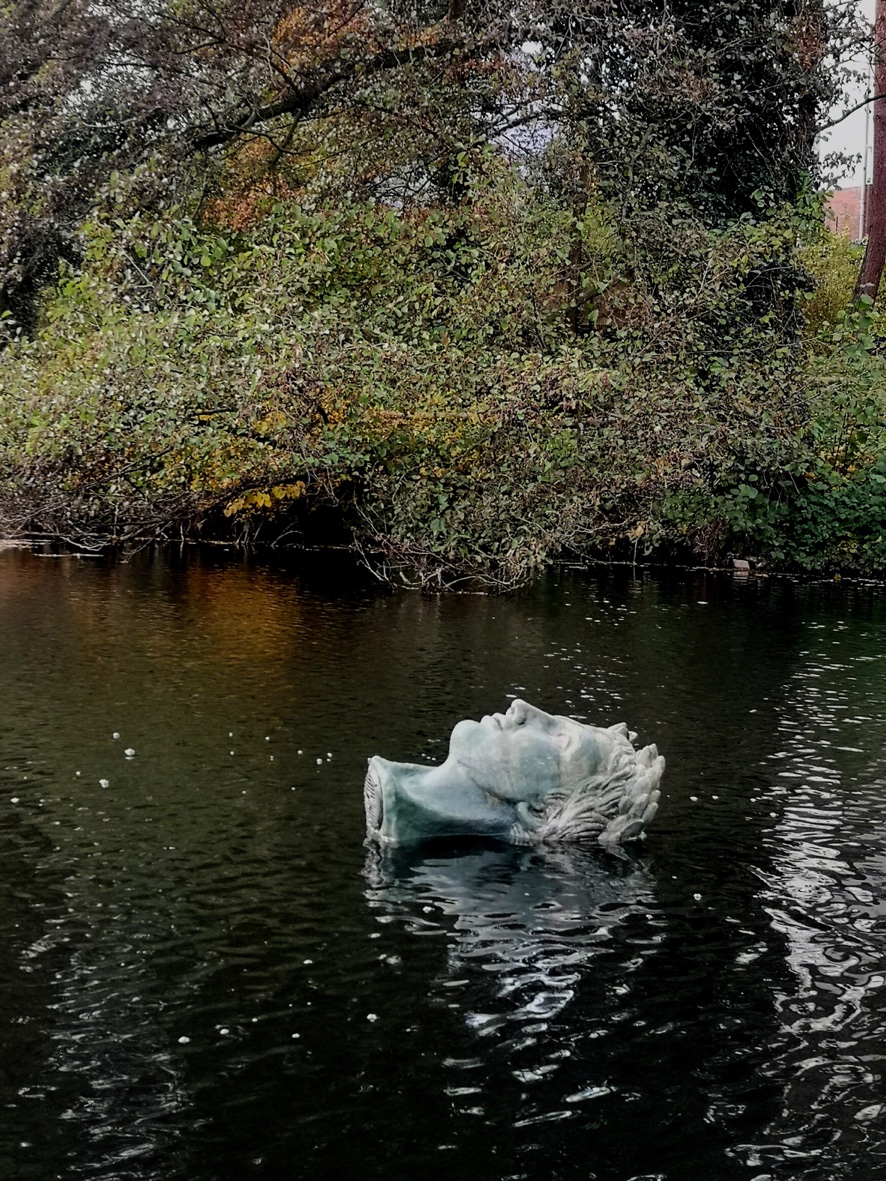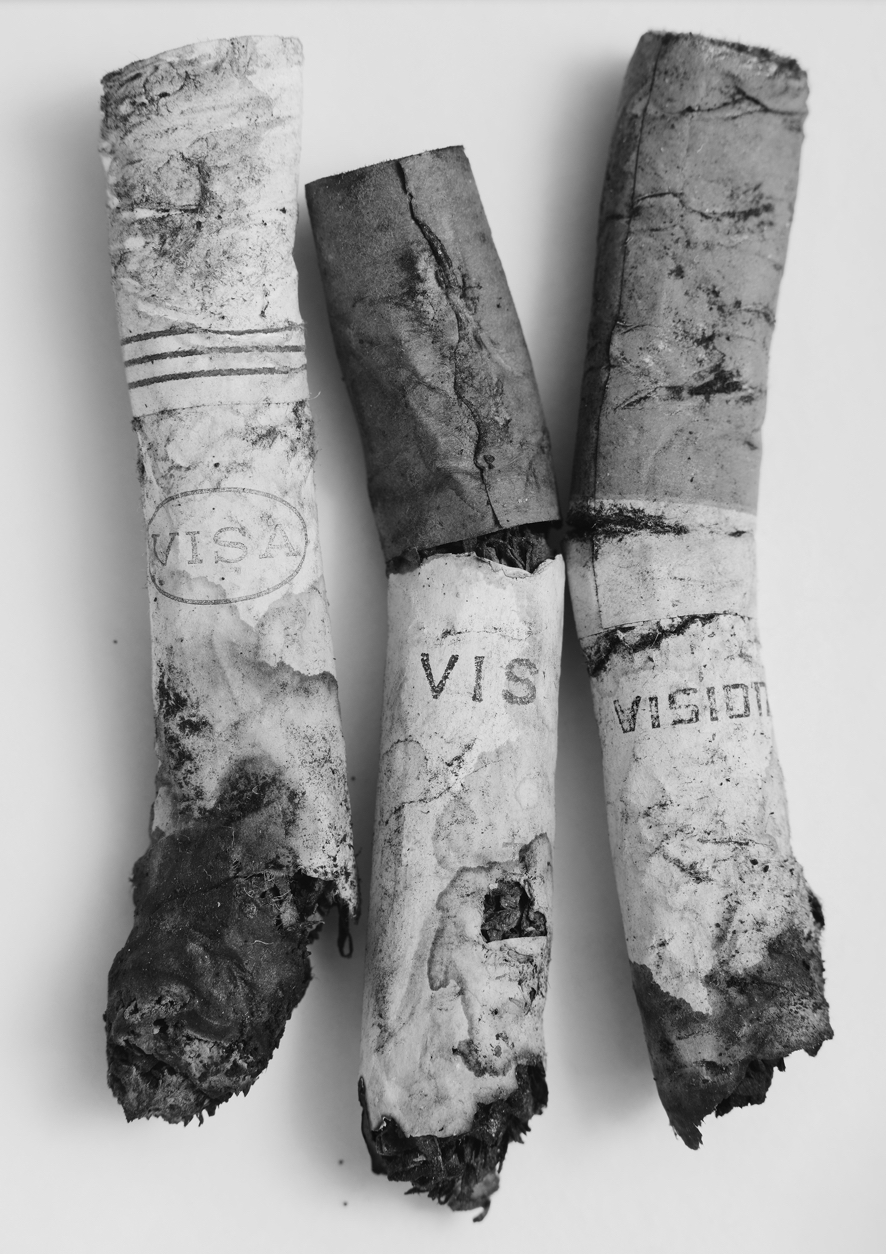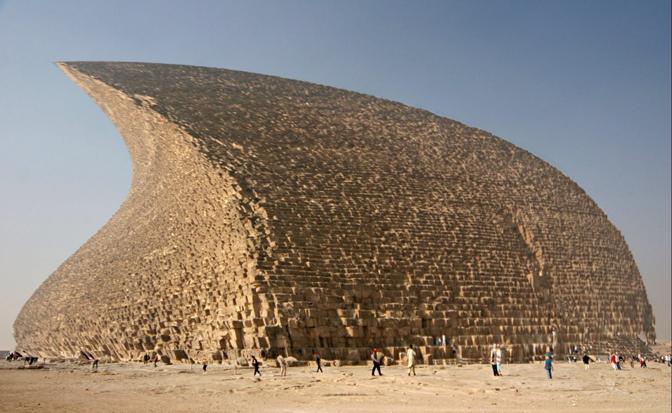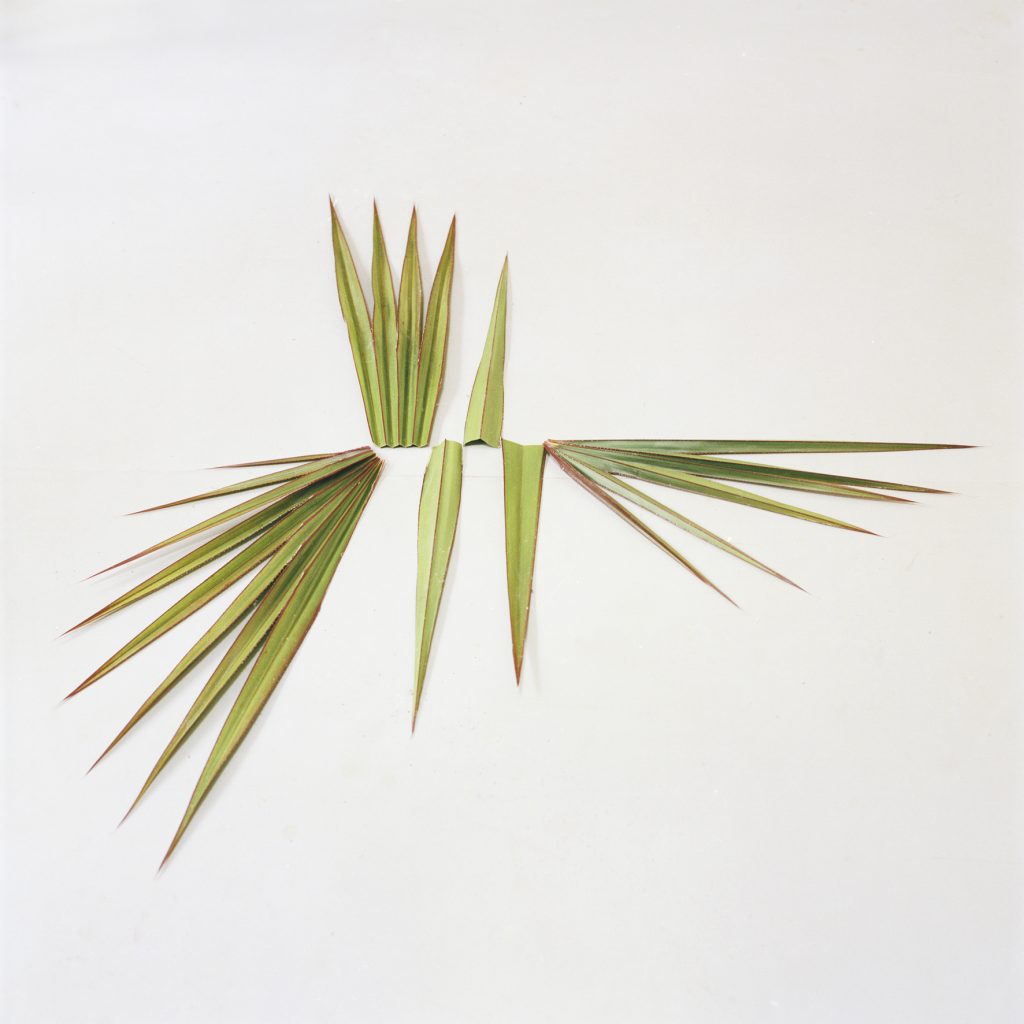Featuring some 100 works and numerous original plaster figures by Alberto Giacometti and Francis Bacon, some of which were never on display before, the Bacon Giacometti exhibition at Fondation Beyeler sheds light on the complex relationship between the two artists. Featuring four main thematic sections, a particular focus investigates the distinct isolation of space, subjects enclosed in cage-like entities.
LOUISE BOURGEOIS: THE EMPTY HOUSE AT SCHINKEL PAVILLON
Certain works of art are historically important but no longer offer us experiential quality. Louise Bourgeois, whose life spanned the 20th century used art as a way to understand herself, inventing distinct visual worlds of emotion and raw self-expression, such as the arresting structures of her famous Cells. Schinkel Pavillon invites us to revisit the last two decades of her life through a focused selection of works presented in diverse media forms.
TYPECASTING – AN ASSEMBLY OF ICONIC, FORGOTTEN AND NEW VITRA CHARACTERS
In conjunction with the Milan Design Week 2018, Vitra presents Typecasting, a panorama of 200 objects, curated by Robert Stadler. The Austrian designer looks at furniture outside conventional categories, such as their functional uses or historical origins. Instead, he regards them as characters, arranged in groups that reflect discernable behavioural patterns and personality types in contemporary society.
EDUARDO PAOLOZZI: LOTS OF PICTURES – LOTS OF FUN, BERLINISCHE GALERIE
Pin-up girls, comic book heroes and supermarket products collide. A diverse mix of structures brushed in colour to make the history of Pop Art. Eduardo Paolozzi’s pictorial worlds, man and machine in action are inspired by the artist’s fascinations with science and technology. This exhibition makes a close-up on his experimental work between the 1940s and the 1970s and his productive year in Berlin in 1975.
NIGHT FEVER: DESIGNING CLUB CULTURE – TODAY, VITRA DESIGN MUSEUM
Night Fever is the first exhibition to offer a comprehensive overview on designing nightclubs. From Radical Design clubs of the 1960s to the legendary Studio 54 in New York and more recent concepts by the OMA architecture studio for the Ministry of Sound in London, this exhibition features films, original photographs, posters, flyers and garments, to take visitors on a fascinating tour into the glamorous, avant-garde energies of nightlife.
50 YEARS OF PANTON CHAIR – VITRA CELEBRATES AN ICON
Years after a joint partnership between Verner Panton and Vitra, the Panton Chair was launched into production in 1967, to be the first all-plastic cantilever chair to be manufactured in one piece. Created with a revolutionary technique even by today’s standards, its unique design symbolized an era. Now, 50 years later, Vitra celebrates this timeless icon by releasing two limited editions that bring lustre and luminosity to its original curves: a Panton Chrome and a Panton Glow.
VGGG BUILDING BY GONZALEZ HAASE AAS
Tucked away between two older buildings, vGGG is a stylish housing cooperative project consisting of three residential units. The building’s location is crucial to its aesthetic preferences: Ohmstrasse, a quiet haven of sorts, dates back to the “founding era” of Berlin, which makes the realisation of modernist architecture a bit of a challenge. To resolve this, Gonzalez Haase’s creative design approach conceived the building from the inside out, allowing it to genuinely interact with its environment.
MONICA BONVICINI AT BERLINISCHE GALERIE
Be it through gender, sexuality, or by looking into the ability of architecture to influence our spacial movements, Monica Bonvicini continually explores themes of power and control. Conceived for the large exhibition hall of the Berlinische Galerie, Bonvicini’s new installation examines the meanings of the term “façade” in the built environment. The site of the installation itself here becomes a scene to experiment with the boundaries between the artwork and the spectator.
DESIGN DISPLAY’S EXHIBITION #5 ON DESIGN AND DEMOCRACY
Design doesn’t only apply to graphics, objects, user interfaces or spaces, it also relates to social processes and complex systems. Democracy is one such system, a structured process, not a given. The 5th edition of the exhibition series Design Display examines how design intersects with democracy to make changes in society. On one side of the exhibition, PlanBude promotes ideas of public inclusion in design. On the other side, blockchain technology is presented in light of its infinite online applications.
TOGETHER! THE NEW ARCHITECTURE OF THE COLLECTIVE AT VITRA DESIGN MUSEUM
As real estate prices in big cities continue to skyrocket, conventional ideas of housing development prove unable to meet demands. The reaction to these challenges has been a silent revolution in contemporary architecture towards collective building and living. Using models, films, and walk-in displays, Vitra Design Museum’s exhibition Together! The New Architecture of the Collective addresses this global phenomenon by presenting an array of key collective projects from Europe, Asia, and the United States.
GRILL ROYAL – SURF ’N’ TURF IN THE FRIEDRICHSTRAßE
It is customary to describe Grill Royal as an institution – much more than a luxe restaurant boasting one of the city’s most extensive steak menus, it is an open and dynamic meeting place, exuding an offbeat sense of intimacy. The vision of owners, Boris Radczun and Stephan Landwehr, was seemingly straightforward; a restaurant where one could dine exquisitely, in good company, stumbling on an unlikely location along the Spree. A special treat is the extensive wine listed, hand-selected by Andrea Kauk and her team of sommeliers.
RÊVERIES URBAINES, RONAN & ERWAN BOUROULLEC SHARE THEIR IDEAL URBAN SETTINGS
Internationally renowned industrial designers Ronan and Erwan Bouroullec reveal the results of their ongoing research at the Vitra Fire Station in Rêveries Urbaines. The exhibition lists new forms and concepts in what can be seen as a wide-ranging study of possible development solutions for cities. Unlike the duo’s usual domestic approach to design and focus on the individual, the exhibited propositions focus on public spaces and the relationship between residents and the city.
WEHRHAHN LINE DUSSELDORF
Fifteen years in the making, the recently acquired U-bahn expansion of Dusseldorf’s Wehrhahn lineis a refreshing approach to inner-city mobility and a nod to the future possibilities of public transport aesthetics. Collectively designed by artists, architects and engineers from the very outset, the ambitious project offers an unparalleled art and architecture experience to commuters who are invited to immerse themselves in soundscapes, geometric animations and sculptural installations.
MAKING HEIMAT – THE GERMAN PAVILION 15TH ARCHITECTURE EXHIBITION – LA BIENNALE DI VENEZIA
For the 15th Venice Architecture Exhibition – La Biennale di Venezia, contributing artists cut into the walls of the historic pavilion building to address the pressing refugee situation. A powerful metaphor of openness emerges and encourages a discourse on new ideas and reliable approaches to the integration of asylum seekers. With the exhibition Making Heimat. Germany, Arrival Country the DAM uses examples from Germany’s Arrival Cities to pose for discussion a series of theses developed in collaboration with the Canadian author Doug Saunders.
RADICALLY MODERN URBAN PLANNING AND ARCHITECTURE IN 1960S BERLIN, BERLINISCHE GALERIE
Destroyed in the Second World War and divided by the Wall, Berlin experienced a veritable construction boom during the 1960s. Inspired by the spirit of a new beginning and technological euphoria, urban planners and architects designed radical new cityscapes for a modern society. The exhibition Radically Modern takes a look at the context of this architecture’s emergence, examining formal aspects and underlying international influences on the architecture developed in both East and West sides of the city.

